-transformed.jpg)
-
(GMT)OPENING CEREMONY
-transformed.jpg)
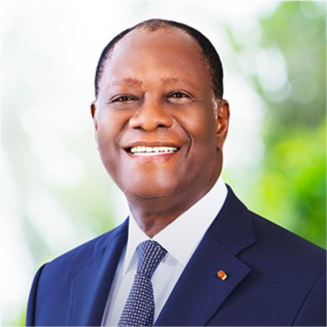
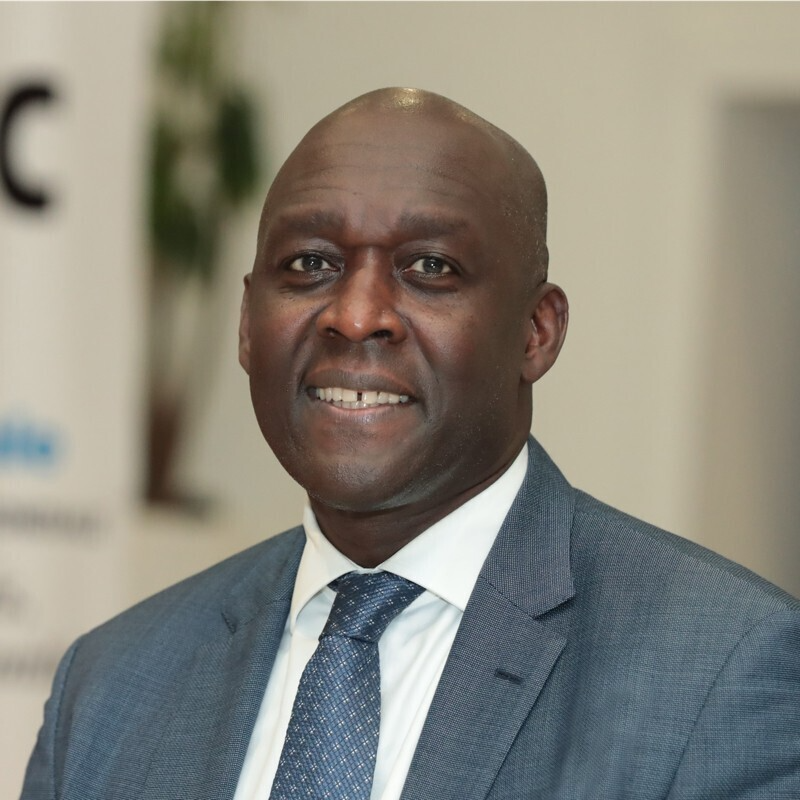
-
(GMT)OPENING PANEL
Can a New Deal between state and private sector deliver the continent a winning hand?The global resurgence of economic nationalism is shaping Africa’s growth prospects, giving fresh urgency to reshape the partnership between private and public sectors. The continent’s resilience remains tied to agricultural self-sufficiency, financial innovation, digital acceleration, and industrial capacity, but its success depends on a strengthened synergy between the public and private sectors. Historically, nations that have successfully undergone economic transformation have combined strategic public investment with entrepreneurial dynamism. In this context, how can Africa structure a “New Deal” between the state and the private sector to accelerate its development?
Key points:
- Improvement of governance and accountability: How can African governments foster a more business-minded approach to policymaking?
- How should Africa act now to capitalise on a closing industrialisation window in energy, labour and manufacturing?
- Accelerated Continental Free Trade Agreement implementation: Can the AfCFTA pool African economic power in a confrontational world?
-transformed.jpg)
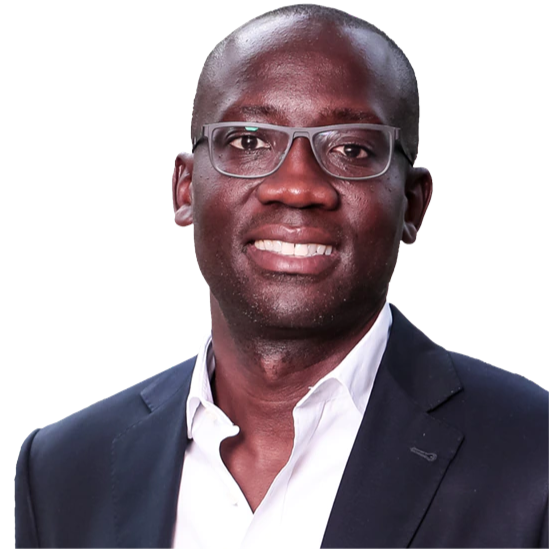
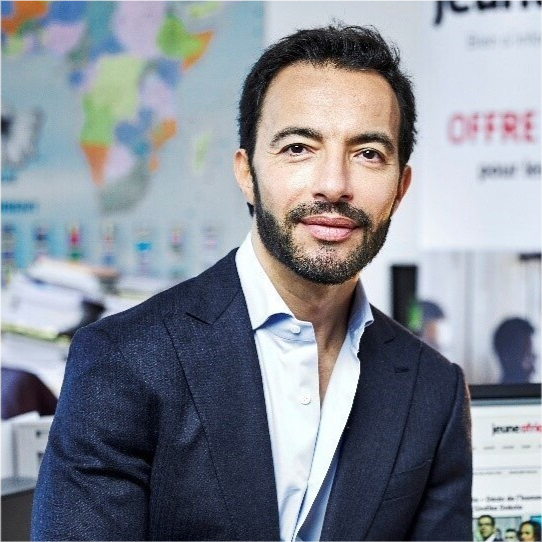
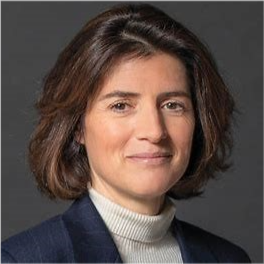
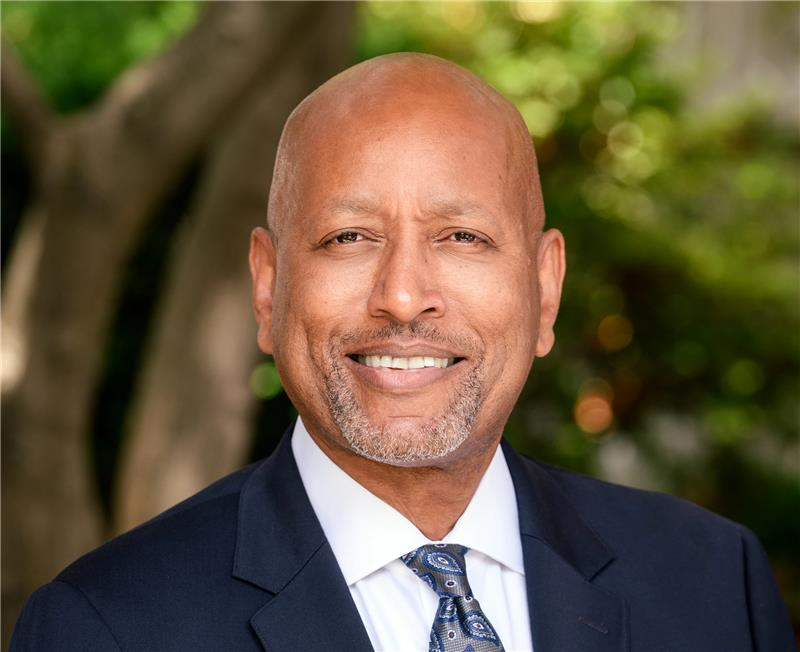
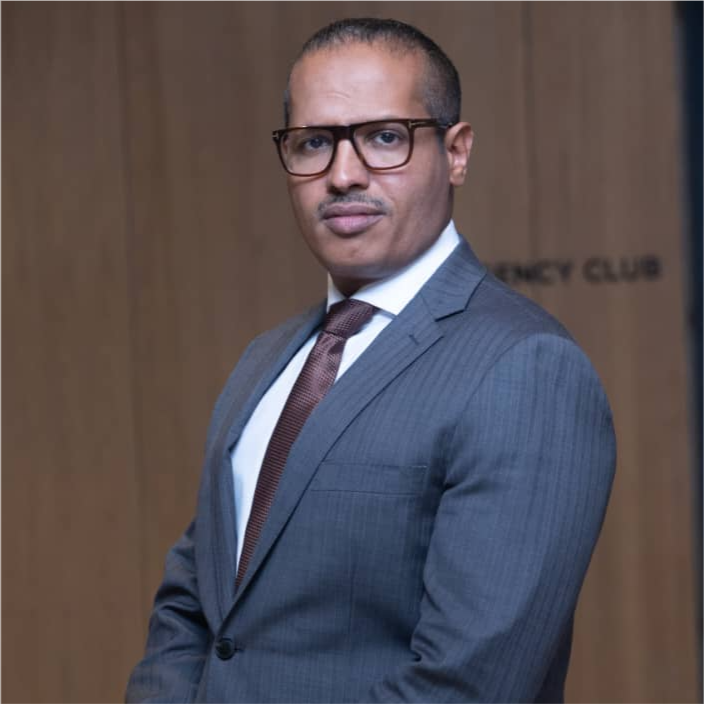
-
(GMT)PRESIDENTIAL PANEL
Towards a powerful Africa: The road to economic, political and commercial integration?A shifting global balance, driven by the return of economic sovereignty and the resurgence of trade wars, demands a common African response. Questions remain whether the institutions and mechanisms devised over several decades, from the African Union to regional economic zones and including the AfCFTA, have delivered the expected levers of power and growth. It also remains unclear whether the private sector has found the conditions it needs to thrive—let alone emerge as a leading economic force. Five African Presidents discuss the required reforms and how the state and private sector must work together to build a sovereign and sustainable continental power.
Key points:
- Public-private new deal: How can African companies become the engine of the continent’s power?
- Deglobalisation: What is the future of the AfCFTA?
- Financial institutions, the African Union…: Which entities will best defend African interests on the global stage?
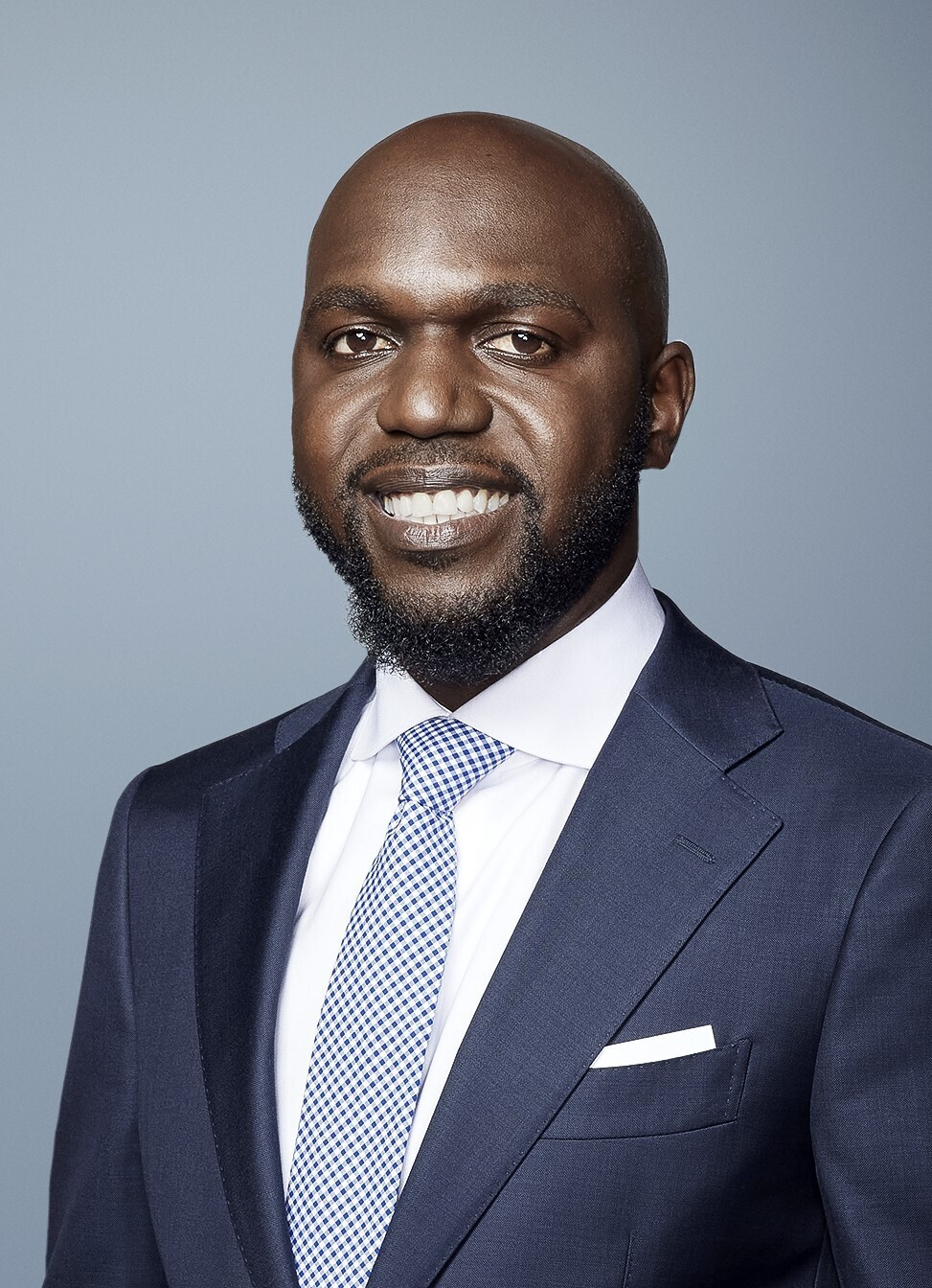
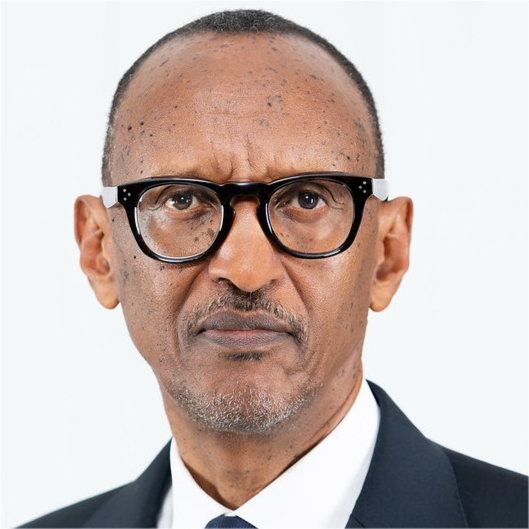
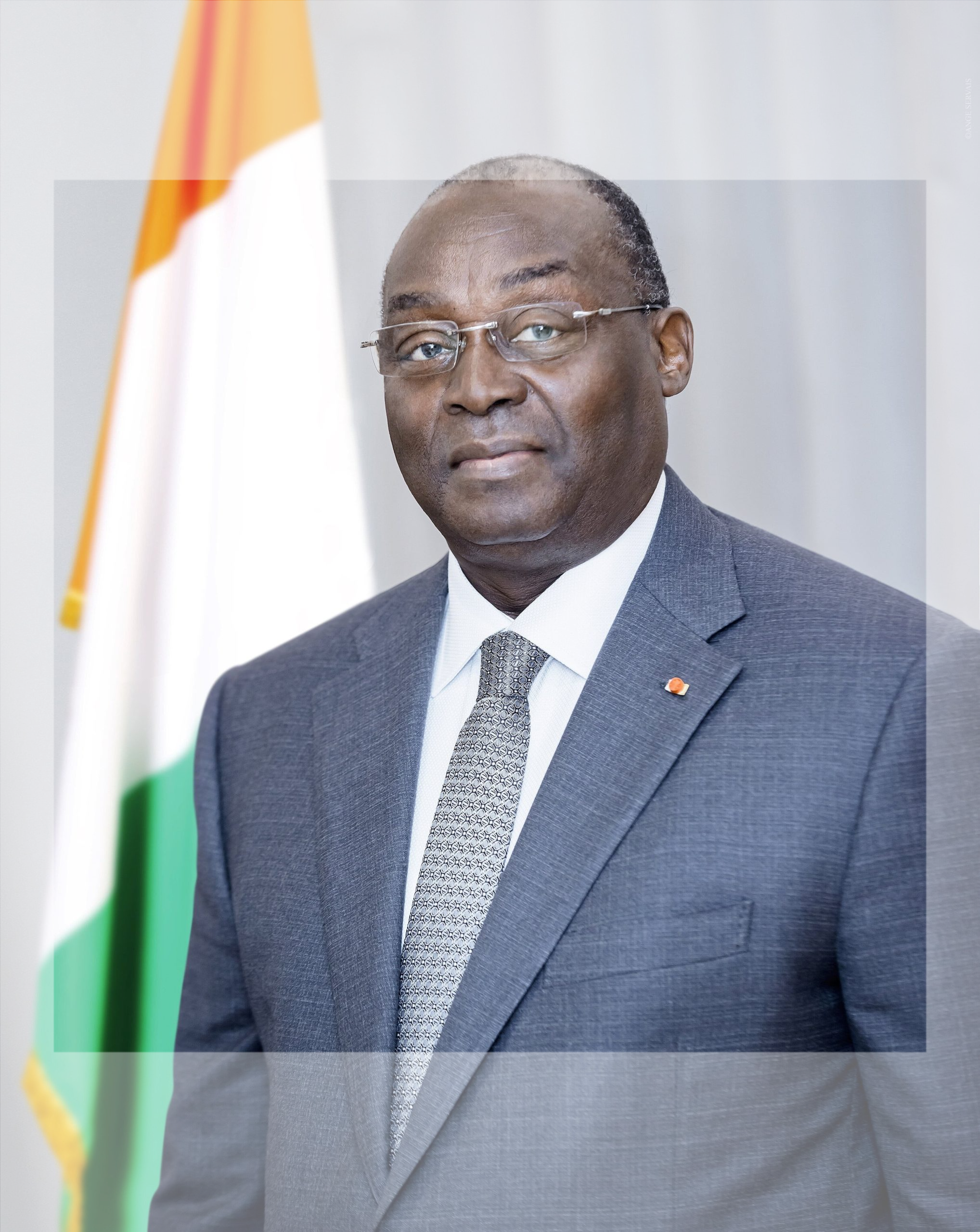
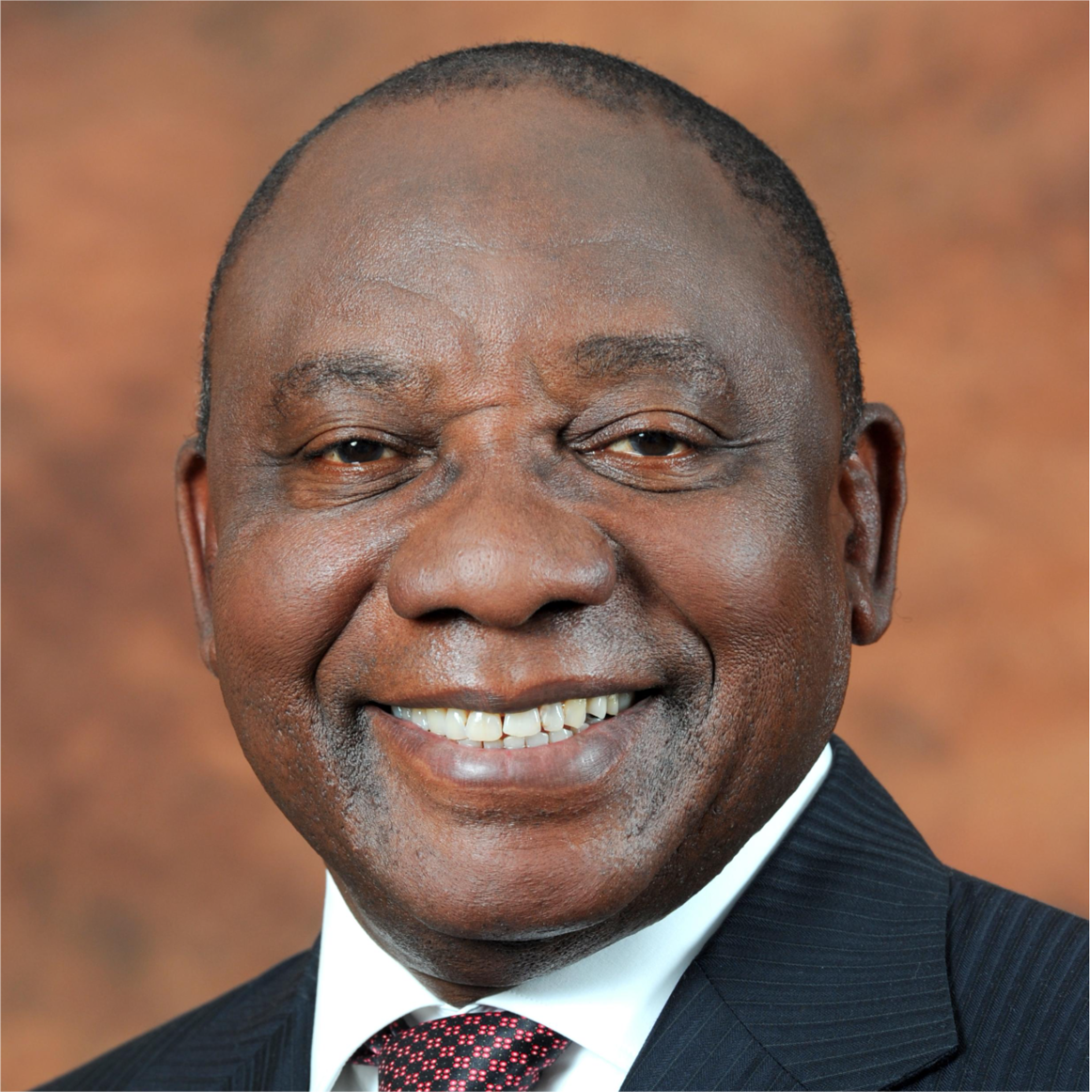
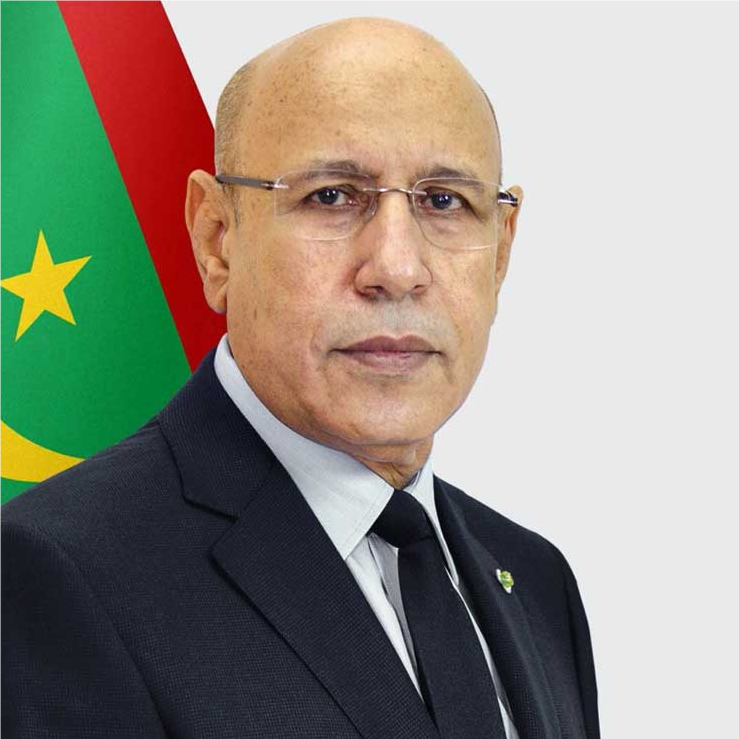
-
(GMT)INDUSTRY OUTLOOK
From factory to port: Why infrastructure will drive Africa’s industrial revolutionSeveral African industrial success stories rely on the proximity of production sites to ports, railways, and major roadways. Tanger Med in Morocco, the Tema Export Processing Zone in Ghana, and others benefit from logistical infrastructure that connects production sites to markets, reduces costs, and improves competitiveness. Many African countries still struggle to replicate this model, often due to high costs of infrastructure construction, while limited access to reliable and competitive utilities further hinder the development of competitive industries. How can the continent put logistics at the core of its industrialisation acceleration?
Key points:
- Access to raw materials, energy infrastructure, and logistics: What mechanisms can help build integrated industrial ecosystems from upstream to downstream?
- Public-private governance: How can regulatory frameworks be structured to encourage investments while ensuring fair local value?
- Regional cooperation: Following the example of the CEMAC tri-border SEZ project, how can countries develop synergies for cross-border value chains?

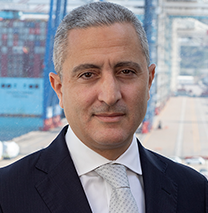
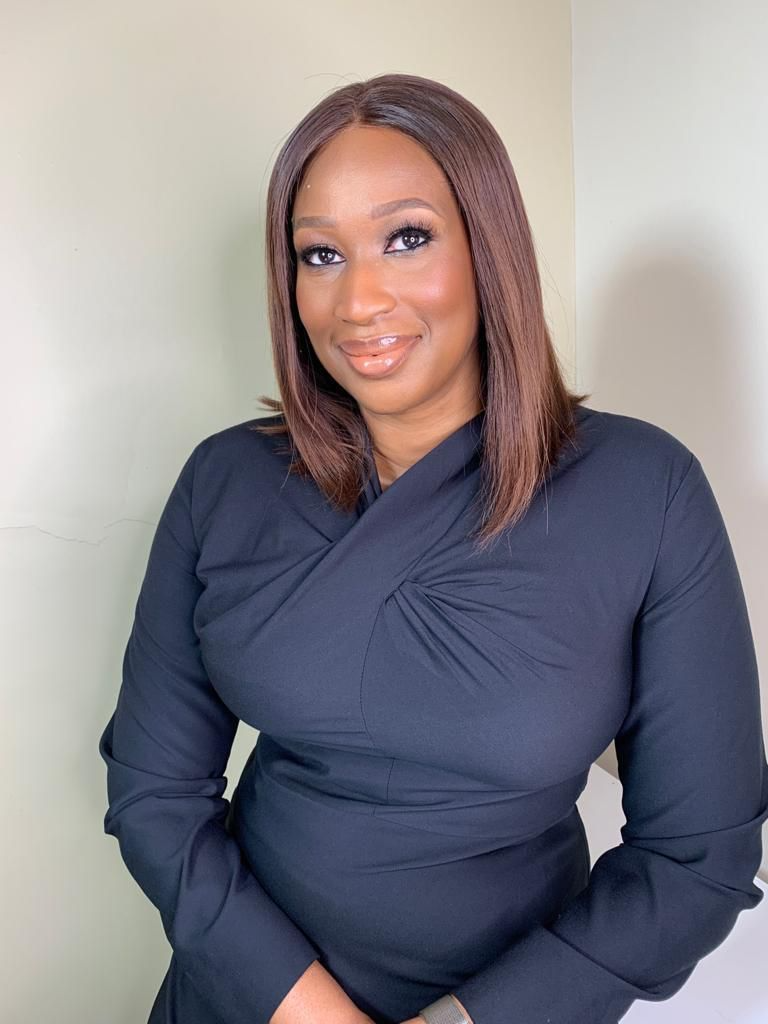
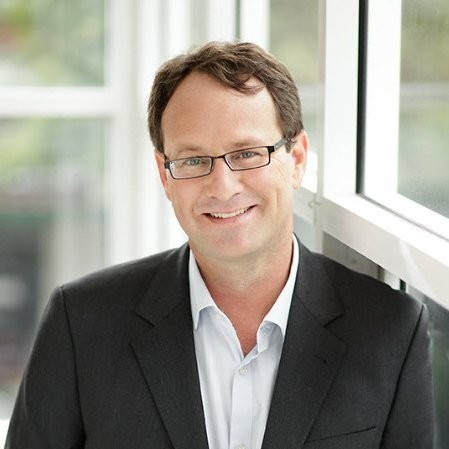
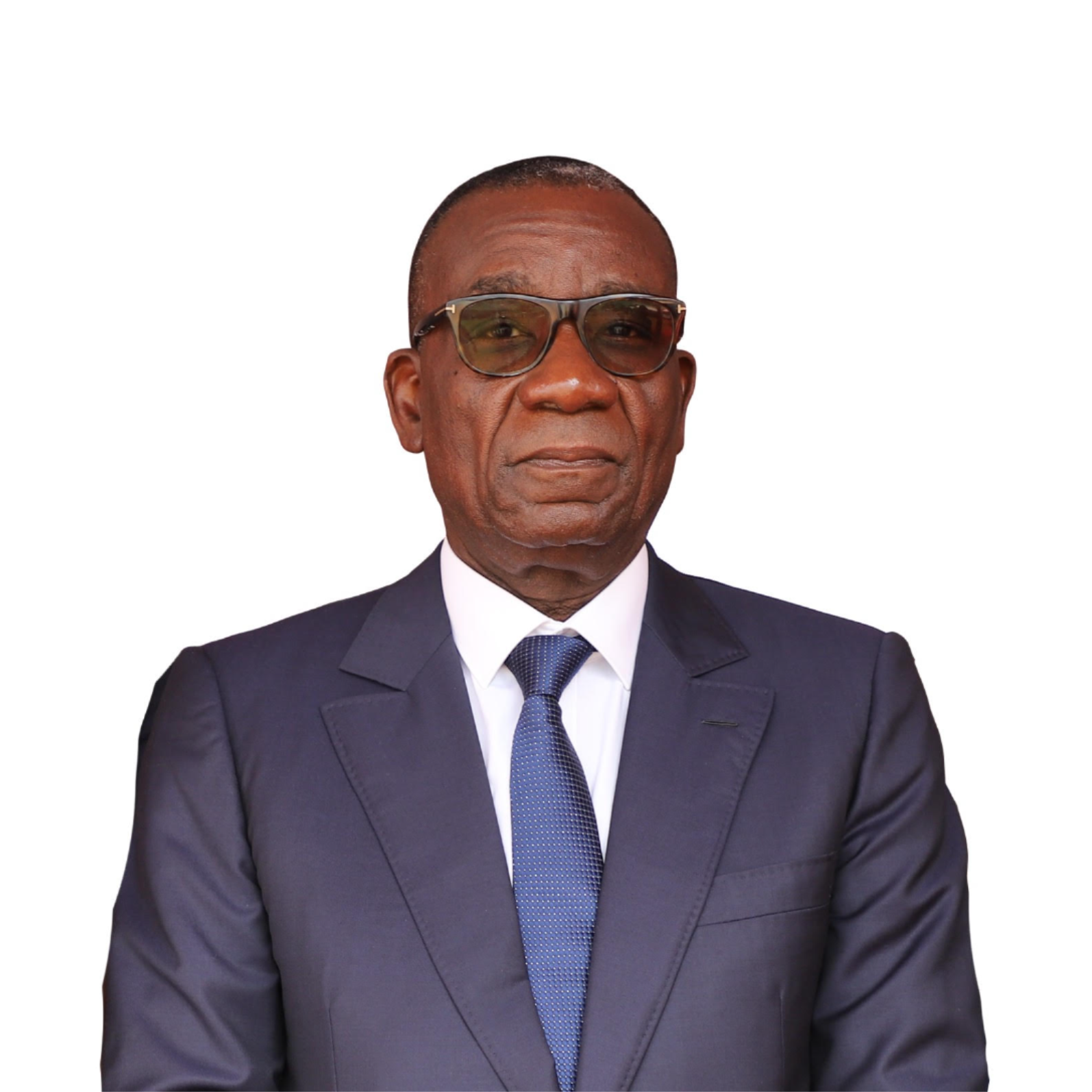
-
(GMT)INVEST IN
CÔTE D'IVOIREAs the foremost annual meeting of the private sector on the continent, the Africa CEO Forum is the leading platform for public-private dialogue. ‘Invest In’ sessions allow CEOs and investors to meet with high-level African government officials to gain deeper insight into their countries’ economic development strategies. These sessions provide exposure to a variety of key sectors, business environments, and public and private investment opportunities.
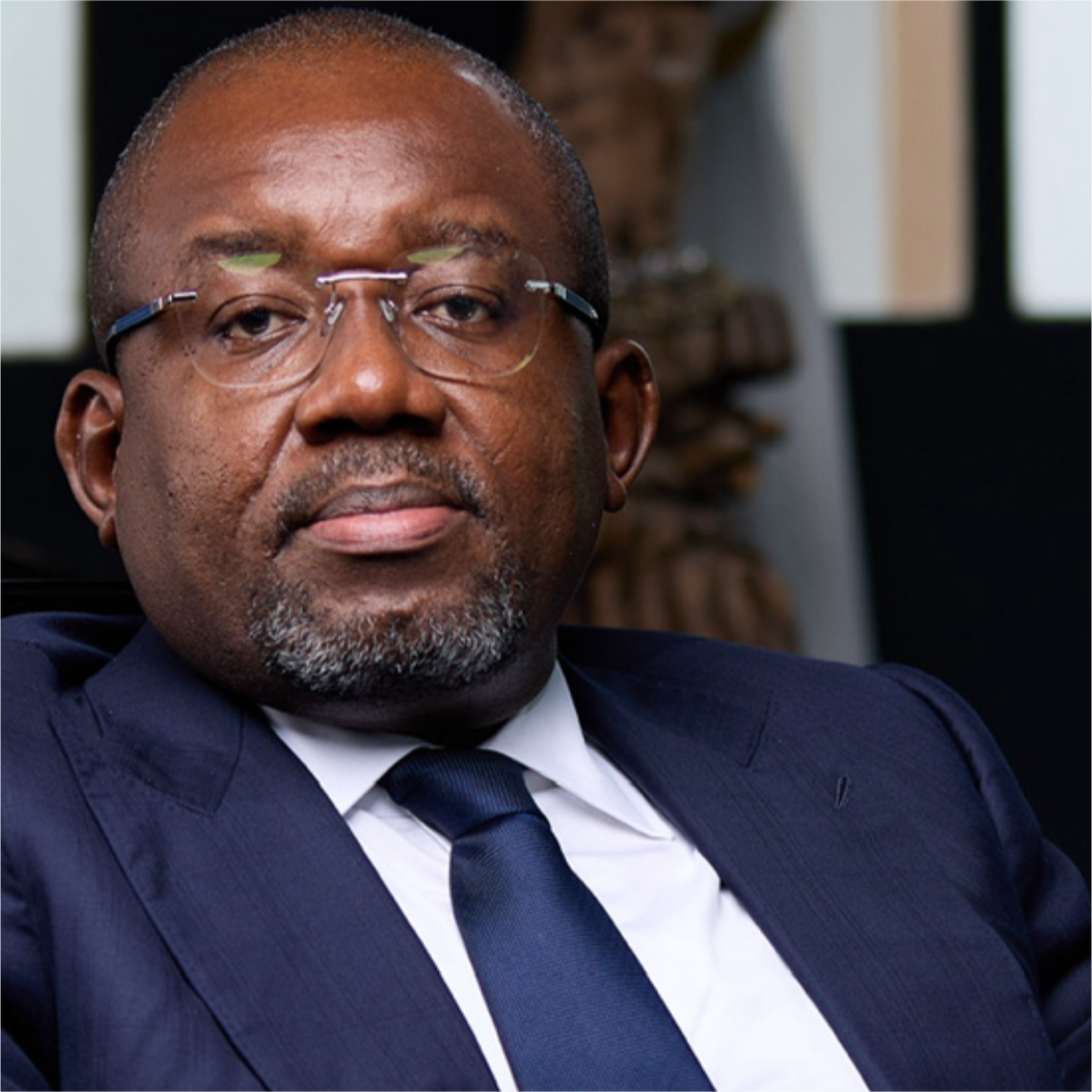
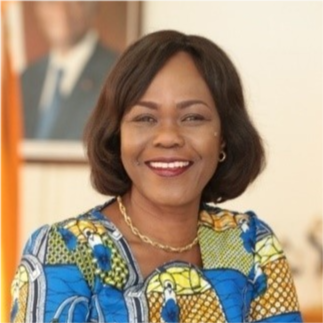
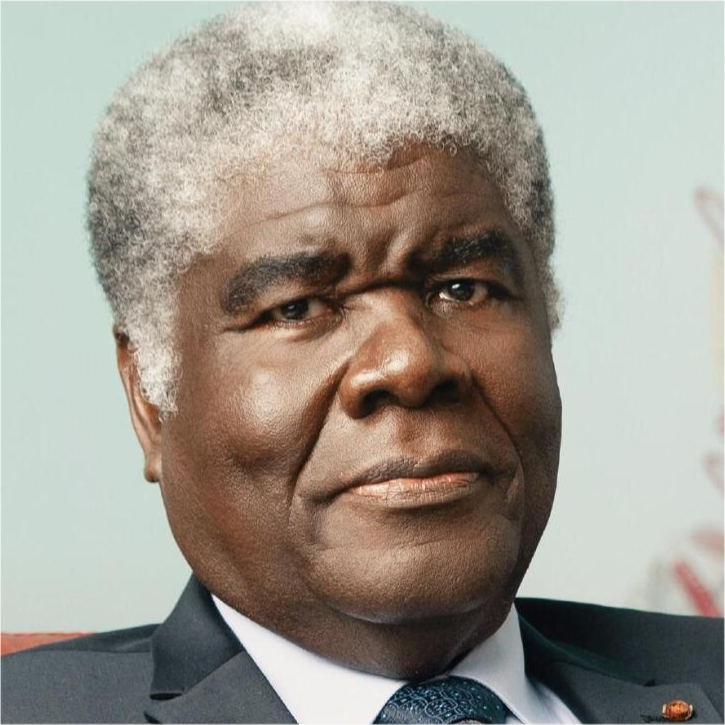
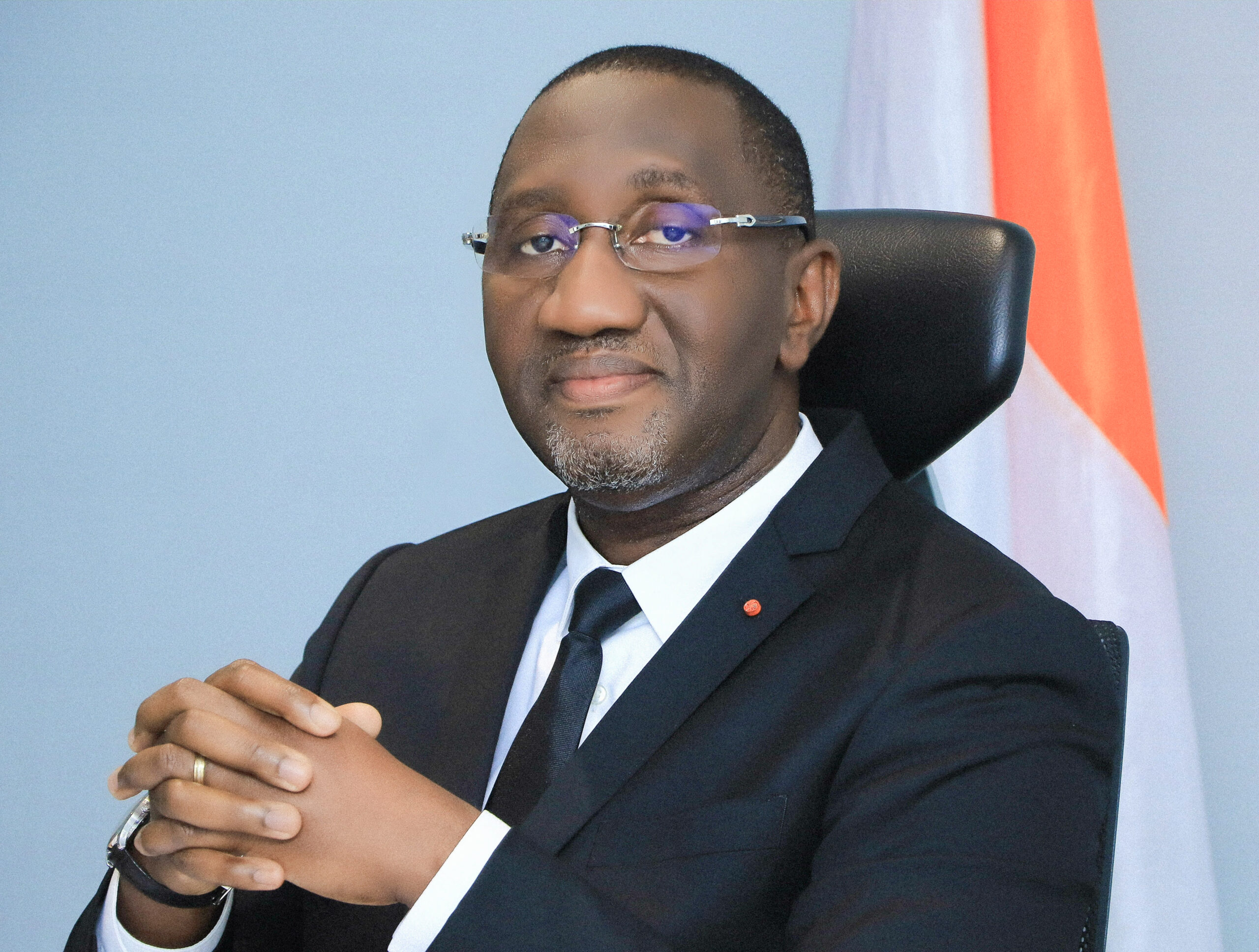
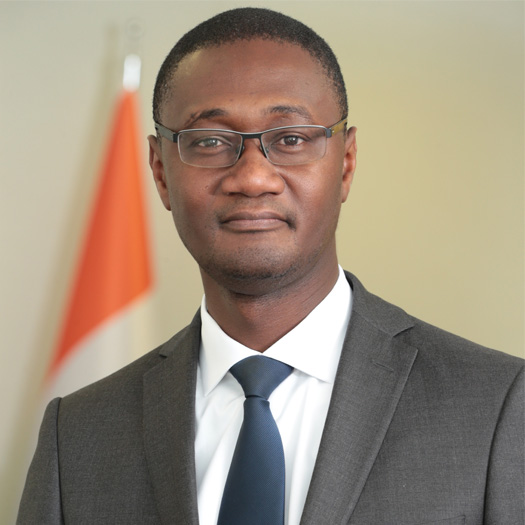 Speaker
SpeakerH.E. Moussa SANOGO
Minister of State Assets, Public Holdings and State-Owned Enterprises, Republic of Côte d'Ivoire
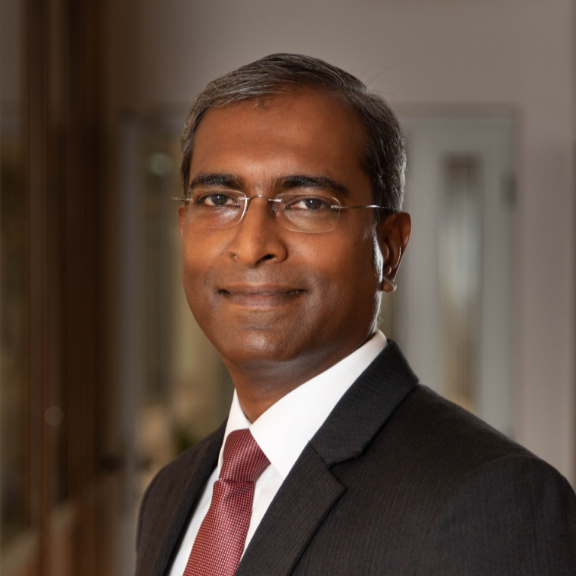
-
(GMT)CONVERSATION WITH
Can Africa make the tax system work for local businesses?The average African pays less than $200 annually in taxes, compared to over $15,000 in advanced economies, while tax mobilisation is further undermined by illicit financial flows and base erosion and profit shifting (BEPS) by multinational enterprises. This contributes to a tax burden that falls disproportionately on African homegrown businesses. How can multinational companies be more effectively taxed where they create value? How can governments strike the balance between taxing domestic and international firms? And how can international organisations promote certainty for businesses while ensuring African tax bases are protected? In an exclusive interview, Mathias Cormann, Secretary-General of the OECD outlines how African nations can rebalance the tax burden.

-
(GMT)PANEL
AI as a catalyst for a new public-private deal in AfricaDigital technologies—especially Artificial Intelligence—could unlock up to $1.5 trillion in economic growth for Africa by 2030. Yet this potential remains hampered by gaps in infrastructure, skills, and strategic coordination. To turn AI into a driver of productivity and inclusion, public and private actors must work hand in hand. This panel brings together leading policymakers and business leaders to lay the foundations of a high-performing, sovereign, and inclusive African AI ecosystem.
Key points:
- How can public-private partnerships be designed to accelerate AI adoption in key sectors like health, finance, and agriculture?
- What regulatory frameworks and tax incentives are needed to attract private investment in AI?
- From connectivity to talent: What conditions must be in place to build globally competitive AI hubs across the continent?

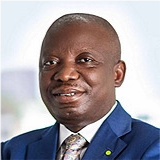
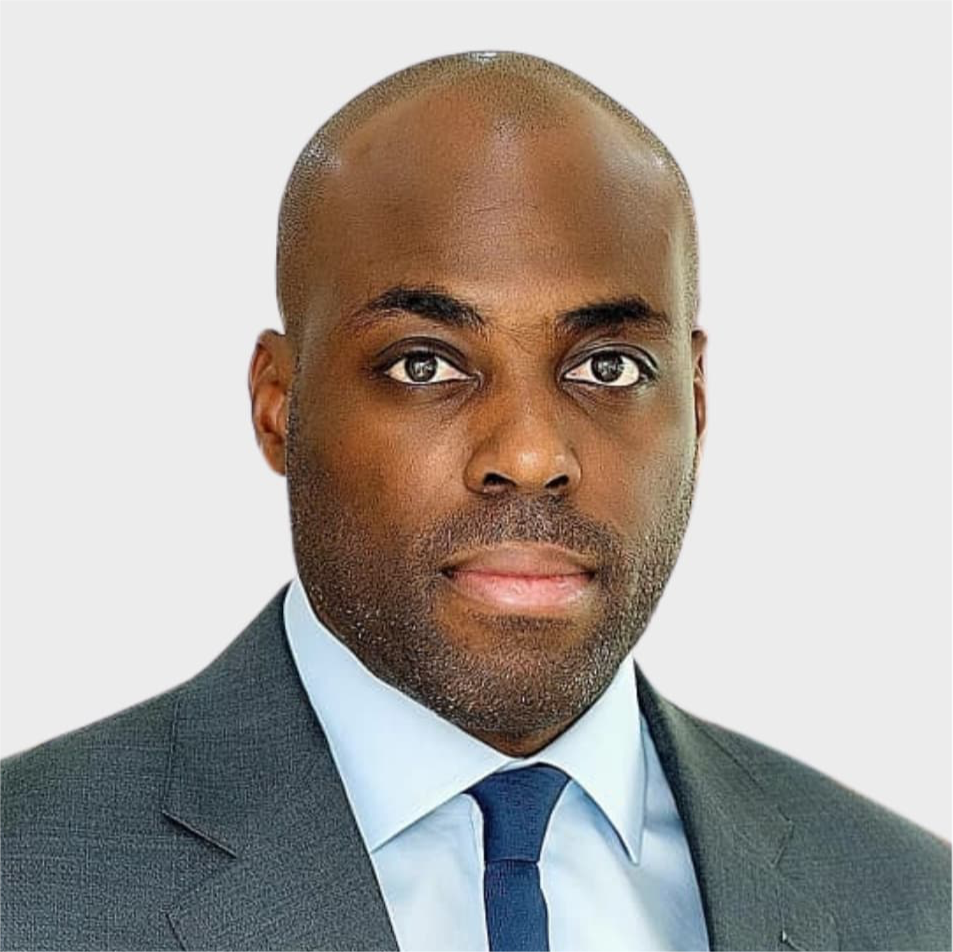
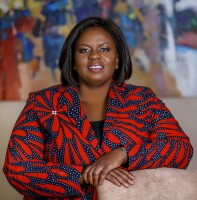
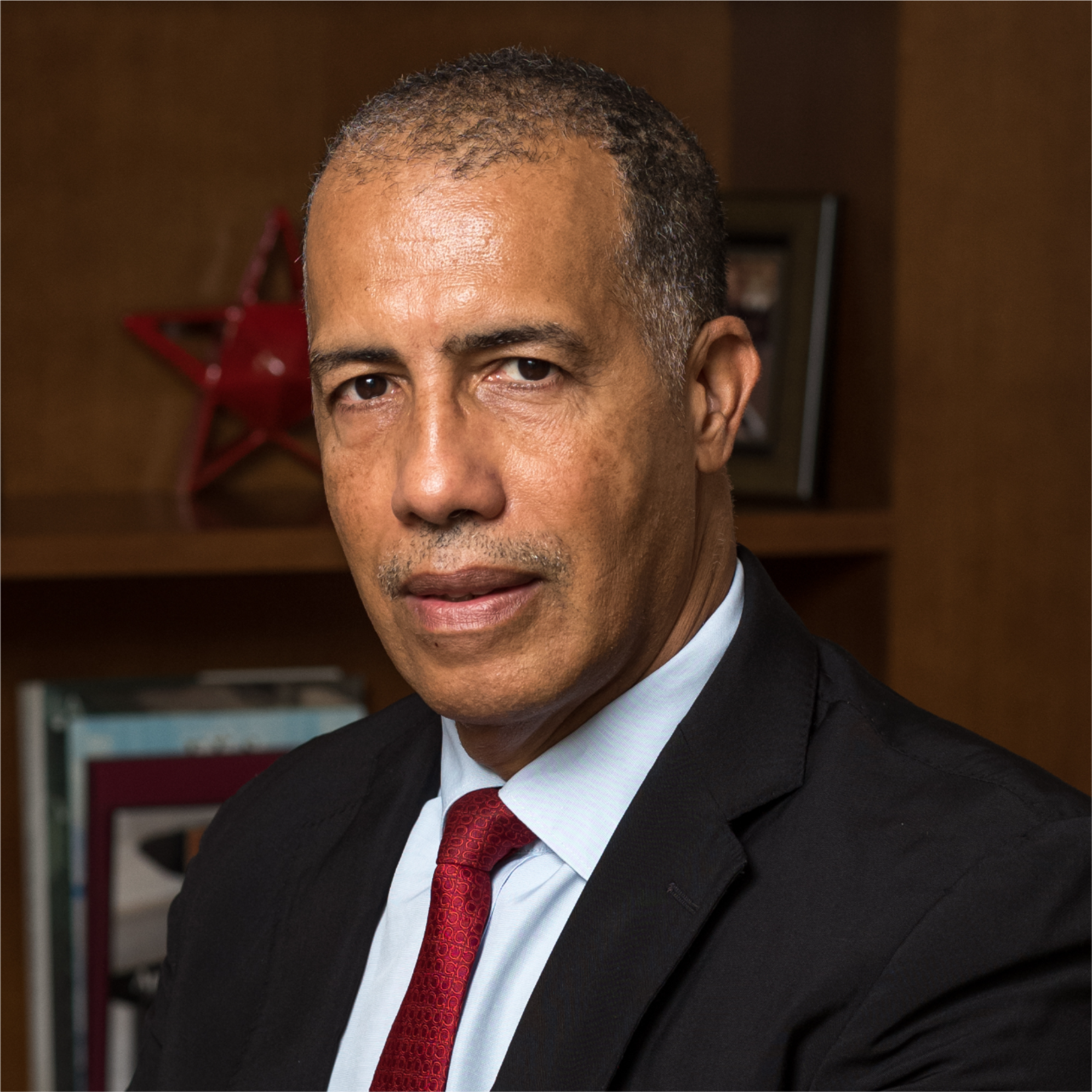
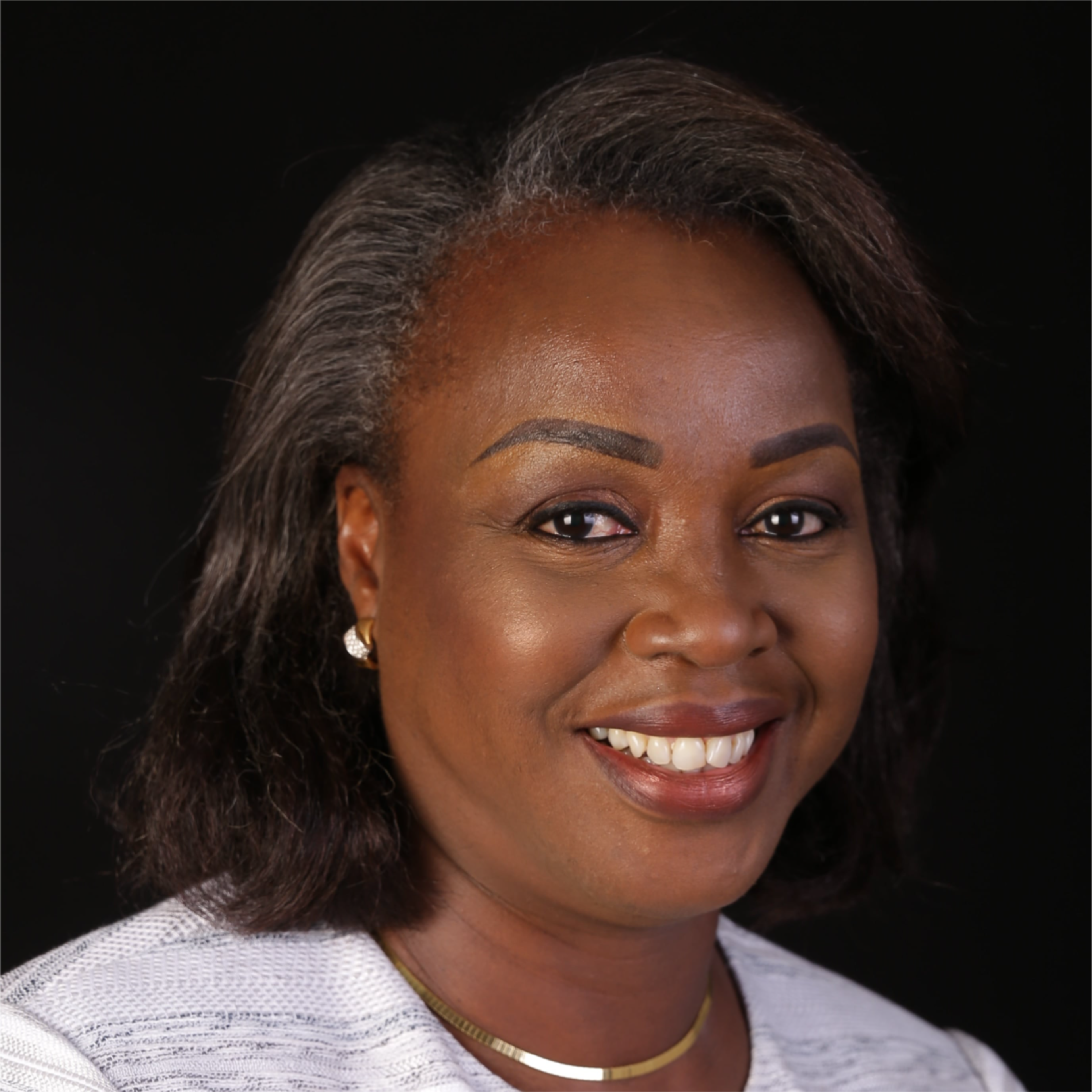
-
(GMT)STRATEGIC ROUNDTABLE
The African Oil & Gas Coalition
From players to powerhouses: The era of African Oil & Gas actorsAccess via sign-up on the event app or by invitation only. Reserved for participants in the Oil&Gas Industry and Media.
For decades, Africa’s hydrocarbon resources have been shaped by global market trends—from the OPEC era to today’s energy transition discourse. Too often, the continent’s hydrocarbon potential has been seen as a global reservoir rather than a driver of African growth. But with global perceptions shifting over the nature and timing of the transition, Africa’s Oil & Gas industry has a renewed opportunity: to power the continent’s energy future and industrial expansion.
The African Oil and Gas Coalition gathers African actors from all hydrocarbon sectors, together with National Oil Companies and representatives of the public sector to tackle the most important question: how can African hydrocarbons become the flame sparking Africa’s growth?
Key Points:
- African Capital for African projects? How to better access African financing for hydrocarbon projects in the era of expensive capital and uncertain geopolitical scenarios?
- Public-Private Push: As various National Oil Companies push for greater efficiency and privatisation, how can African private sector players assist and support this trend?
- Friends, not Foes: IOCs remain major players in Africa. What are the best strategies for fostering win-win joint ventures that drive African-led growth?

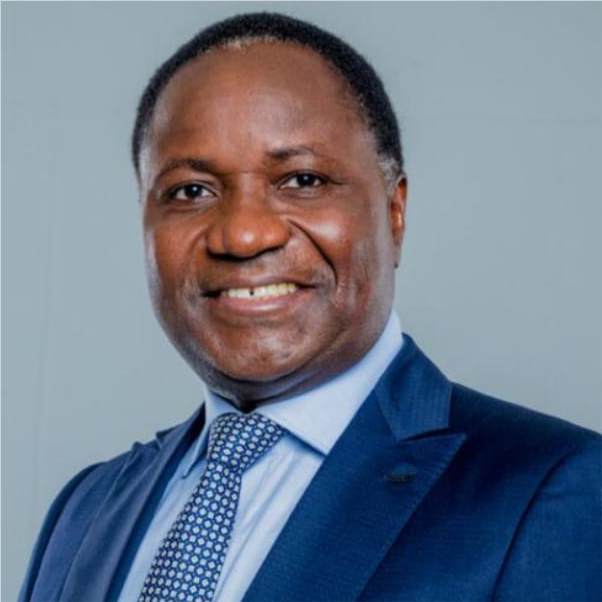
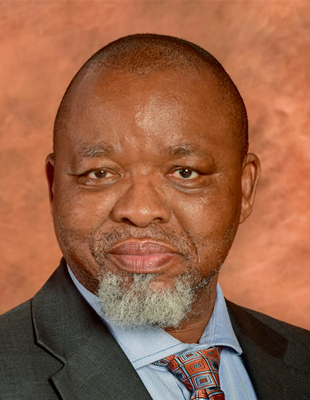
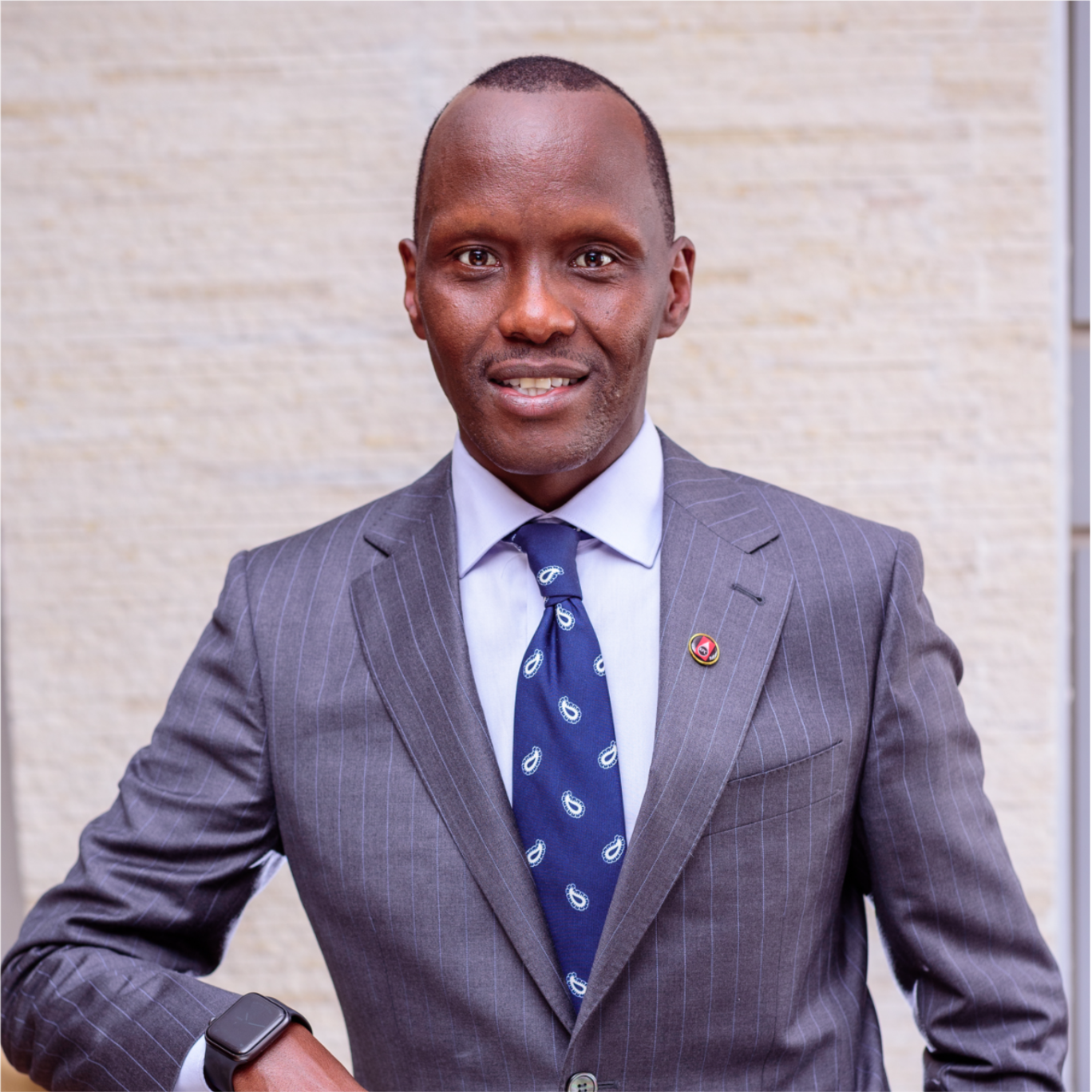
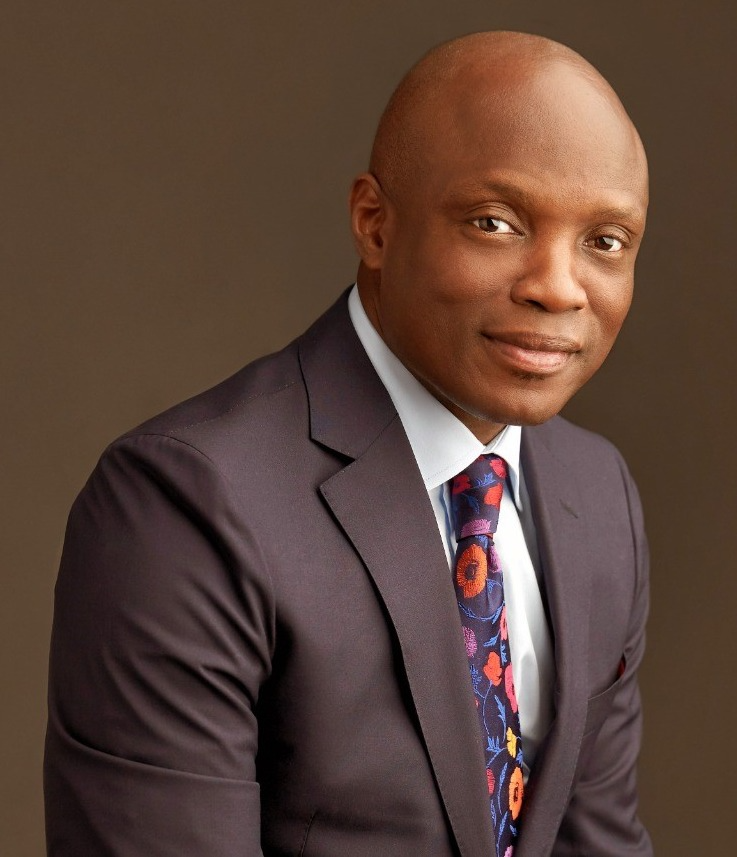
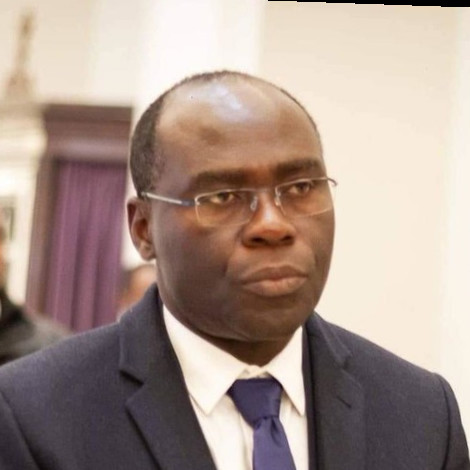
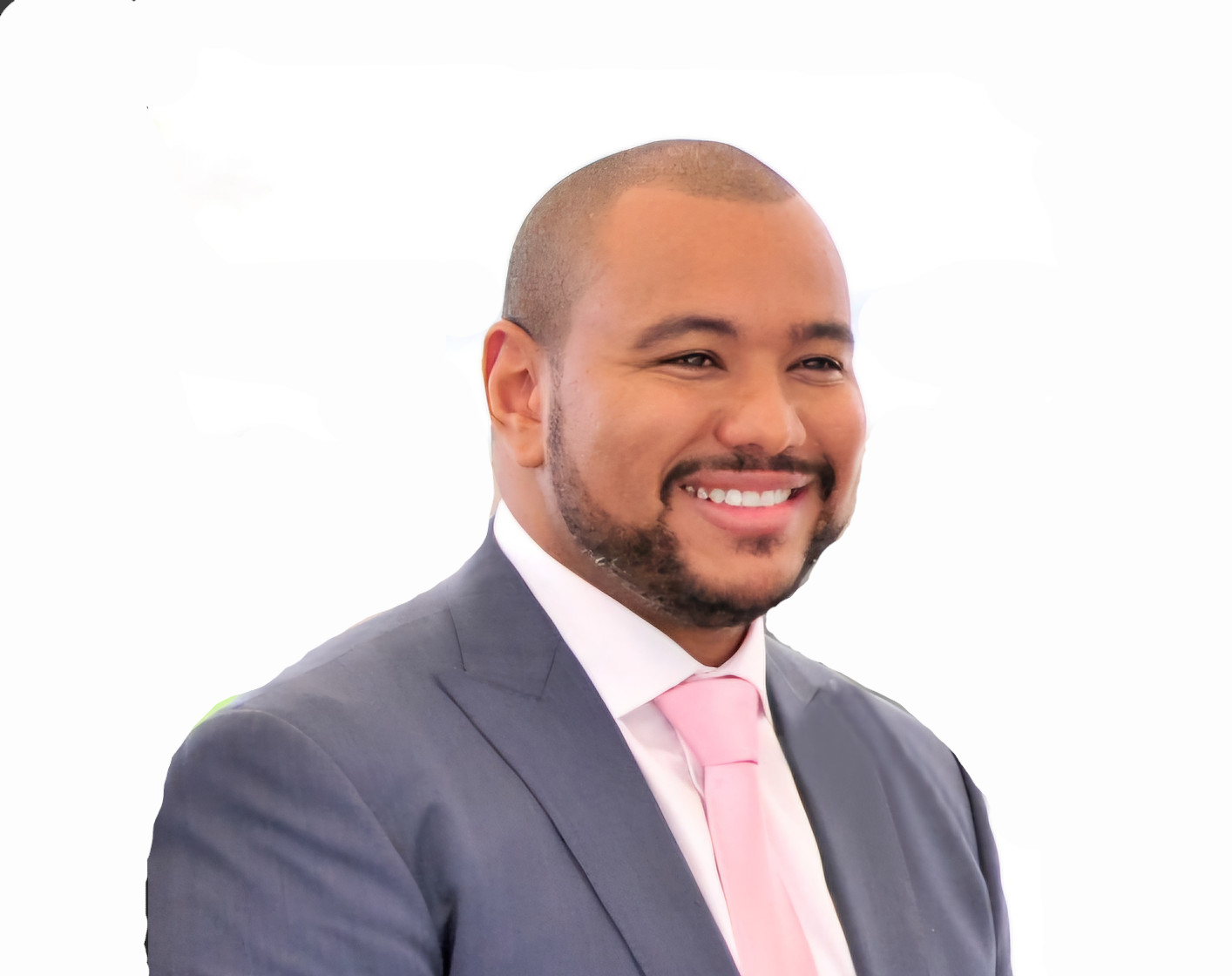
-transformed.jpg)

-
(GMT)WFC STRATEGIC ROUNDTABLE
Rethinking power: Women’s leadership as a competitive edgeGender-diverse leadership is no longer just a moral imperative—it’s a performance driver. Companies with more women in executive roles are 25% more likely to deliver above-average profitability. And yet, across Africa, women remain underrepresented in the top tiers of corporate power, despite leading in entrepreneurship and innovation. This closed-door roundtable will bring together a cross-section of male and female CEOs, board directors, and investors for a candid exchange: how can businesses move from ambition to execution when it comes to women’s leadership? What practical levers—governance models, talent pipelines, capital allocation—can unlock real, sustainable progress? And what shared responsibility must senior leadership take to accelerate this shift?
Key points:
- From ambition to architecture: Embedding gender equity into corporate design
- Power sharing: Enabling women’s access to capital, influence, and key decisions
- Accountability at the top: How to hardwire gender equity into governance

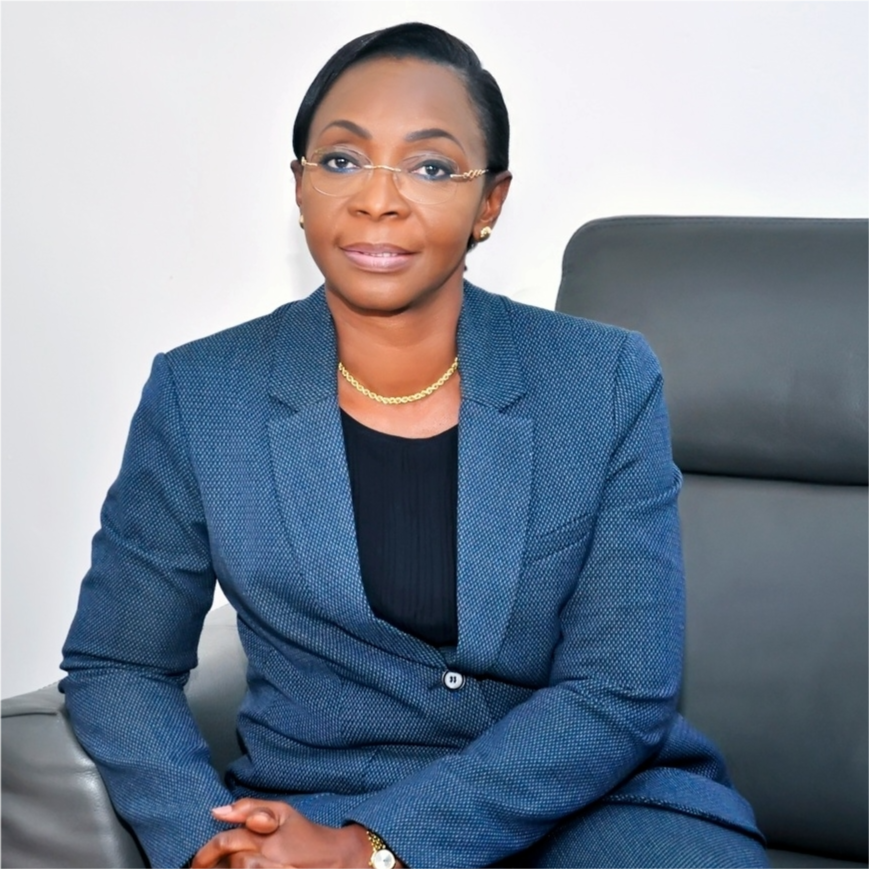
-
(GMT)PANEL
The tax test: How to increase revenues without a popular backlash?Kenya, Somalia, and Nigeria’s 2024 tax protests highlight the challenges in raising Africa’s 16.5% tax-to-GDP ratio toward the OECD’s 34%. While Mauritius and Rwanda streamlined processes and embraced digital collection, businesses elsewhere felt under-consulted. BUA Group’s Abdulsamad Rabiu has argued that reforms need time to yield results. But critics warn of a return to the harsh “shock therapy” of the ‘80s and ‘90s, with fears that tax revenues will be funnelled to debt servicing over infrastructure or business development. With President Ruto backtracking on Kenya’s finance bill and Ethiopia pursuing its own tax reforms, how can states better engage the private sector to avoid further unrest?
Key points:
- Improving industry-government consultation: When and how to get feedback
- Staple foods & mobile money: Which sectors should be untouchable or taxed more smartly?
- Beyond debt service: How can savings also be directed to sustainable economic growth?
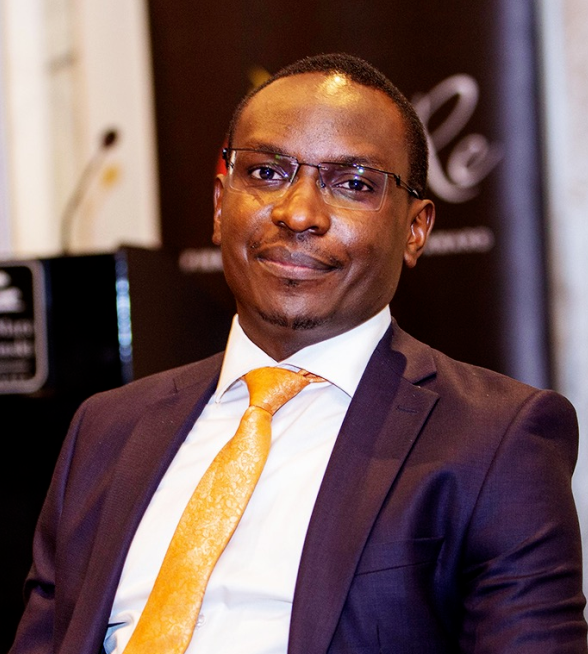
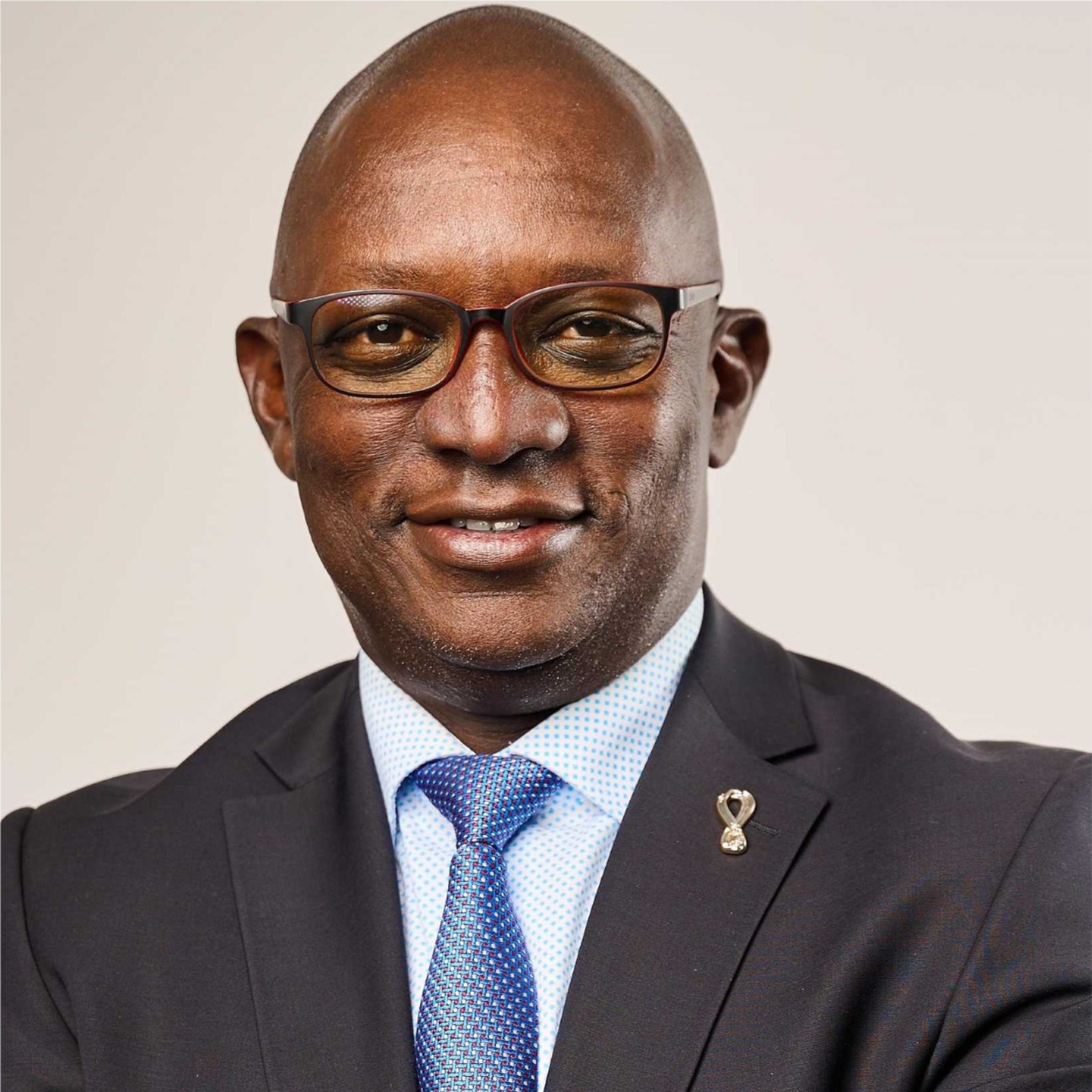
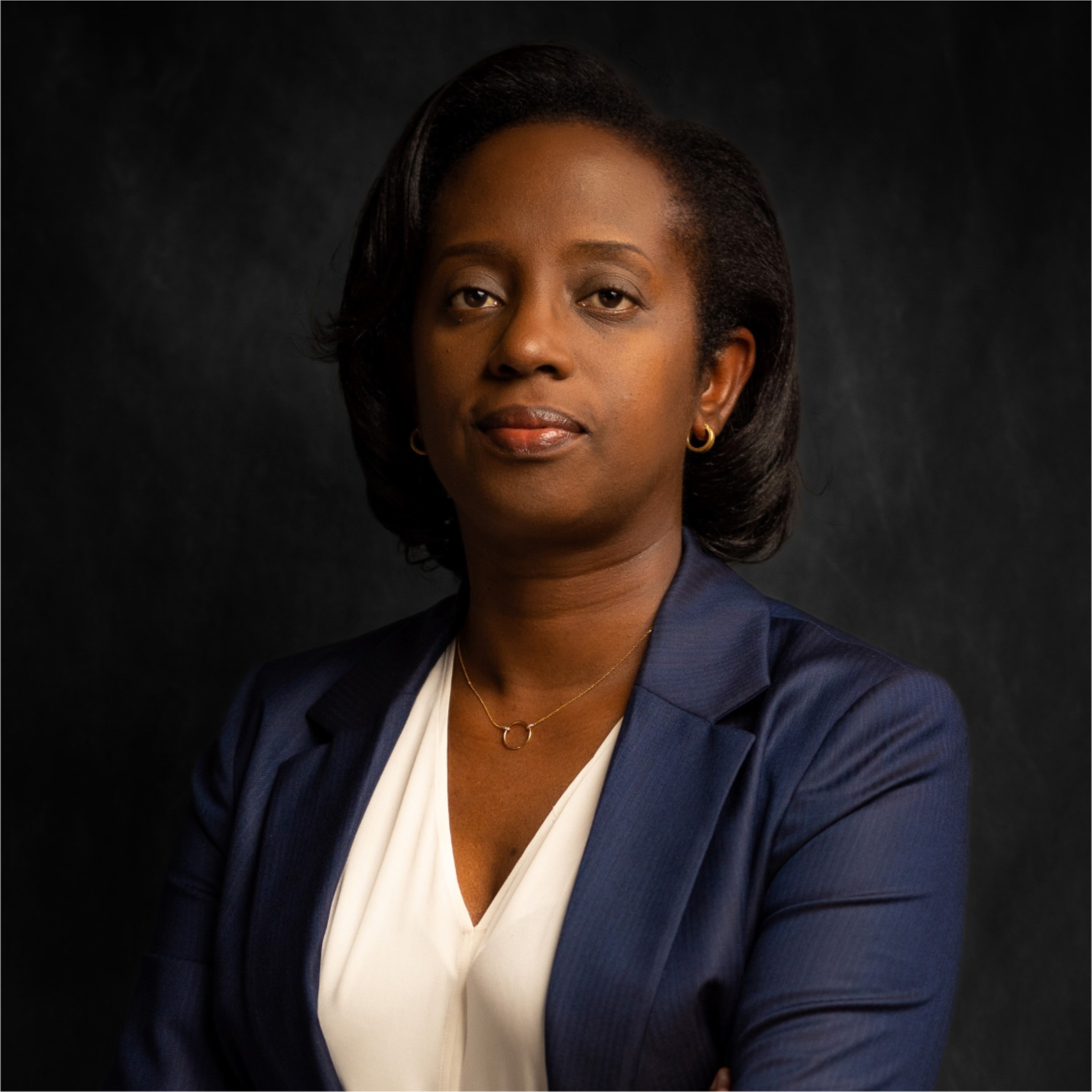
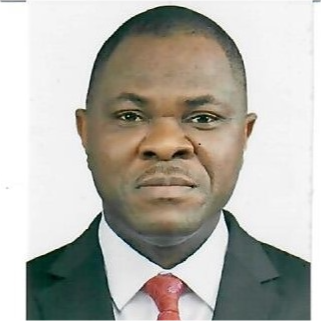
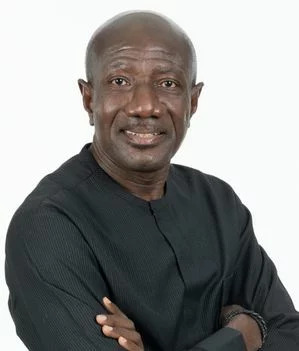
-
(GMT)STRATEGIC ROUNDTABLE
To build, partner or rent: Who holds the keys to Africa’s digital transformation?Access via sign-up on the event app or by invitation only.
Africa’s digital future depends on the seamless fusion of connectivity, cloud, telecom towers, and digital infrastructure—but the road is anything but smooth. A 13% mobile broadband gap leaves millions unconnected, while high energy costs, currency fluctuations, and taxation threaten investment. Regulatory deadlocks, like the Vodacom-Maziv merger, stall consolidation. Yet, as data demand surges, the key question is: how can Africa strengthen its digital backbone, accelerate cloud adoption, and build strategic partnerships for long-term financial sustainability? This roundtable will bring together industry leaders to explore funding models, towerco-MNO collaboration, and investment-friendly regulation to drive expansion.
Key Points:
- Expanding digital infrastructure: What strategies can enhance the resilience of high-capacity networks and accelerate telecom infrastructure deployment, particularly in underserved areas?
- Rethinking investment and ownership: With the private sector leading the charge, how can new financing models, strategic partnerships, and towerco-MNO collaboration drive sustainable, inclusive infrastructure growth?
- The regulatory landscape: What role should policymakers play in fostering an investment-friendly environment that accelerates digital transformation?
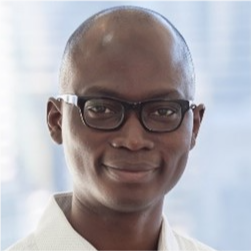
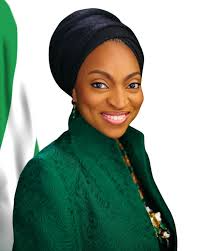
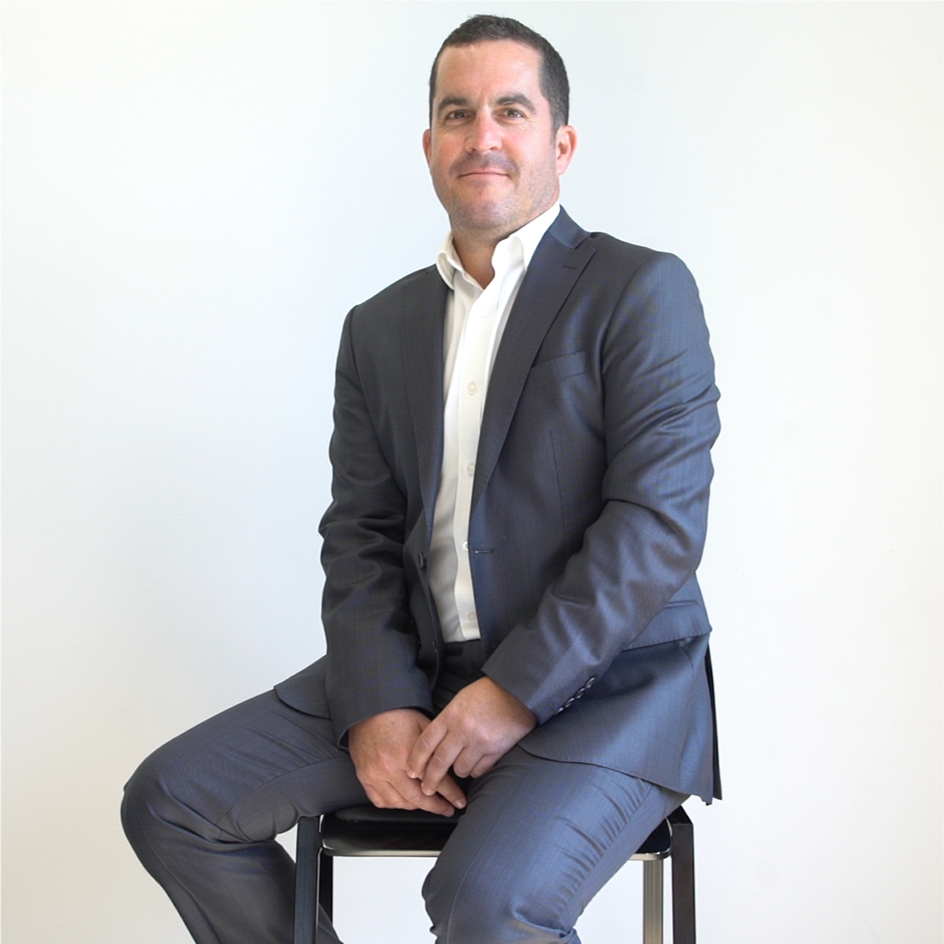
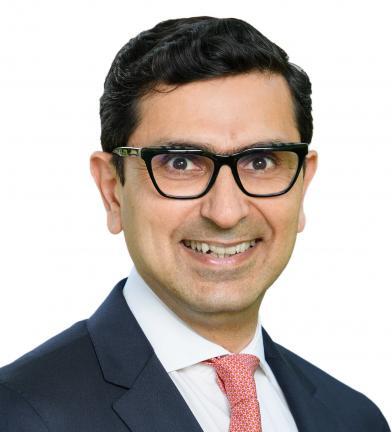
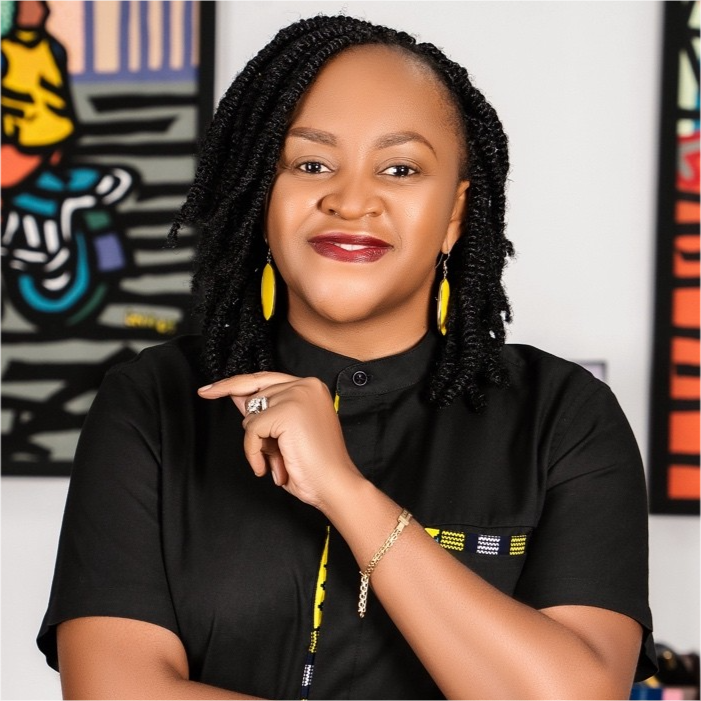
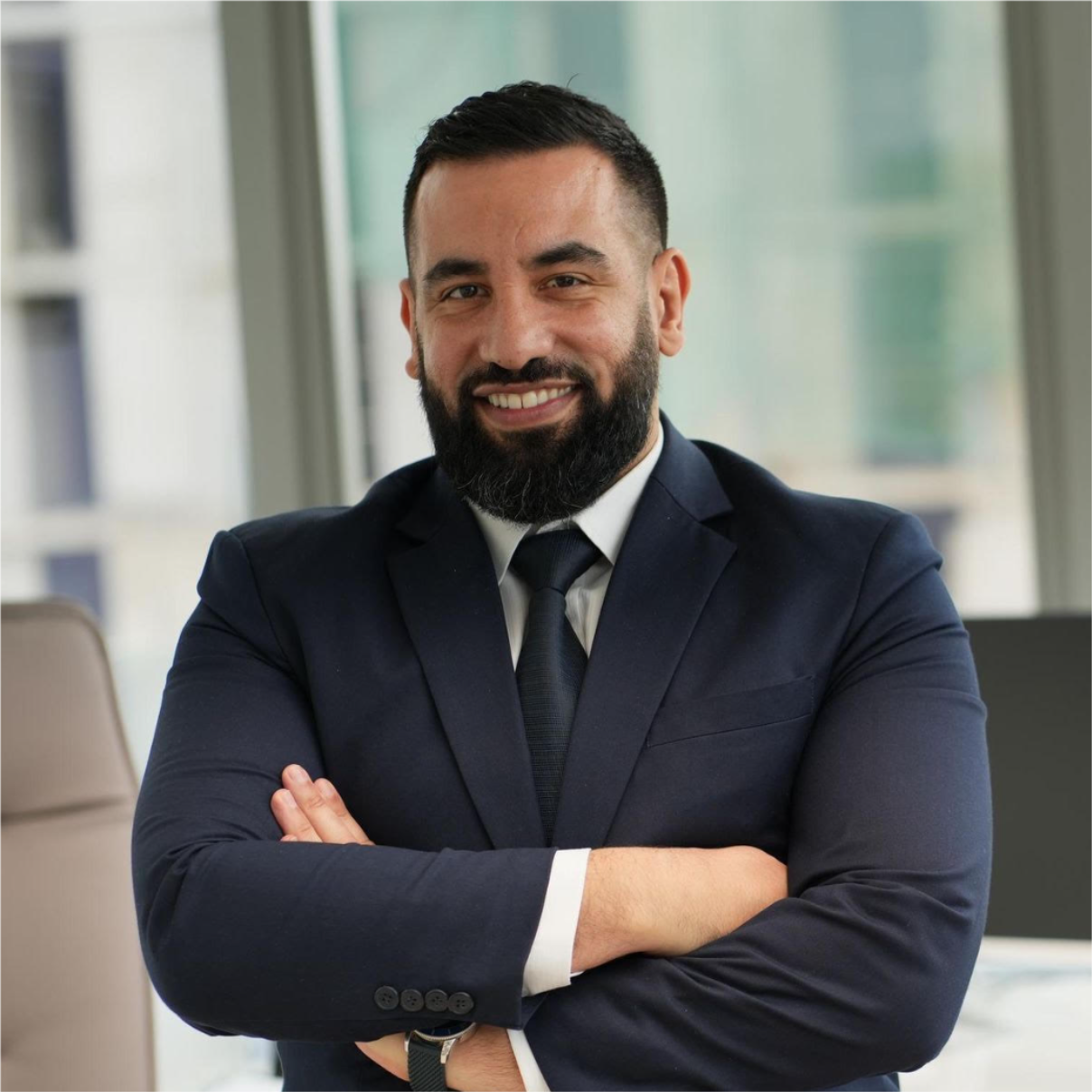

-
(GMT)STRATEGIC ROUNDTABLE
Patient capital, scalable impact: The future of development financeAccess via sign-up on the event app or by invitation only.
Is traditional aid gone for good? In this era, the lines between philanthropy, private capital, public finance and development finance are blurring, with funders prioritising bankable, result-driven models. As a result, philanthropy is also undergoing a radical transformation – one that prioritises strategic investment over charity, financial sustainability over dependency, and results over rhetoric. Growing evidence shows that social returns and profitability can go hand in hand. But how can development become truly bankable?
Key points:
- The business case for development: Can social initiatives be structured to attract investors while delivering measurable, scalable impact?
- Rethinking private capital: With traditional aid declining, can private investors, philanthropists, and businesses step up to finance solutions at scale?
- From grants to growth capital: How can philanthropy leverage investment principles to drive sustained impact without losing sight of its mission?
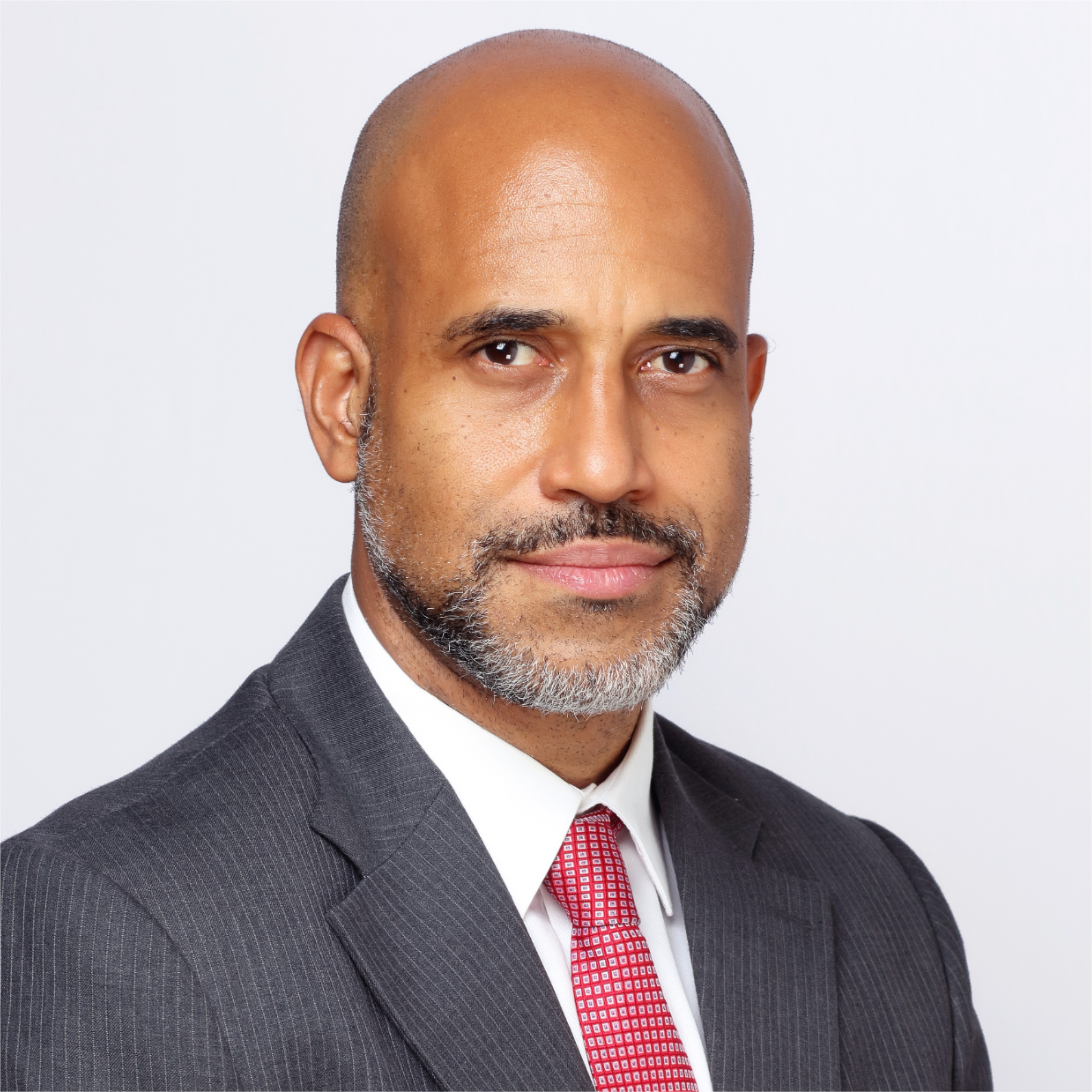
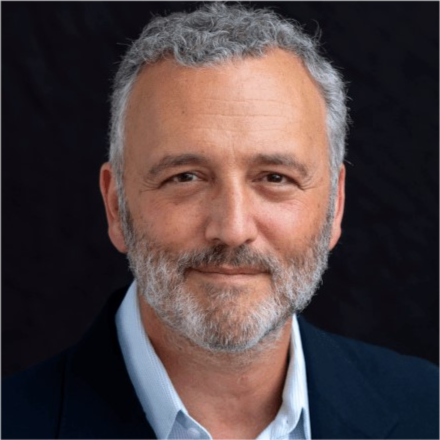
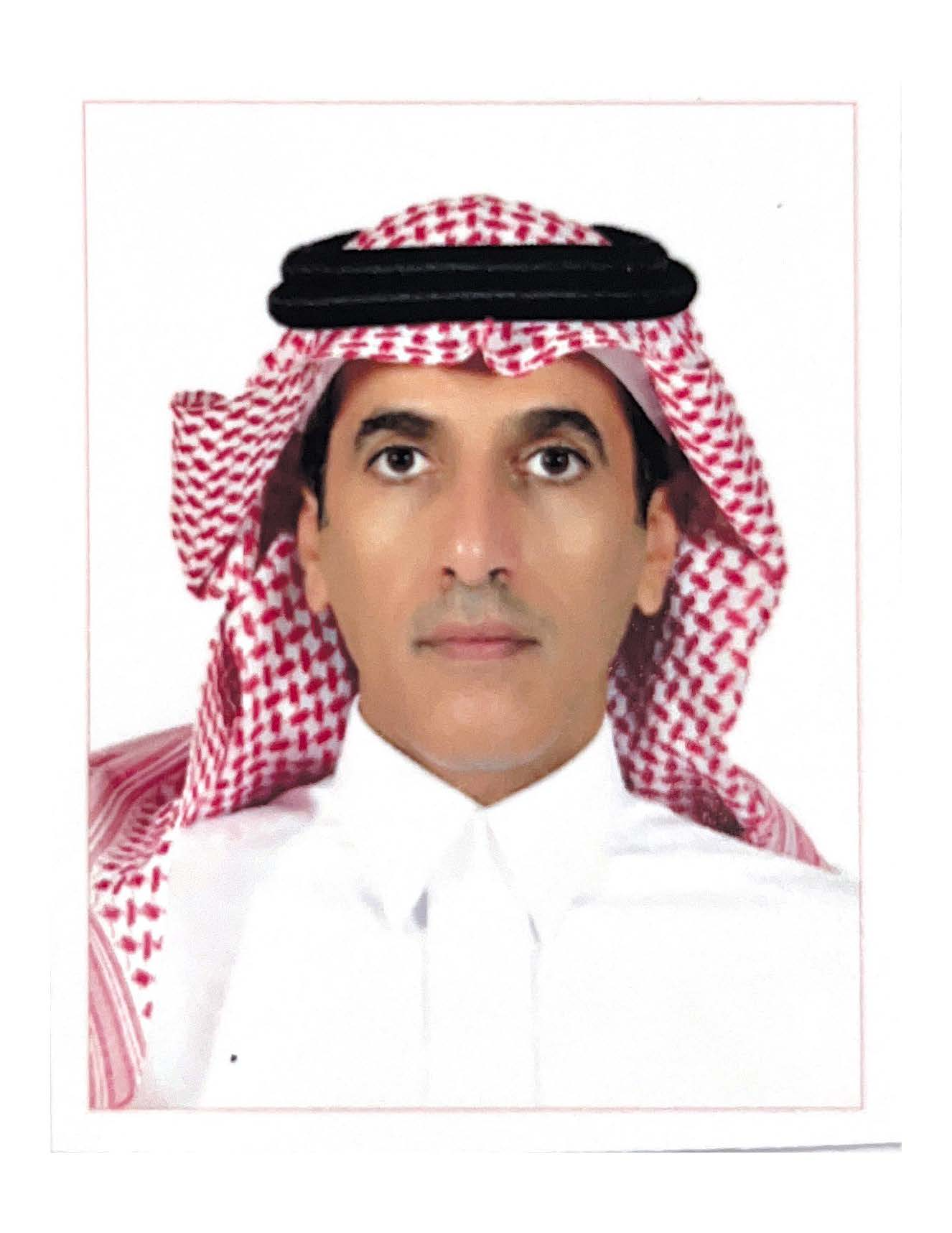
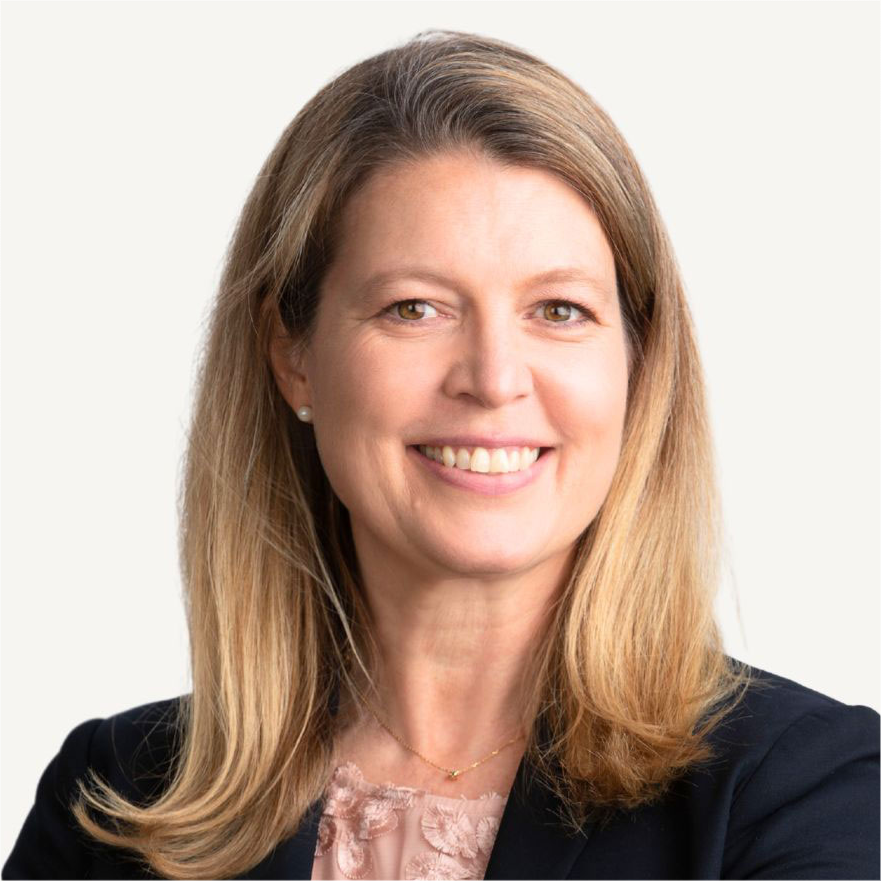 Speaker
SpeakerMarie-Ange SARAKA-YAO
Chief Officer for Resource Mobilisation & Growth, GAVI, The Vaccine Alliance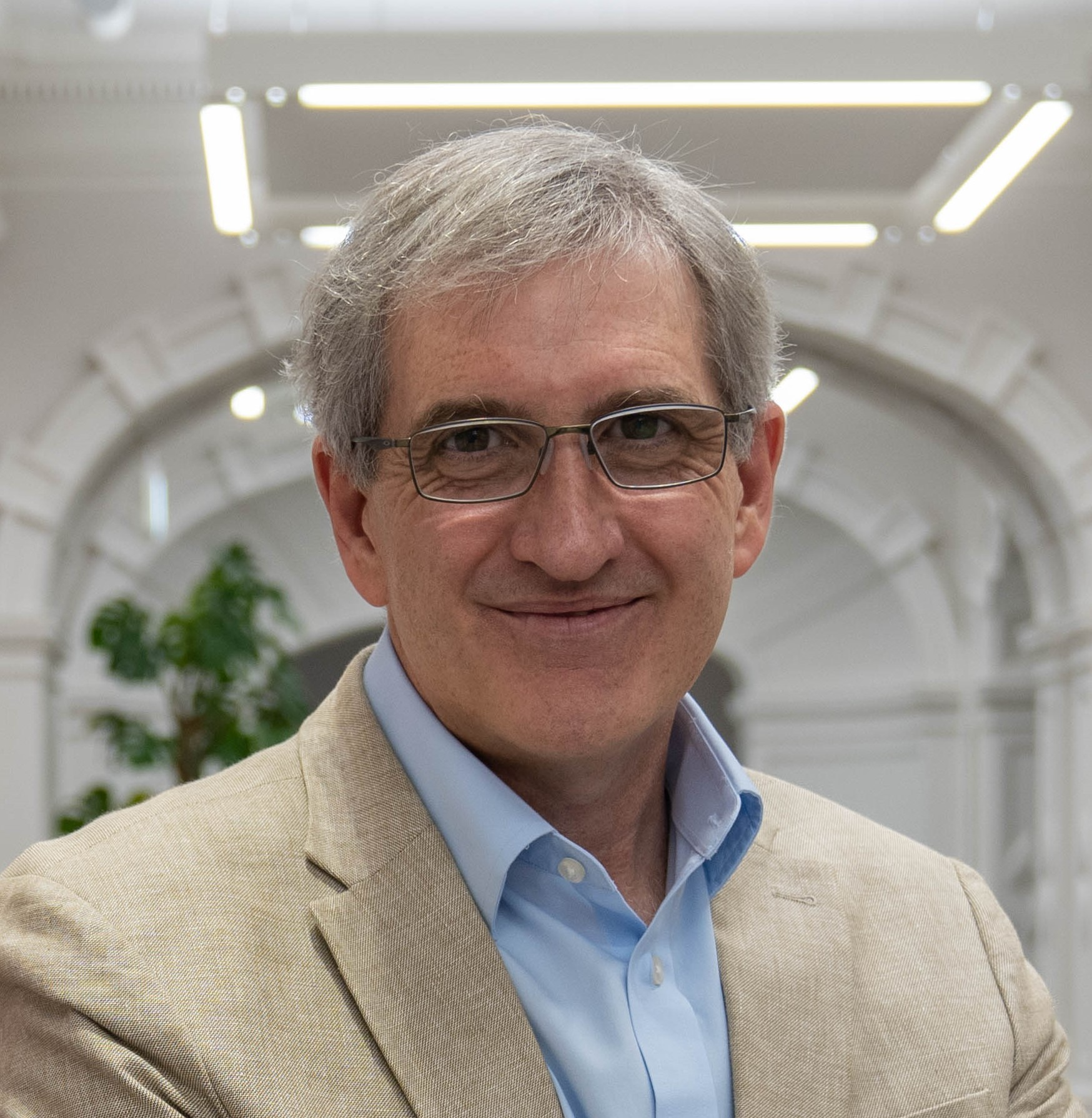 Speaker
SpeakerJohn HUMPHREY
His Majesty's Trade Commissioner for Africa, United Kingdom Department for Business and Trade (British High Commission South Africa)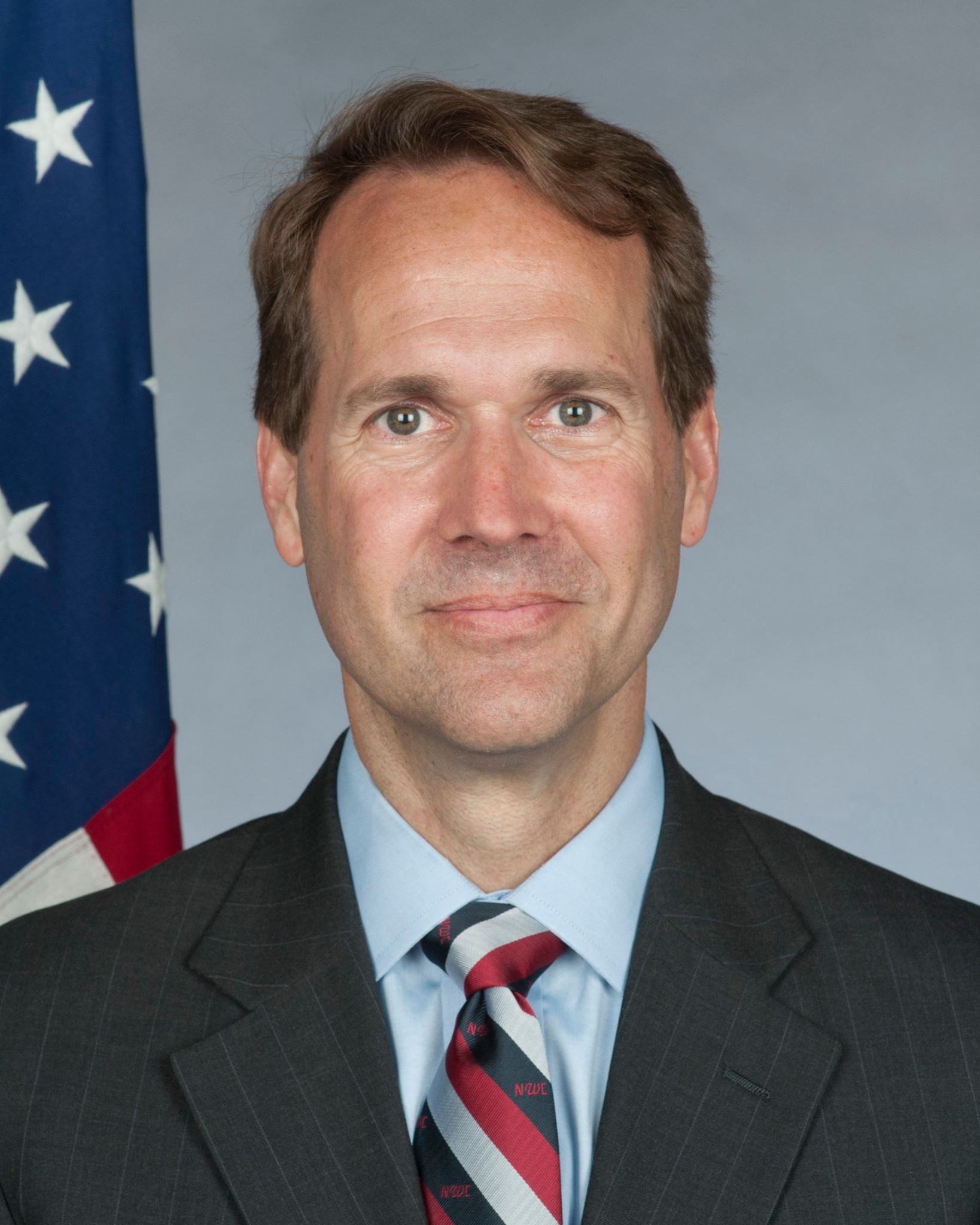
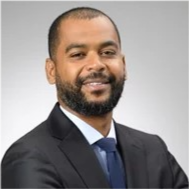 Speaker
SpeakerHarold TAVARES
Executive Director for the Africa Group II, World Bank Group’s Board of Directors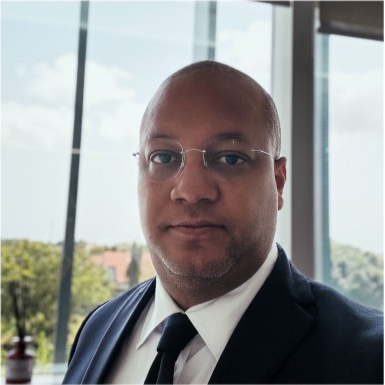
-
(GMT)Conversation With
African Digital Sovereignty: Mirage or Revolution in the Making?As data, technological infrastructure, and digital platforms reshape global power dynamics, digital sovereignty has become a strategic priority for Africa. In this exclusive conversation with Marwane Ben Yahmed, Editor-in-Chief of Jeune Afrique, Senegalese President Bassirou Diomaye Faye shares his vision for a technological New Deal on the continent.
From the imperative of mastering digital infrastructure to reducing dependency on foreign tech actors—and implementing reforms to make digital transformation a true lever for structural change—the President outlines Senegal’s strategic choices and the path toward a sustainable African digital sovereignty.
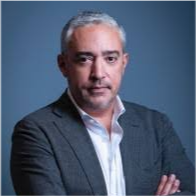
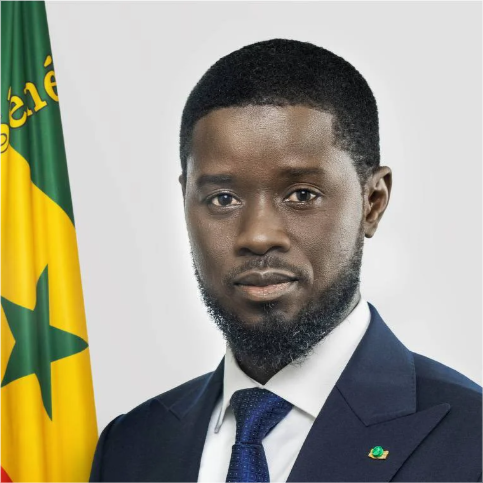
-
(GMT)CONVERSATION WITH
Built to lastAccording to Aigboje Aig-Imoukhuede, co-founder of Tengen Family Office, Africa’s inability to build enduring Family-Owned Businesses (FOBs) is a major barrier to its economic development. In this exclusive conversation with Acha Leke, Senior partner & Chairman of McKinsey’s Africa, the two leaders explore key drivers of long-term success—governance, philanthropy, structured succession. How can African FOBs shift from survival to legacy and build generational champions?

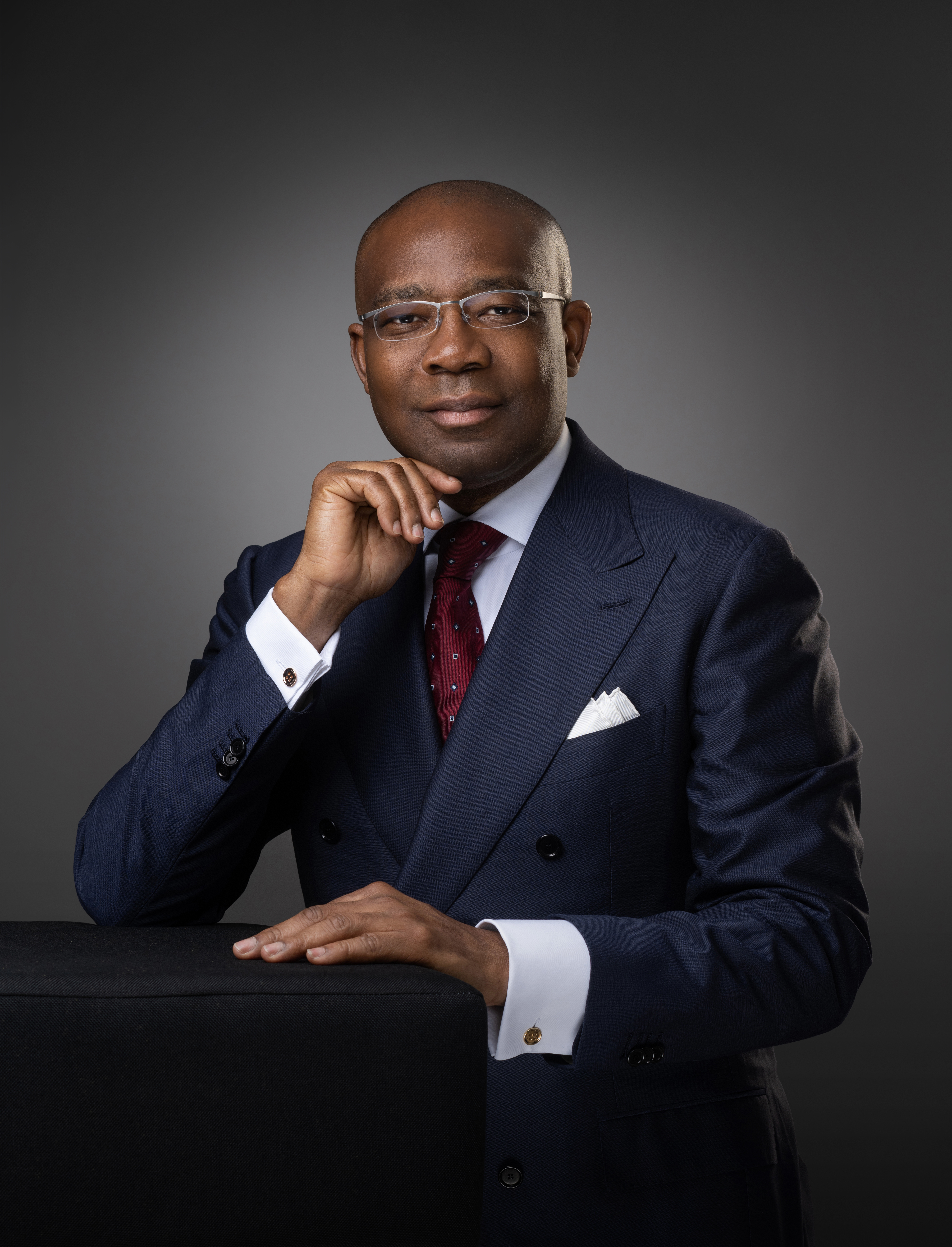
-
(GMT)PANEL
Frugal or prodigal AI: What is the African model?International regulation of AI is only just beginning to take shape, but three distinct and opposing models are becoming clear: With its 100 billion AI Initiative, the United States has opted for unlimited funding and self-regulation of the sector; Europe, with its AI Act, is taking the lead in regulation; while China’s Deepseek pursues a frugal AI approach building on rival models. Does Africa hold the key to the fourth alternative?
Key points:- How will African governance of AI ensure that the continent is not disadvantaged by how other countries use technology?
- What will AI for Africa look like given the continent’s uncompetitive energy and cloud supply deficit?
- Actionable AI: how will African businesses benefit from AI now?

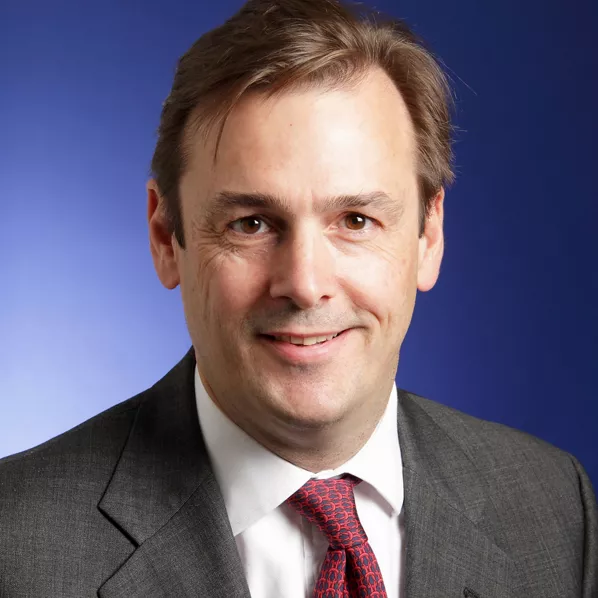
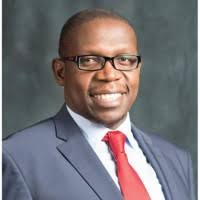
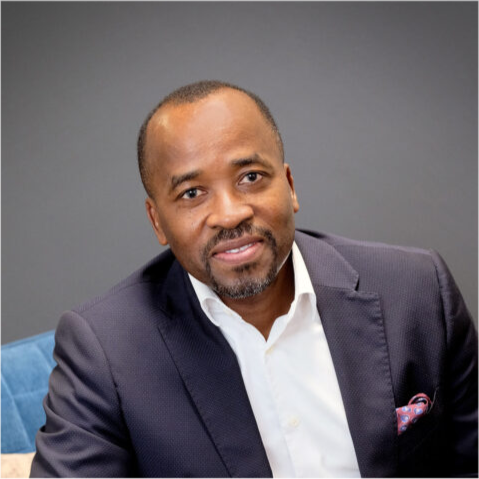
-
(GMT)INDUSTRY OUTLOOK
No grid, no growth: How to solve Africa’s power transmission problemUnderdeveloped regional power pools and poor infrastructure cause bottlenecks in power transmission and distribution in Africa. The installed capacity of the continent – just 150 000 km of transmission lines – is well below present and future energy needs and is crippled by low operational capacity. Addressing these inefficiencies in energy transmission losses is essential to unlocking reliable energy access sustaining and boosting a new age of African development. The age of electricity is upon us: how can African institutions and businesses bolster the continent’s power self-sufficiency?
Key points:- Regional power pools in a transactional world: Do they infringe or shore up national energy sovereignty?
- Will rising consumer demand and PPP success stories like Africa50 & Powergrid Corporation in Kenya turn the tide on private capital shortage in transmission projects?
- As private investments pile up in power generation projects across the continent, how can DFI funds help re-equilibrate portfolio allocation towards the equally important energy transmission?
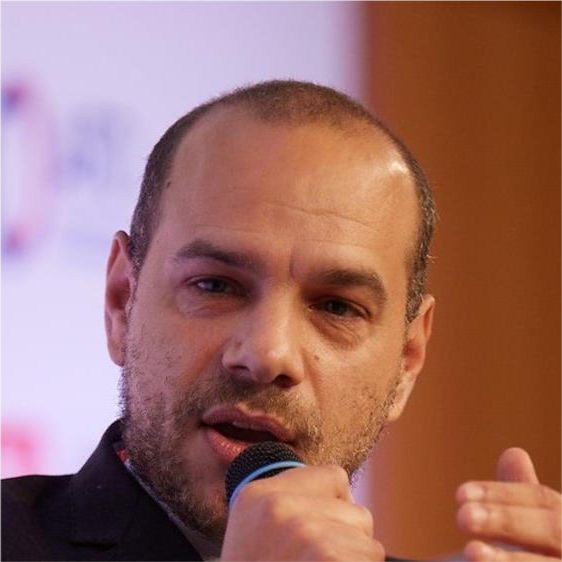

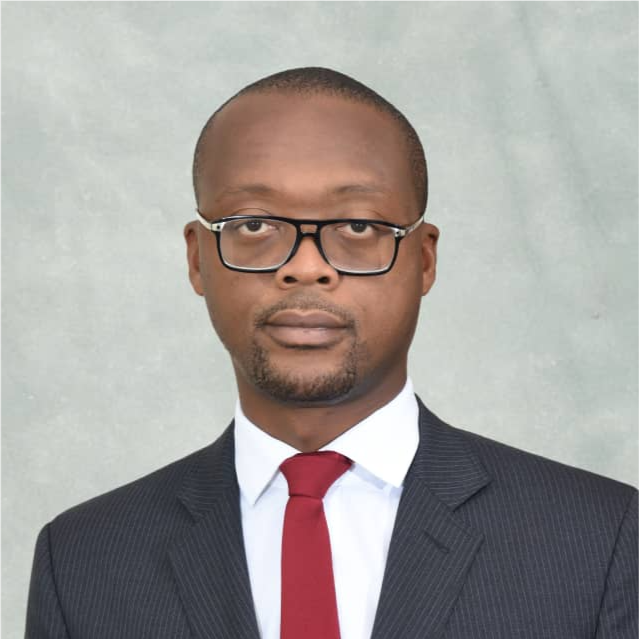
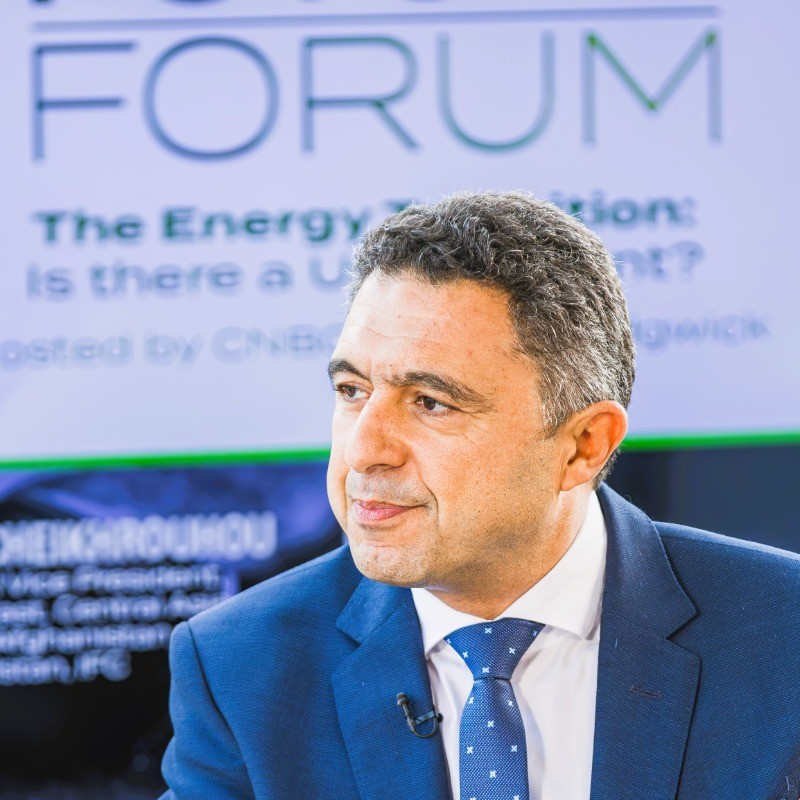
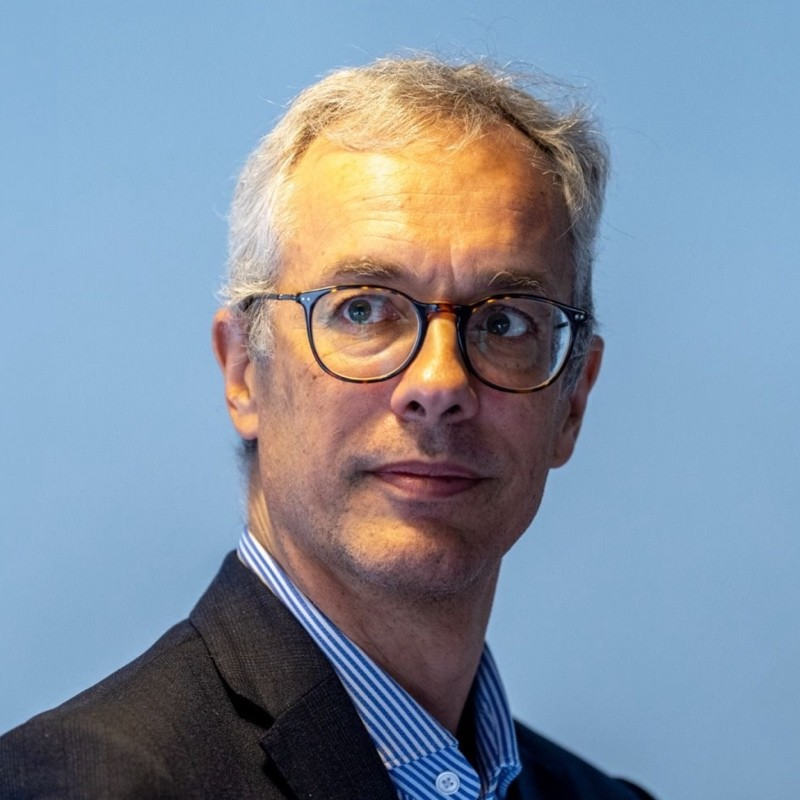

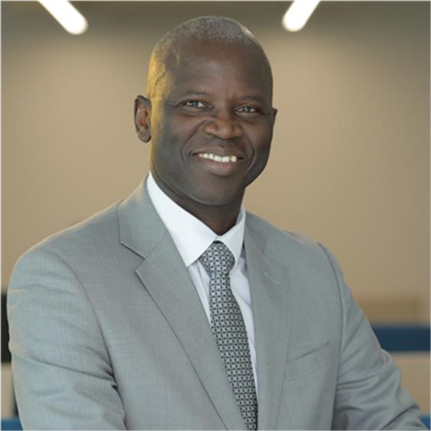
-
(GMT)PANEL
Built to last: Learning from the secrets of out-performing family-owned businesses (FOBs)A recent study reveals that FOBs account for nearly three-quarters of global GDP and 60 % of global employment. However, only 3% of FOBs in Africa (5% globally) survive beyond the third generation, partly due to generational tensions regarding vision and choices about diversification, talent, and governance. For the next generation stepping into a FOB, what strategies and mindsets can they adopt to ensure sustainability? And what can they learn from FOBs that have made this transition successfully?
Key points:
- The diversification imperative: How can FOBs unlock access to new technologies, industries, and geographies through M&As and other means?
- Strengthening governance: From independent boards to the establishment of family offices, what are the key success factors for effective FOB governance?
- Beyond attraction: How can FOBs identify, train, and develop top talent to ensure long-term retention?


.jpg)
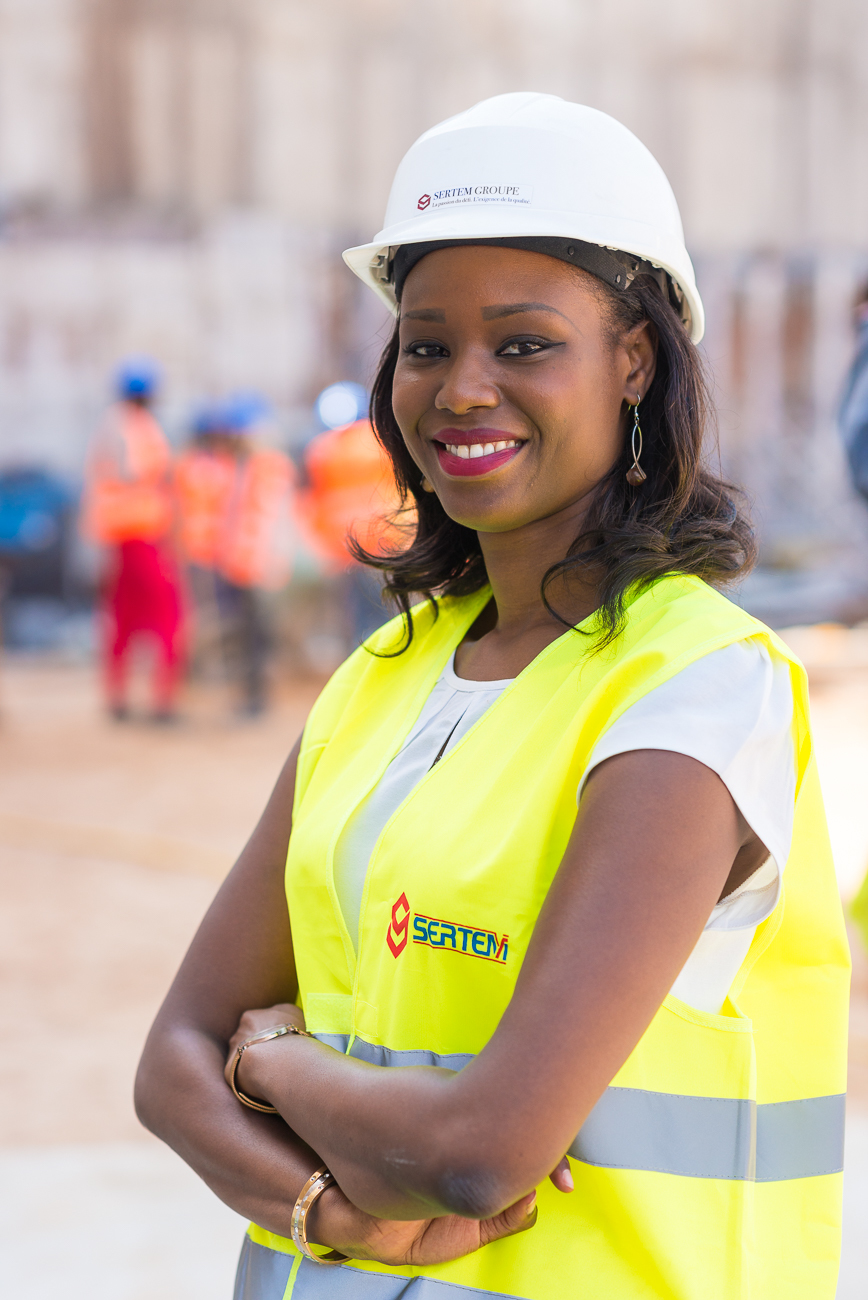
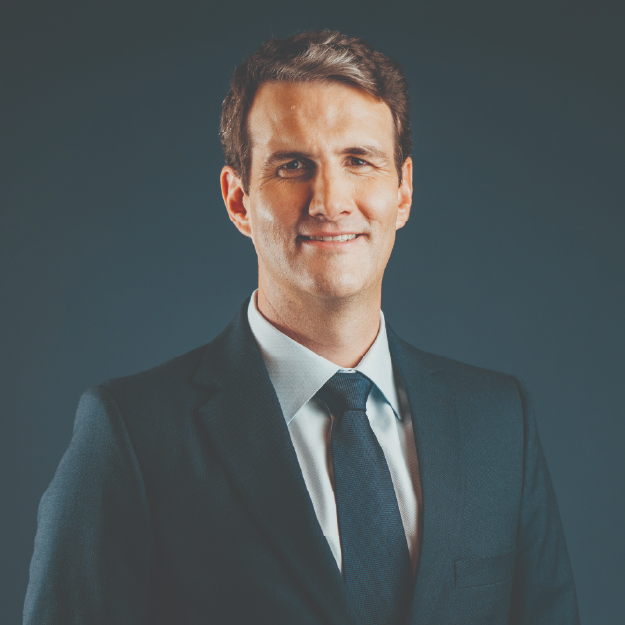
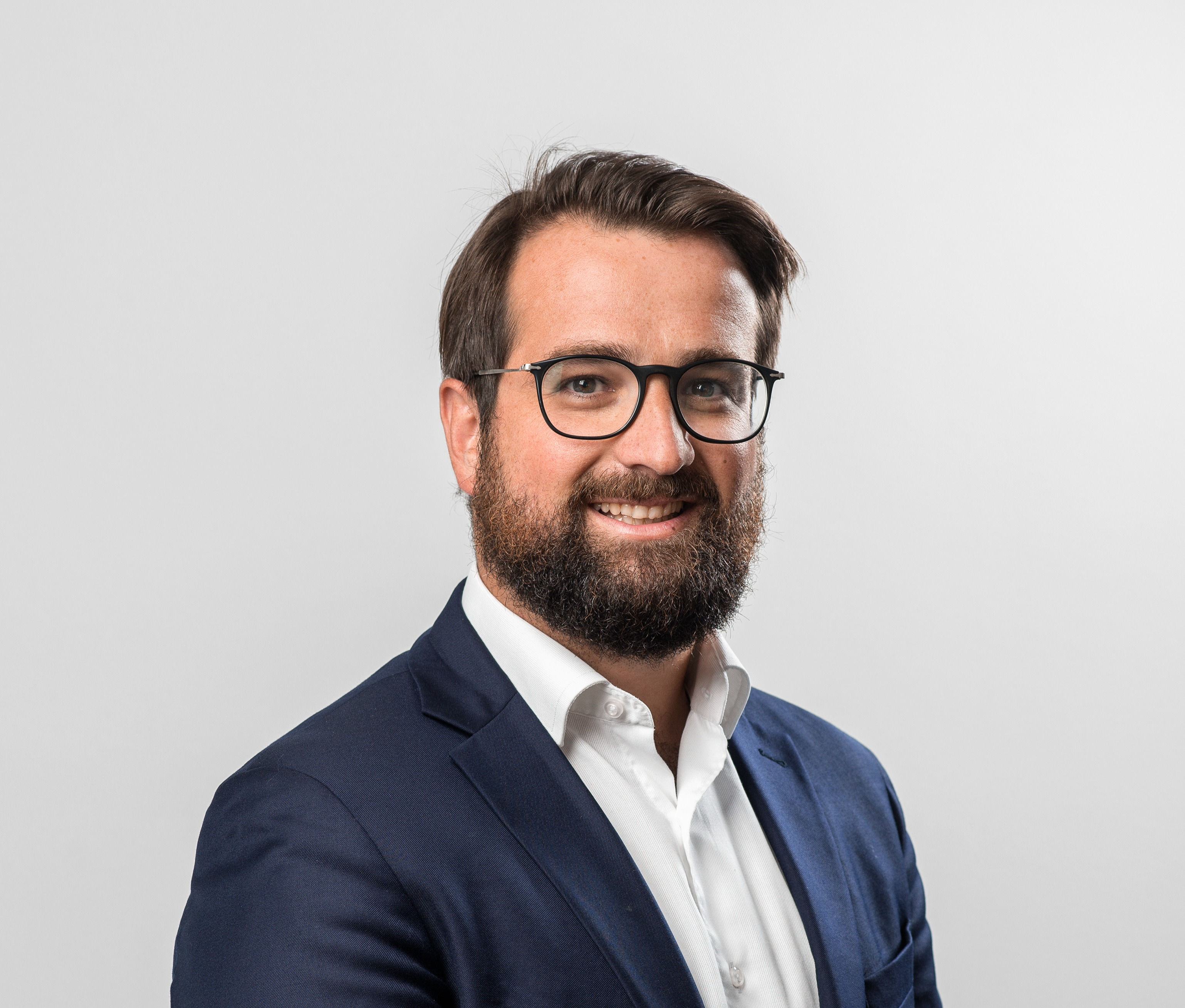
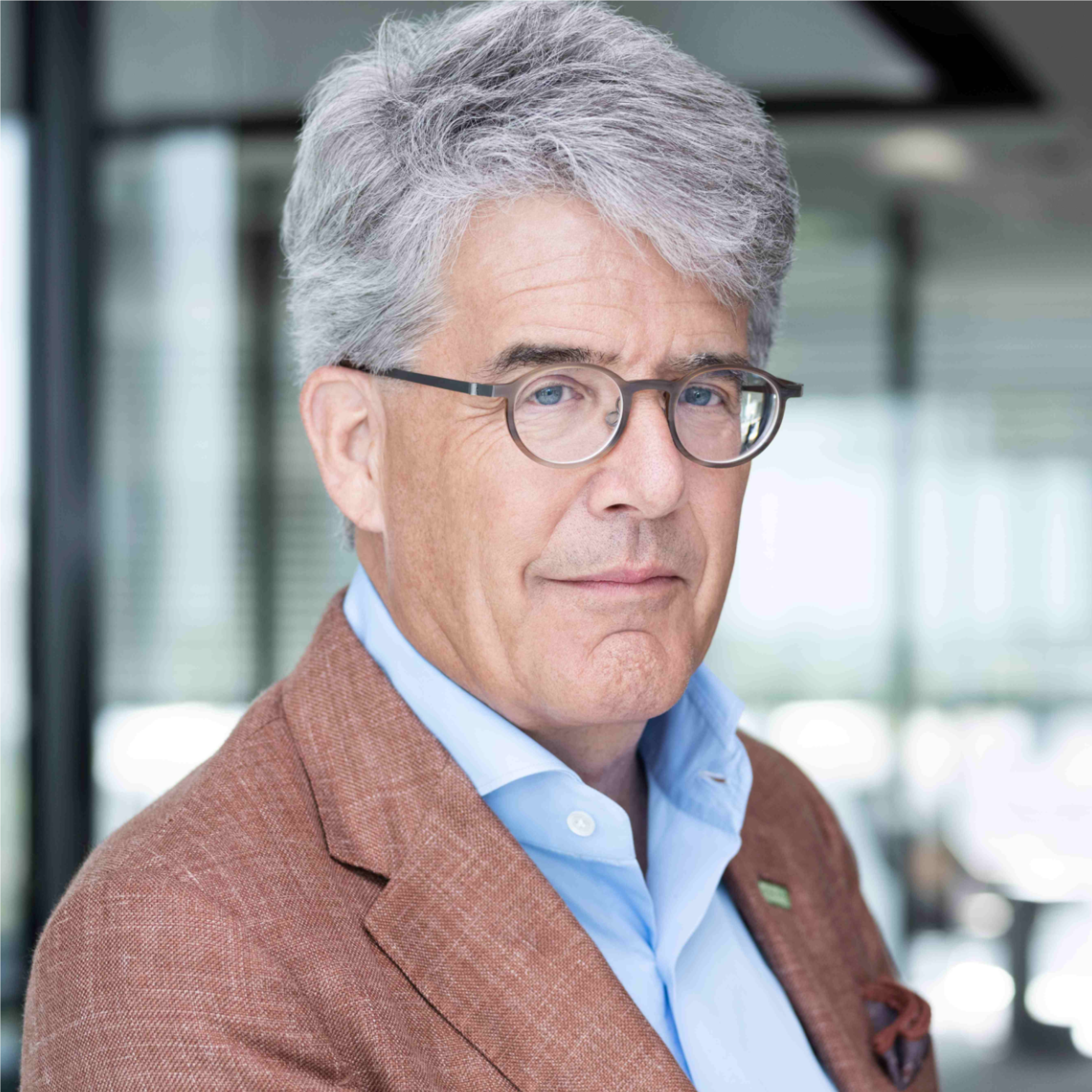
-
(GMT)PANEL
Cost of capital crisis: How can African business turn geopolitical shifts to its advantage?High interest rates are straining African companies seeking capital for expansion, projects, M&A, and balance-sheet optimisation. Yet capital flows are shifting as the US and Gulf states pivot toward more private-sector-driven funding strategies. How can businesses leverage this shift while overcoming perceived macroeconomic instability, governance concerns, and currency volatility that have deterred investors? And can credit enhancements and concessional DFI finance scale beyond project-specific interventions to lift Africa above its current 0.3% share of the global private credit market?
Key points:
- How can African businesses position themselves to capture capital from US, Gulf, and European funds targeting private-sector expansion?
- Can local institutional capital and mezzanine finance offer a scalable solution for balance-sheet optimisation and private-sector funding?
- What practical steps are needed to scale blended finance and concessional funding beyond project-specific solutions?
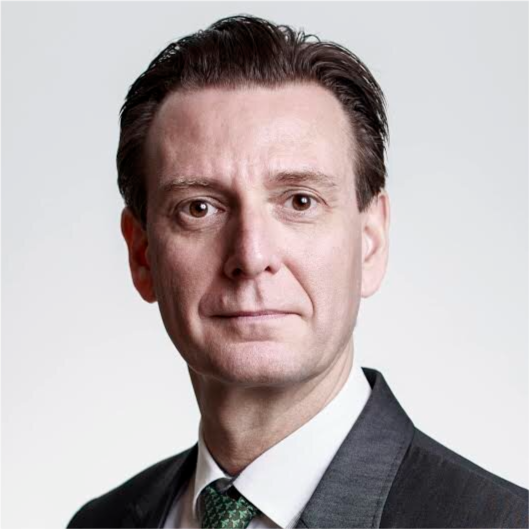
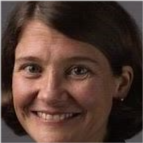
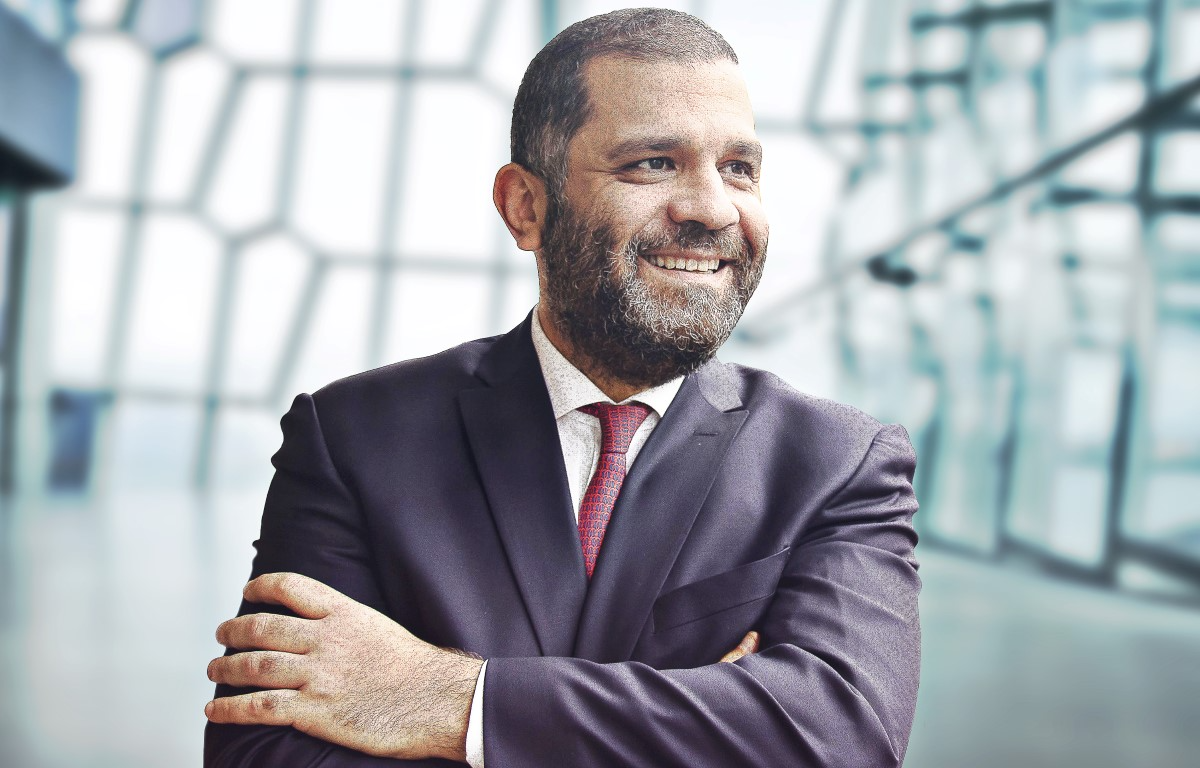
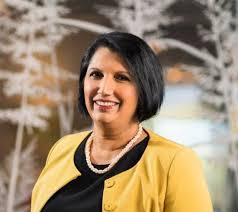
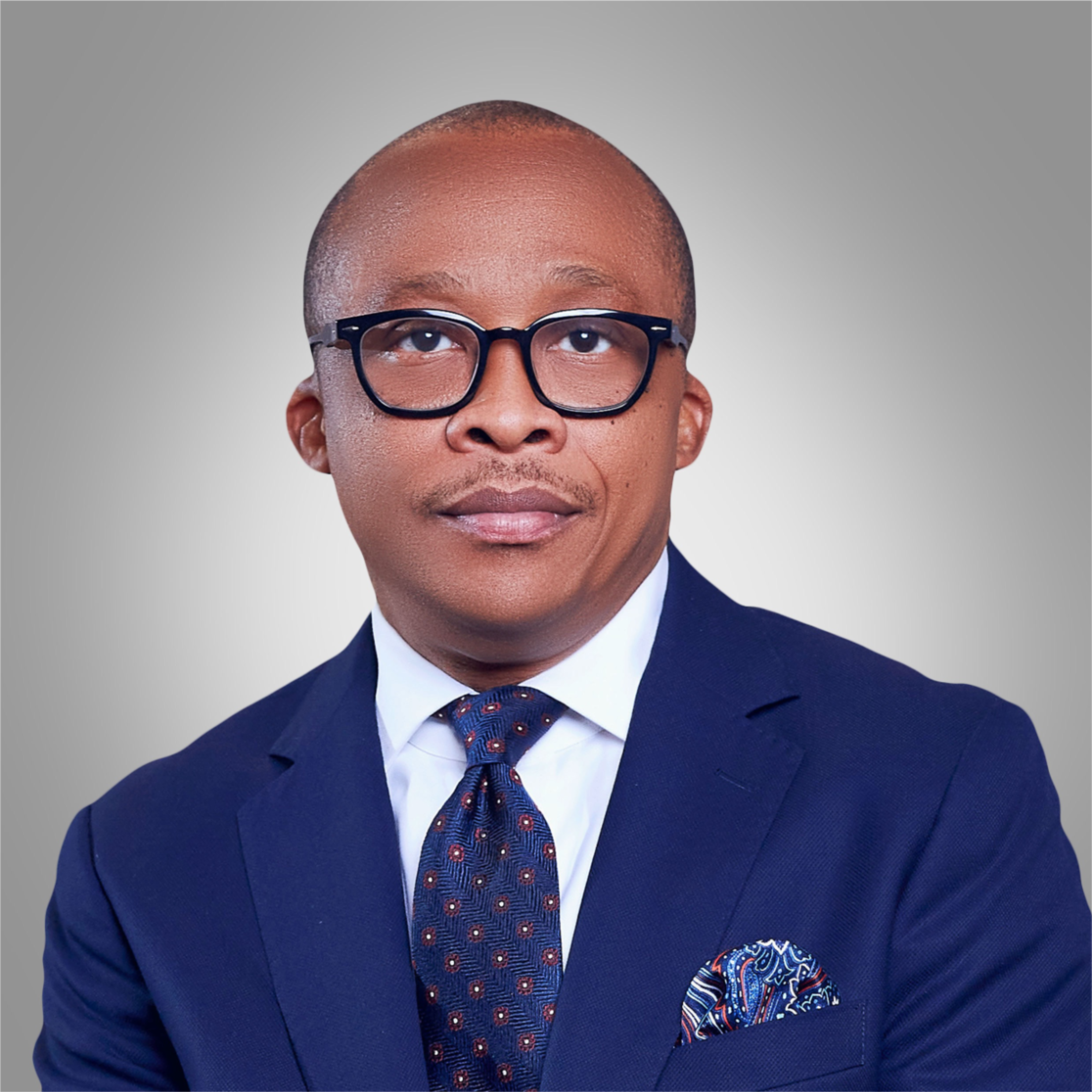
-
(GMT)INDUSTRY OUTLOOK
Mine, not yours: Are hard-ball tactics yielding results for African nations?African states are reforming their mining codes to better leverage their vast resources, particularly in critical minerals where global demand is expected to reach $16 trillion by 2050. States like Ghana, Mali, Cameroon, Tanzania, Zimbabwe, Guinea, and Namibia have asked for greater profit-sharing, increased taxes, and more technology transfers, while at the same time placing greater emphasis on local processing. These economic policies can cause conflict with investors, while foregoing foreign finance and expertise is not an option. How can Africa reconcile local content and investment participation?
Key points:
- Royalties, taxes, and equity participation: How to ensure a fair distribution of revenue between states and international mining companies?
- Export bans, human capital training, Special Economic Zones, energy production: What economically viable levers can be pulled to boost local processing?
- AfCFTA: How can cross-border value chains provide the economies of scale needed to catalyze investments?
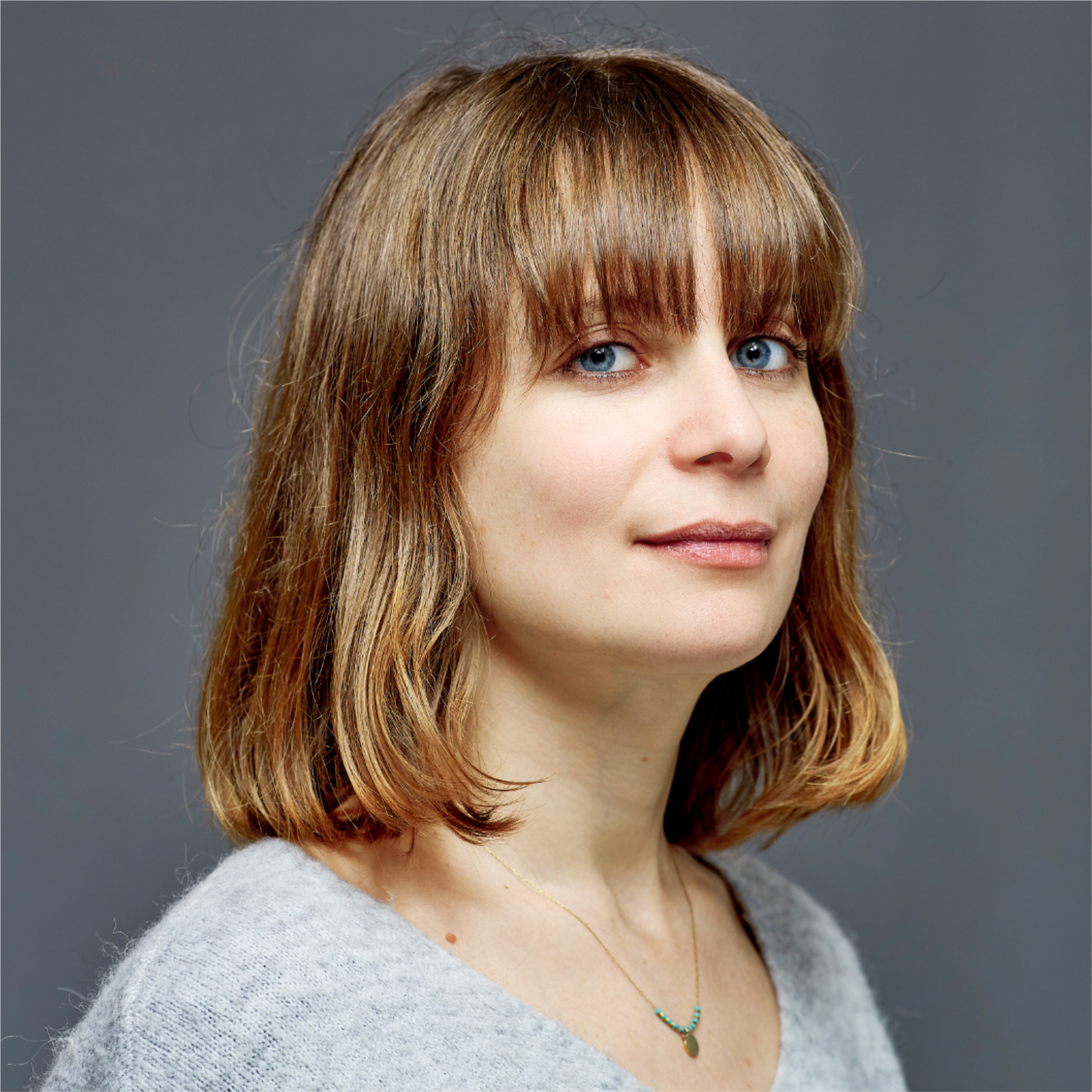
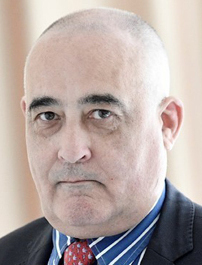
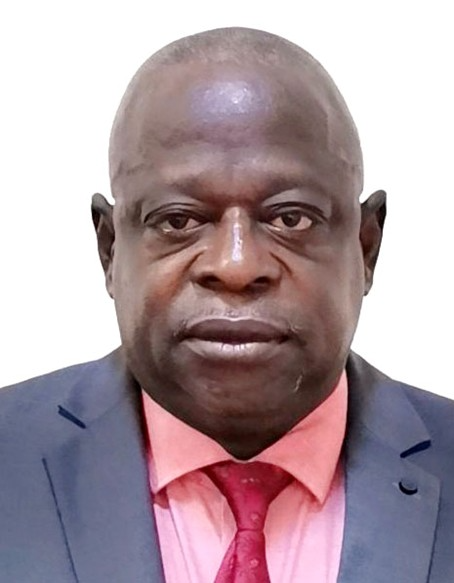 Speaker
SpeakerSeydou COULIBALY
Director General of Mines and Geology, Ministry of Mines, Petroleum and Energy of Côte d'Ivoire
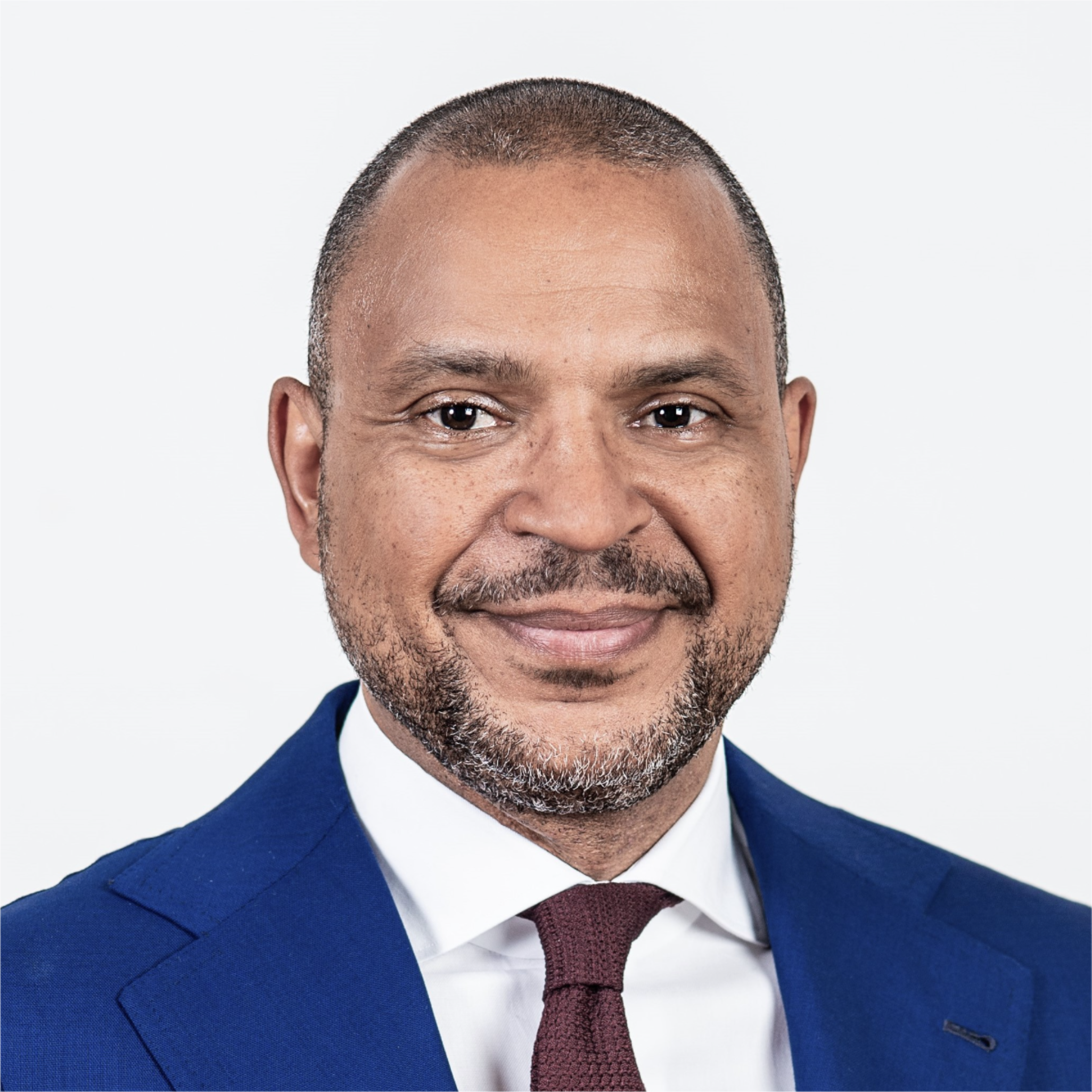
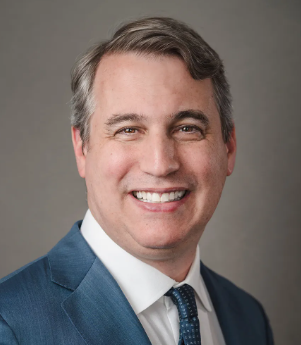

-
(GMT)STRATEGIC ROUNDTABLE
One app to rule them all? The fight to supercharge Africa’s digital economyAccess via sign-up on the event app or by invitation only.
Africa’s digital economy is undergoing a seismic shift as super apps and fintechs compete with banks and telecoms to dominate the digital wallet. The region’s unique market—high mobile penetration and fragmented financial infrastructure—has accelerated the rise of mobile-first platforms. With over 800 million mobile money accounts across Africa, super apps like M-Pesa and Tingg are pushing the envelope, offering integrated services ranging from mobile payments to e-commerce. However, traditional banks and telecoms still dominate network reach and consumer trust. How will innovation, regulation, and strategic partnerships determine who wins?
Key points:
- The battle for consumer trust in a fragmented market: How can fintechs and super apps build credibility in a market where banks and telecoms have deep historical roots?
- Innovation as a competitive advantage: How are emerging technologies like AI, blockchain, and mobile-first platforms disrupting traditional financial services and enabling new business models?
- Collaboration or competition? Will fintechs and incumbents form partnerships to expand their reach, or will the competition drive innovation and capture the market?
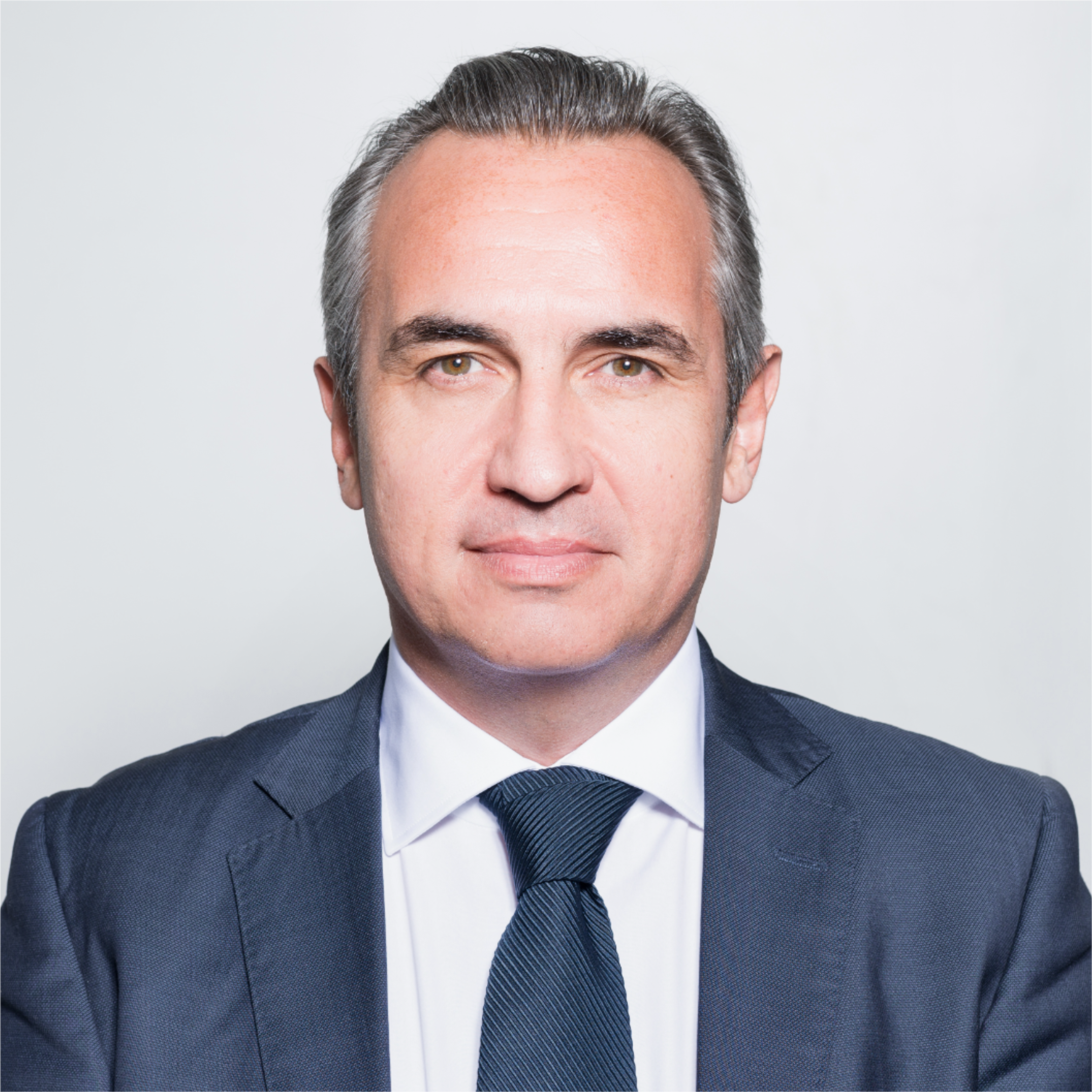
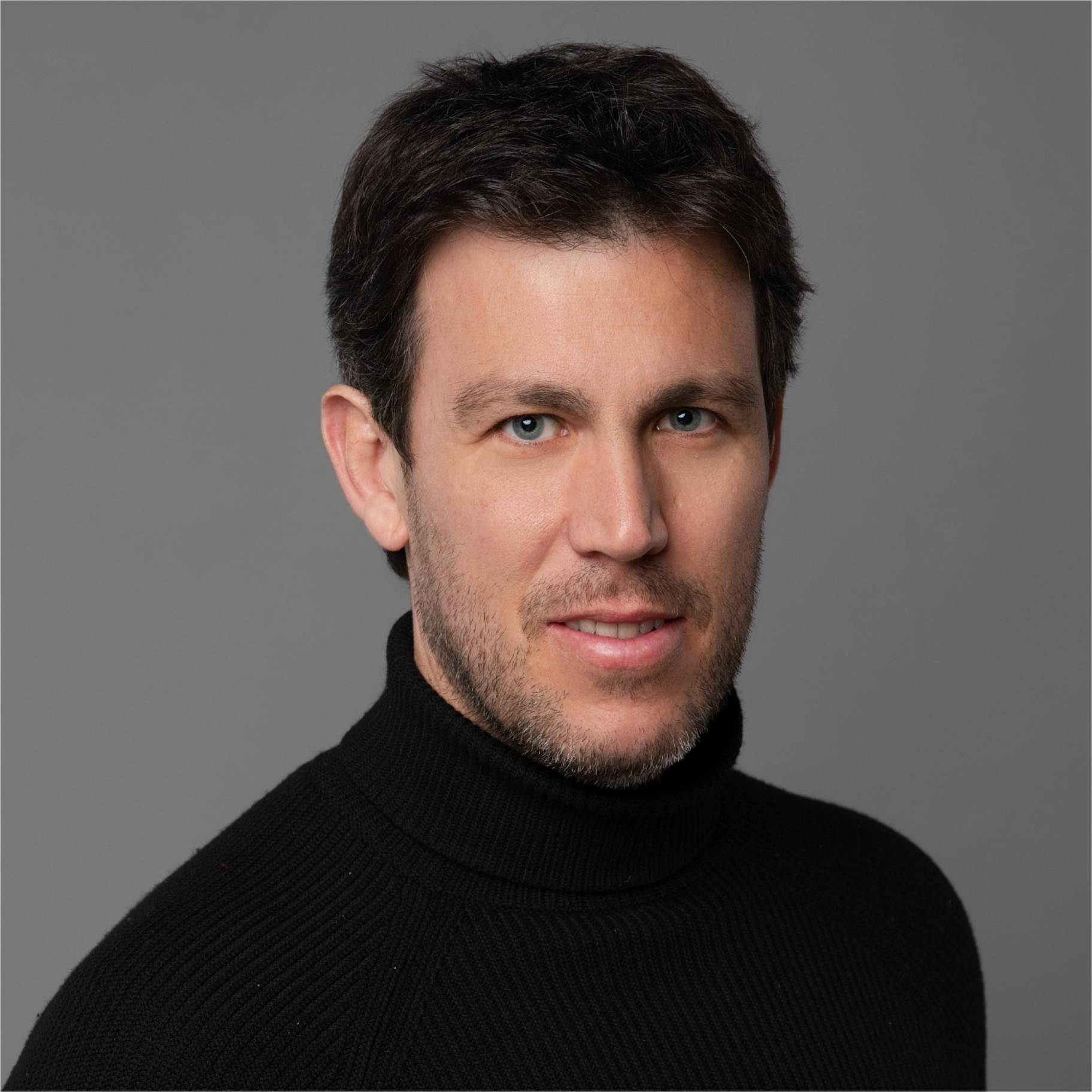

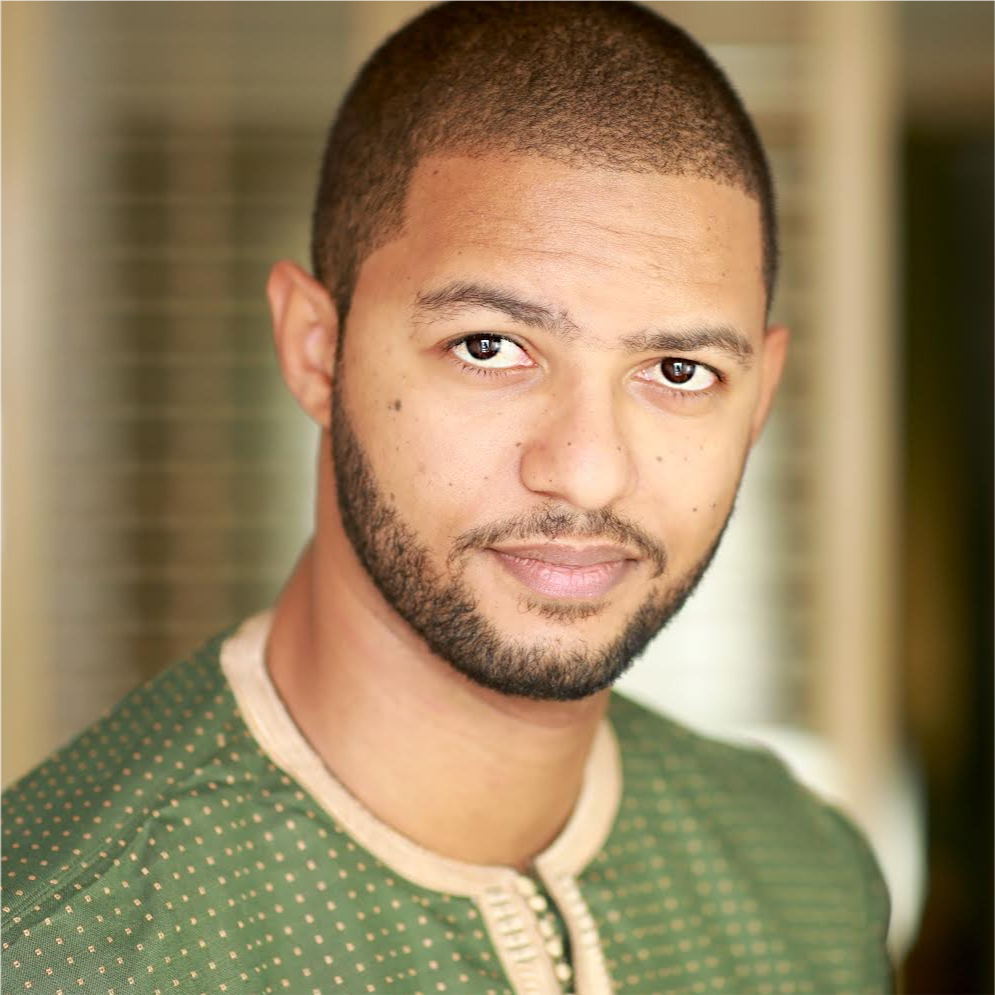
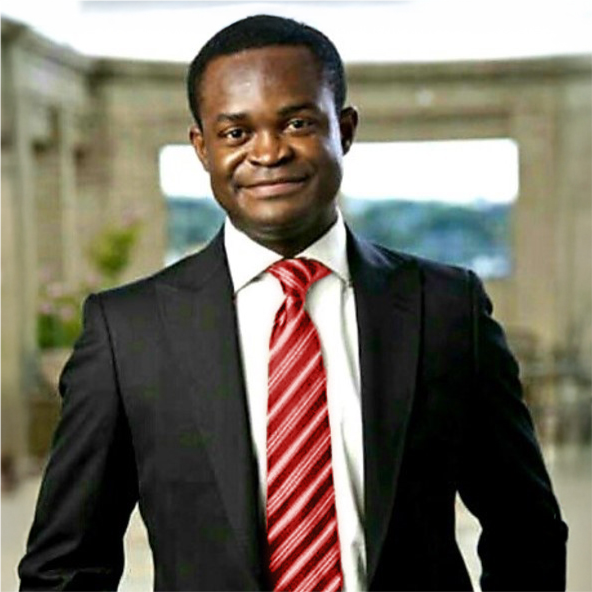
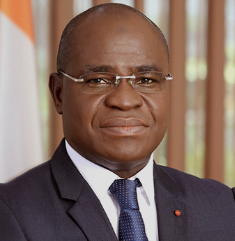 Speaker
SpeakerIbrahim Kalil KONATE
Minister of Digital Transition and Digitalization, Republic of Côte d'Ivoire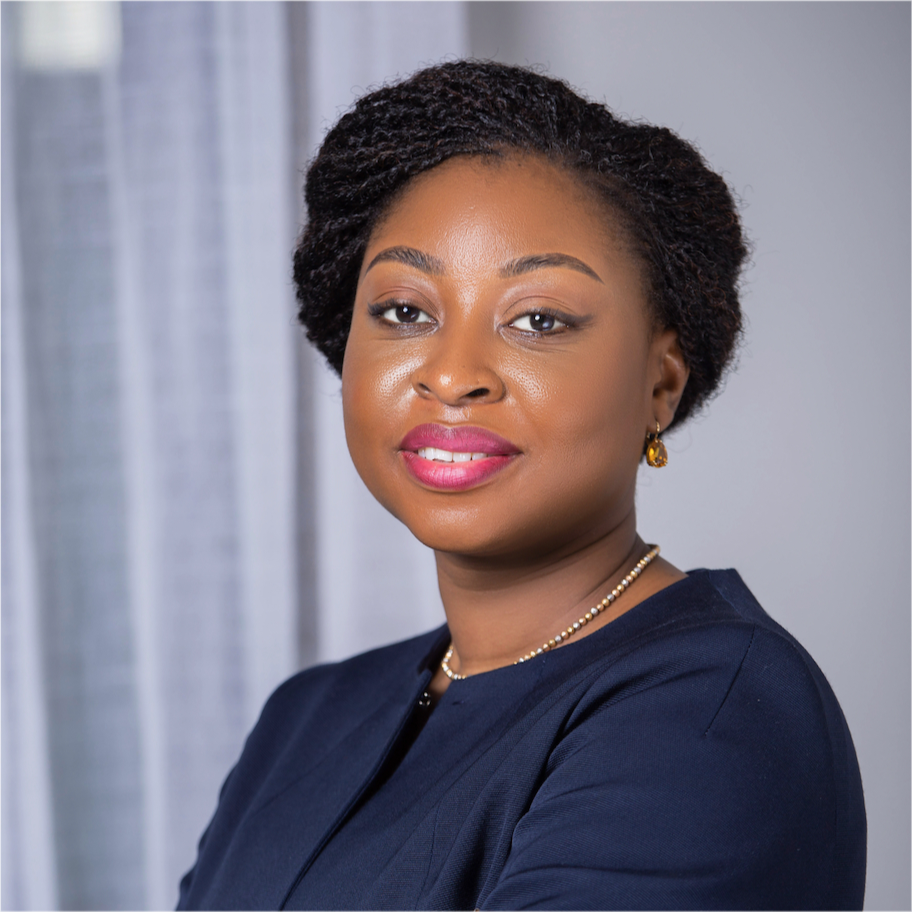 Speaker
SpeakerAurélie ADAM SOULE ZOUMAROU
Minister of Digital Economy and Communication, Republic of Benin -
(GMT)DEAL ROOM
Maroc -
(GMT)INVEST IN
GUINEAAs the foremost annual meeting of the private sector on the continent, the Africa CEO Forum is the leading platform for public-private dialogue. ‘Invest In’ sessions allow CEOs and investors to meet with high-level African government officials to gain deeper insight into their countries’ economic development strategies. These sessions provide exposure to a variety of key sectors, business environments, and public and private investment opportunities.
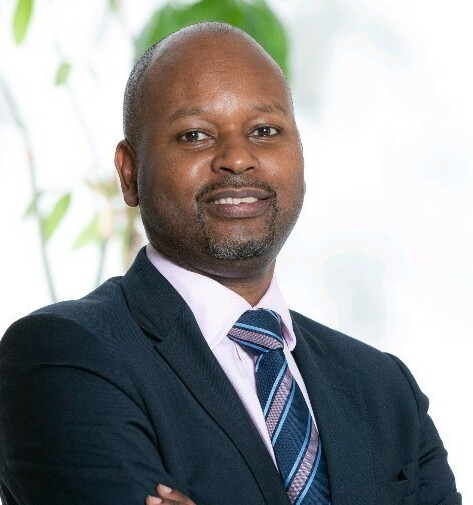
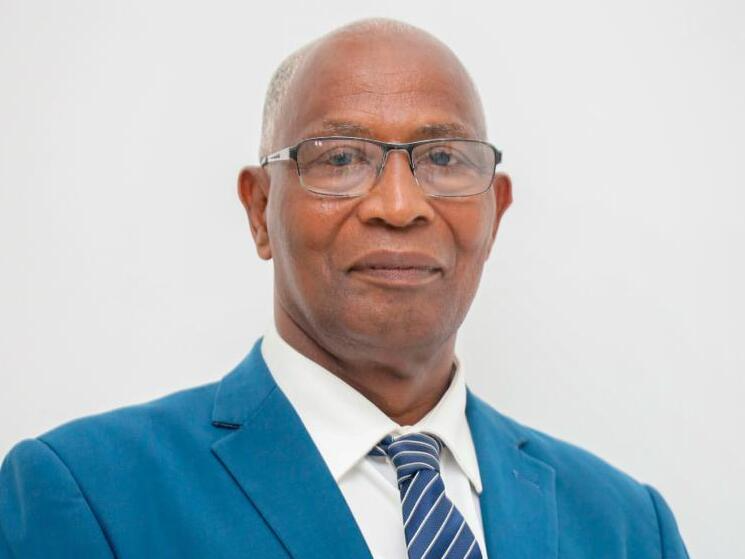
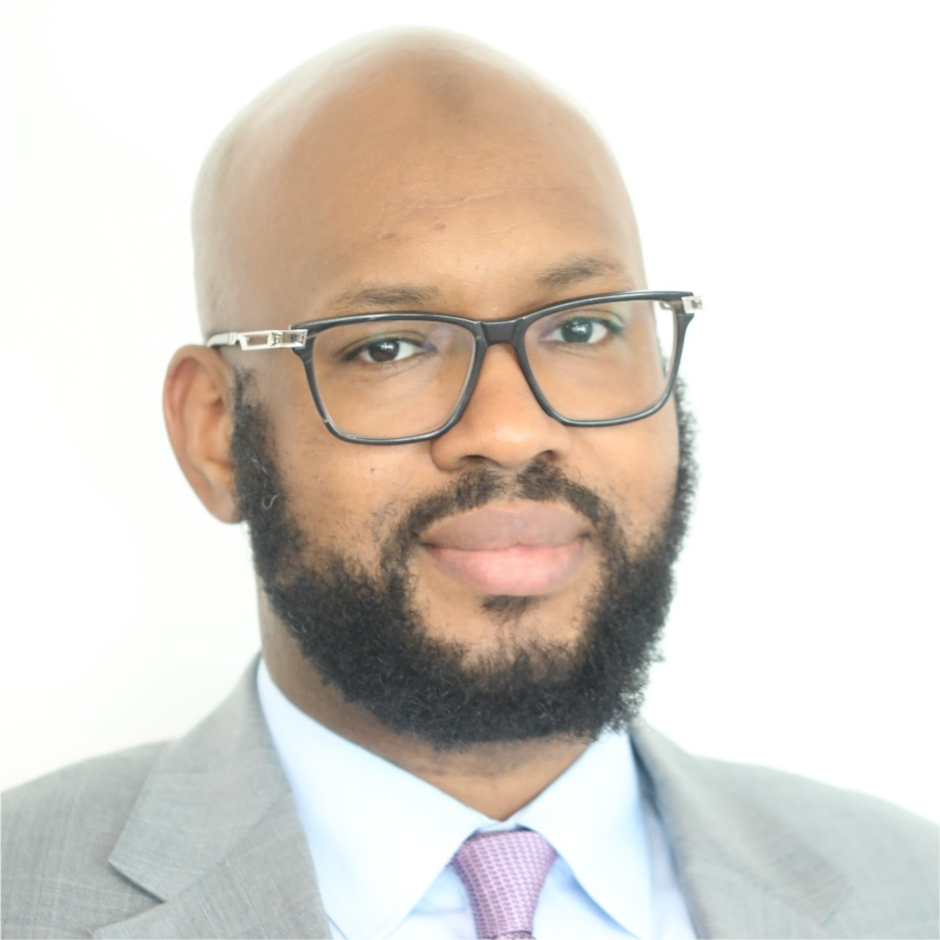
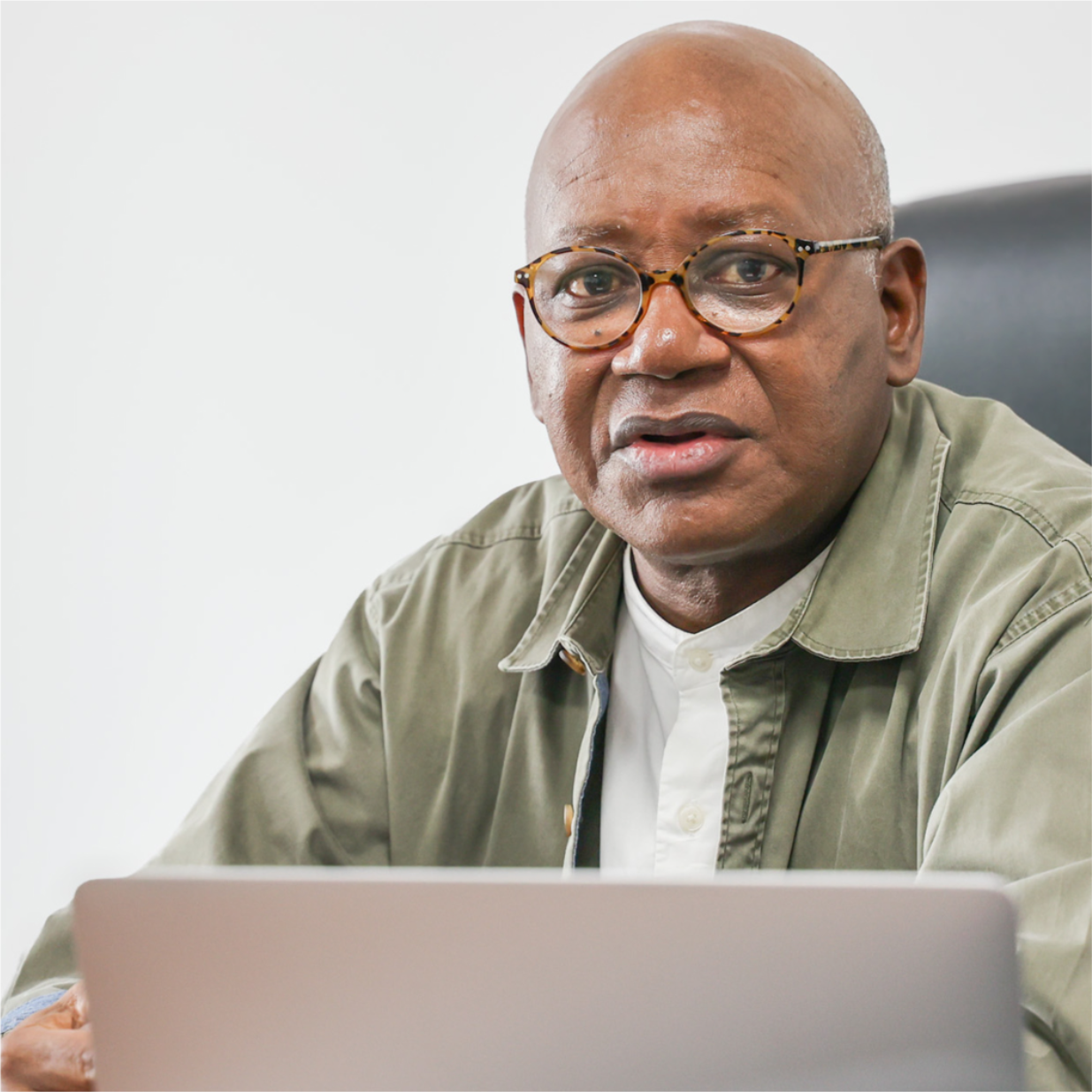
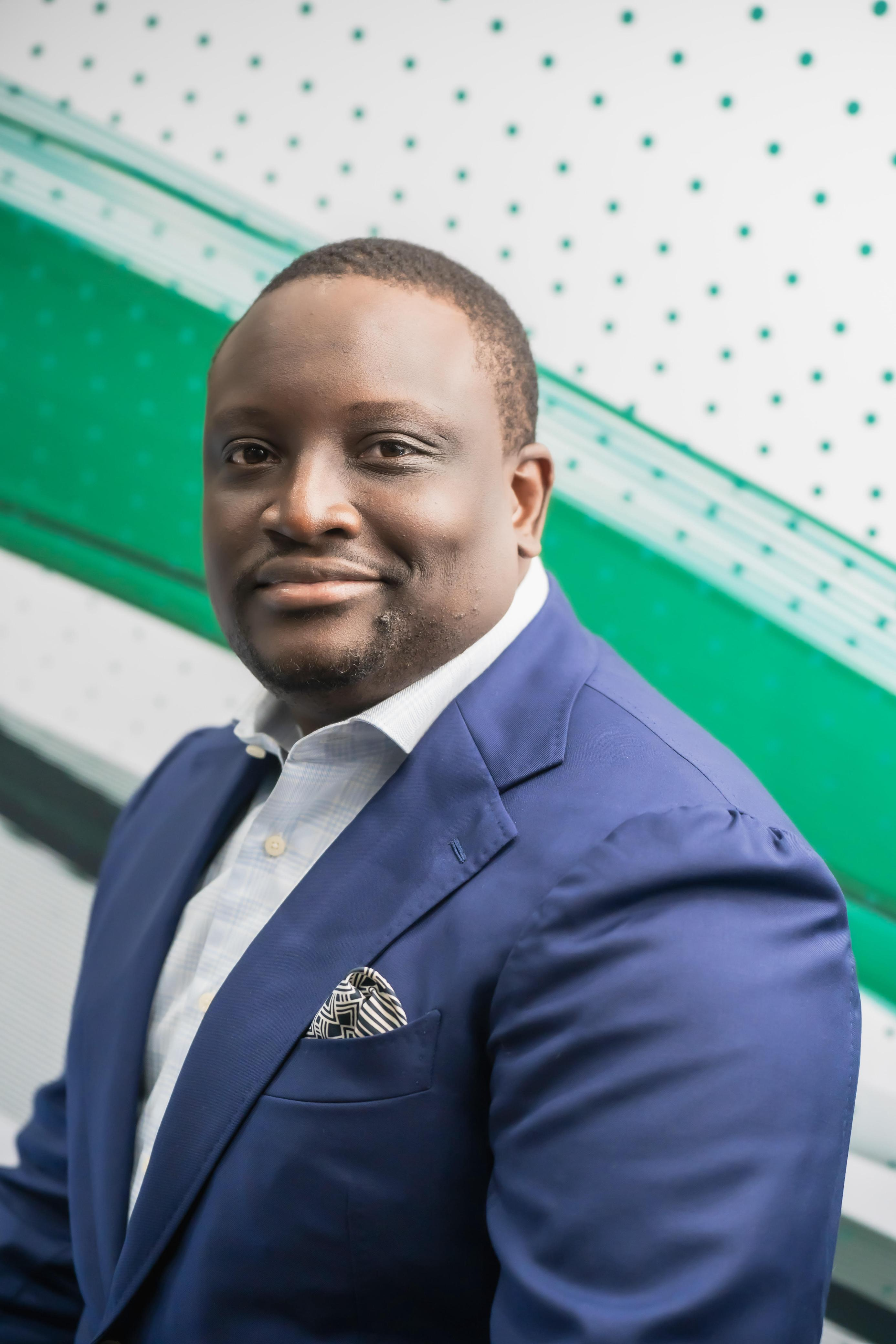
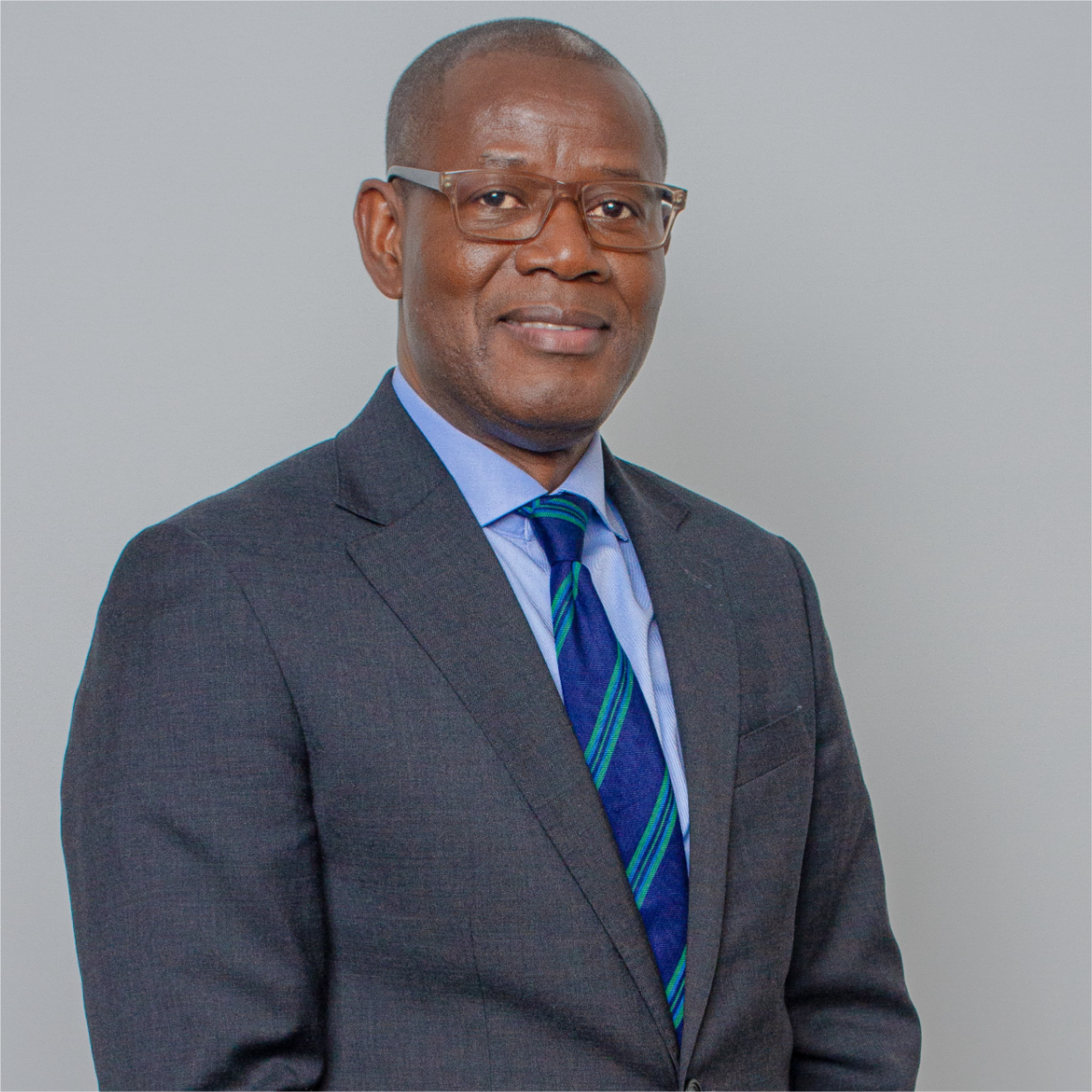
-
(GMT)WORKSHOP
Leading entrepreneurial families: Governance and succession for long-term successWhat are the two vital pillars of family enterprise success? This workshop is designed for family business leaders committed to building enduring legacies. It explores how to create family unity and clarity of purpose, and how to handle succession within the family. Through the sharing of best practices in governance and succession planning, participants will gain actionable insights to strengthen cohesion, ensure continuity, and foster the longevity of their businesses across generations.
Hosted by IESE Business School, in collaboration with Strathmore Business School (Kenya) and MDE Business School (Côte d’Ivoire).
-
(GMT)INDUSTRY OUTLOOK
Breaking new ground: Can African O&G turn divestments into dominance?As international O&G companies divest towards African deepwater assets, domestic companies are snapping up prime onshore assets. From Algeria to Angola, and Mozambique to Mauritania, states have long tried to build homegrown extractive industries, yet truly competitive African O&G players are relatively rare, influenced by factors such as limited expertise and challenges related to governance. However, a new wave of champions: Oando, Renaissance, Seplat: all have one distinct advantage: they are pure private players, in a volatile world in which energy is power. Will Africa’s homegrown O&G industry seize the moment — and turn today’s M&A wave into a catalyst for innovation, resilience, and real value creation?
Key points:
- Domestic dollar: Will African O&G financiers, like the emerging African Energy Bank, boost the rise of African O&G champions?
- Are decades of local content policies finally yielding results, with a technical workforce and experienced suppliers?
- Diversify or die: Should African oil and gas players emulate the diversification strategies of European majors, adopt the pure-play focus of their American counterparts — or pursue alternative paths to maximize the value of Africa’s assets?

-transformed.png)

-transformed.jpg)

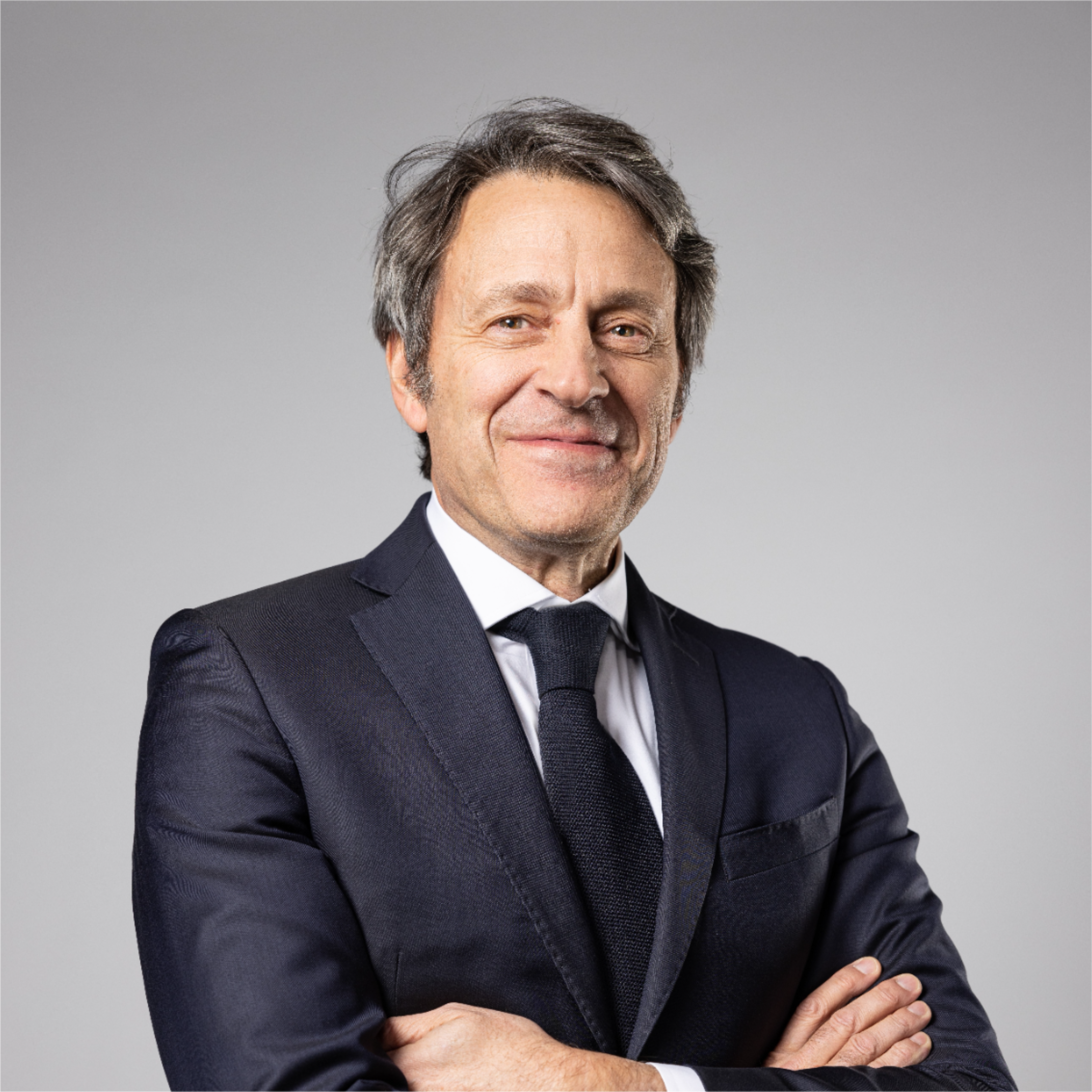
-
(GMT)HEAD-TO-HEAD
Sovereign Ratings: Is Africa rated fairly?Credit rating agencies play a key role in granting African countries access to financing, but their methods are often criticized for systemic biases that drive up debt costs and hinder investment. According to a UNDP study, Africa bears an estimated cost of $74.5 billion in excessive interest payments and lost financing opportunities. On the other hand, rating agencies like Moody’s argue that their assessments are based on objective criteria and real risk evaluation. This unfiltered face-off will challenge these opposing perspectives, clarifying the impact of credit ratings on Africa’s development and exploring possible pathways for constructive change.


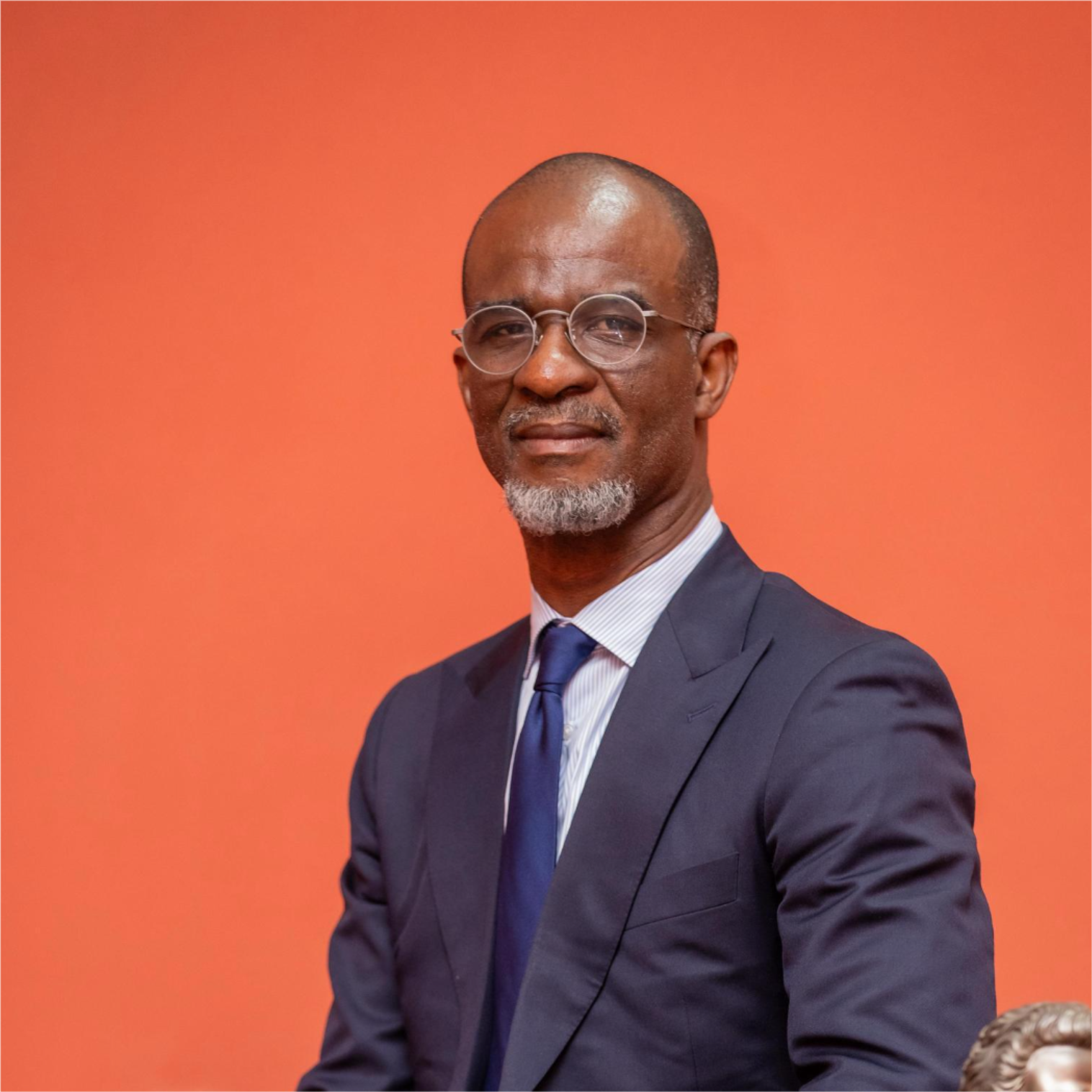
-
(GMT)CONVERSATION WITH
Fast-tracking African integration: The private sector imperativeWamkele Mene, Secretary General of the AfCFTA, Samaila Zubairu, President & CEO of Africa Finance Corporation (AFC), and Roosevelt Ogbonna, Managing Director & CEO of Access Bank, are united in their belief that the private sector holds the key to accelerating continental integration. Mene highlights tangible progress through tools like the e-Tariff Book and the AfCFTA Adjustment Fund, designed to address economic disparities. Zubairu, newly appointed head of the Alliance of African Multilateral Financial Institutions, is calling for deeper synergy between public capital and private investment to finance Africa’s development priorities. Ogbonna brings the perspective of a leading pan-African bank actively supporting cross-border trade and regional financial integration. In this exclusive conversation, the three leaders share their vision of an integration agenda driven by African enterprise—at a time when trade is increasingly used as a tool of geopolitical power.
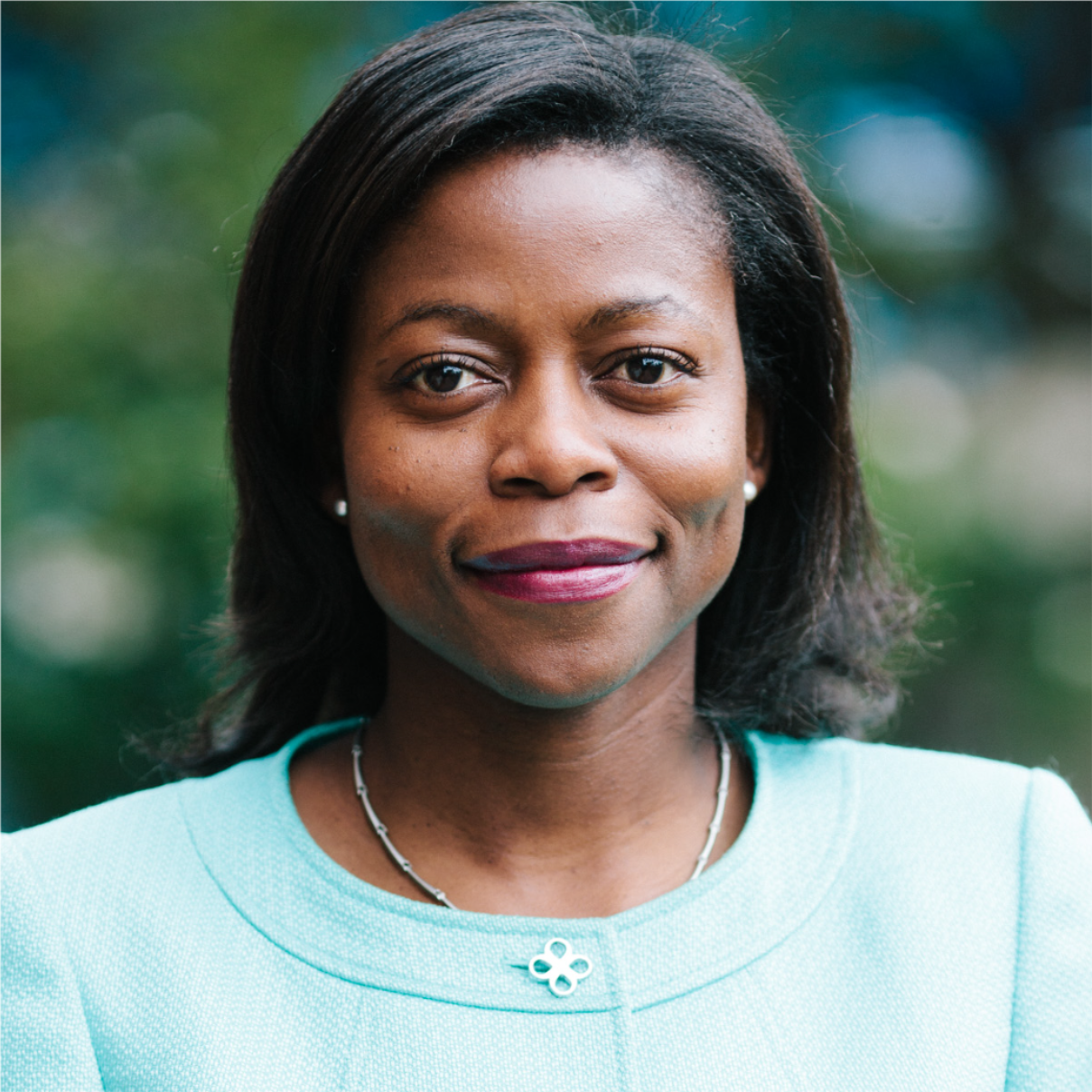
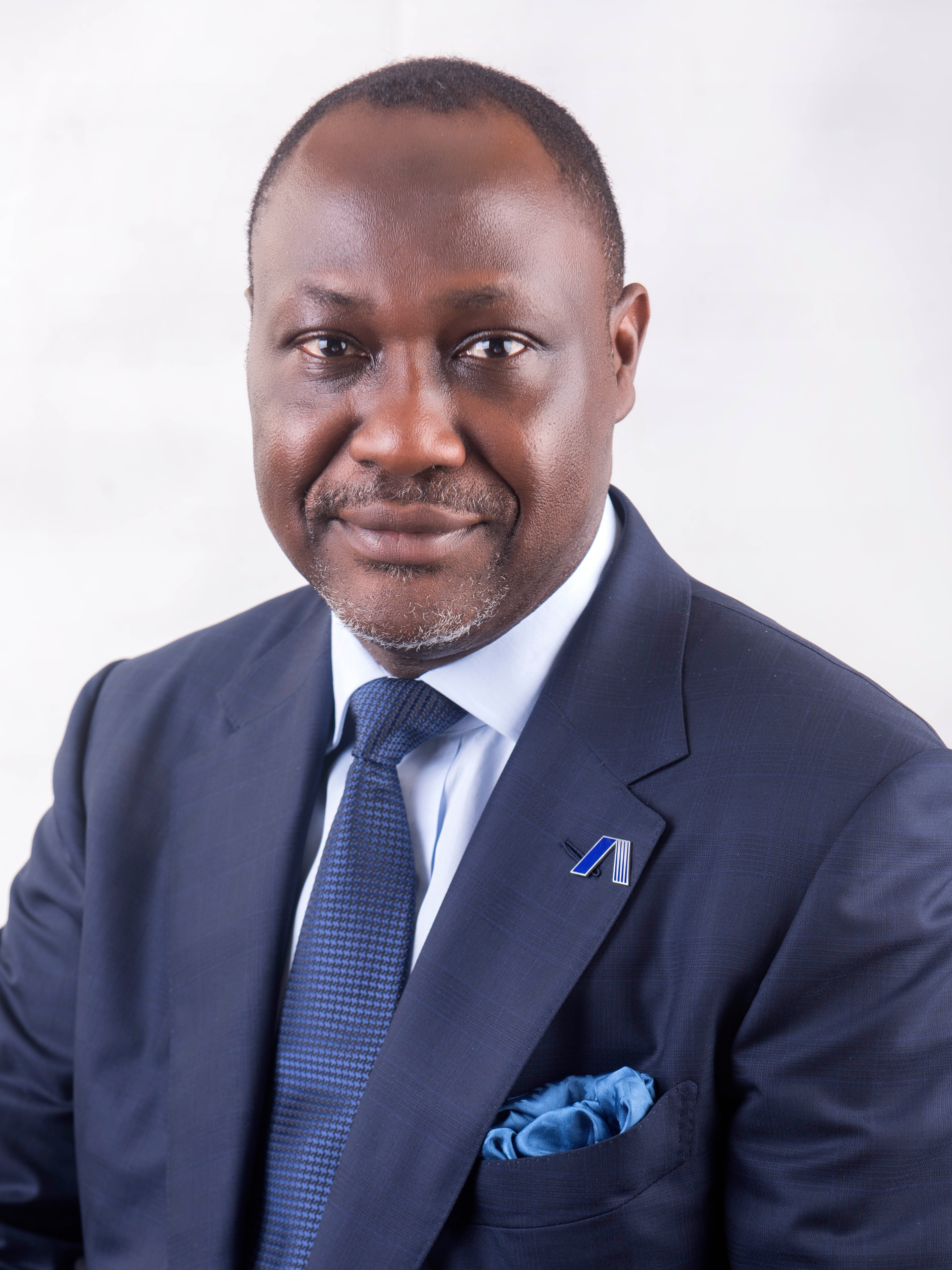
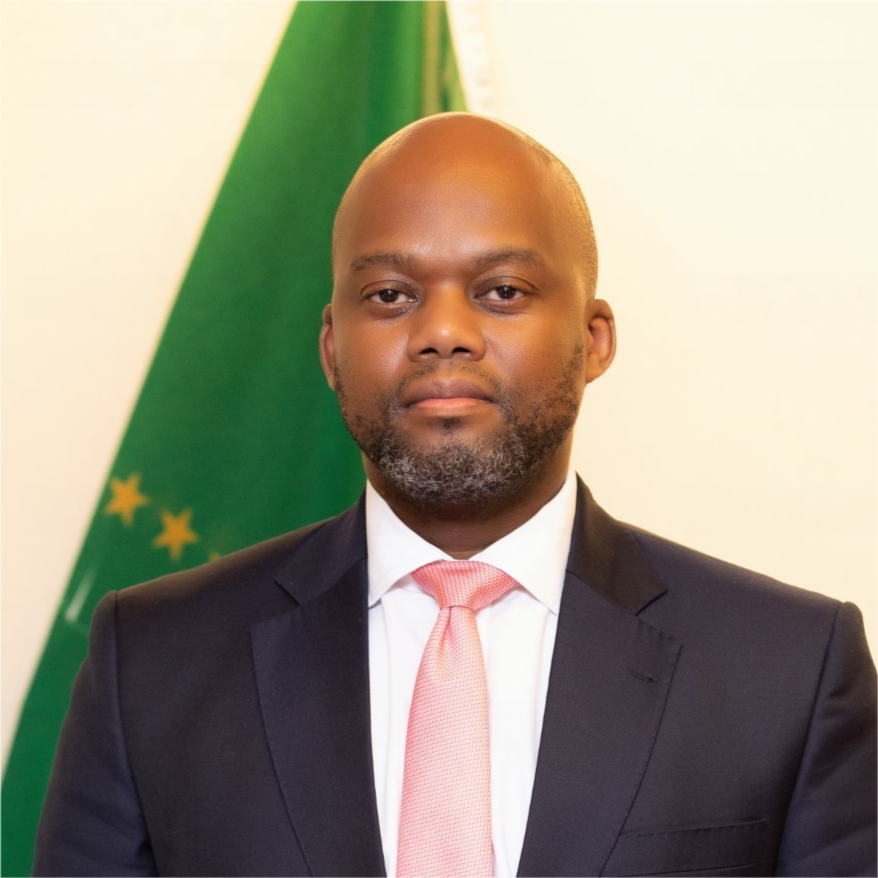
-
(GMT)DISRUPTERS CLUB
Beyond the hype: How investors can identify lasting start-up potentialOver the past decade, Africa’s tech ecosystem has been a rollercoaster—rapid growth, billion-dollar valuations, and sudden collapses. The downfall of high-profile start-ups like 54Gene, Dash, and Sendy, despite collectively raising over $200 million, raised urgent questions about sustainability. Yet, successes like Moniepoint, Paystack and Yoco prove lasting potential exists for those who know where to look. Emerging sectors, fueled by Generative AI and evolving markets, are capturing investor attention. The stakes are high, and the pressure is on for strategic investors to separate fleeting hype from real opportunity. How can investors avoid the pitfalls of hype and make smarter decisions in this volatile ecosystem? What is the secret to spotting lasting potential?
Key points:
- Red flags, due diligence, best practices: With several African start-ups closing down due to fraud and poor market fit, how can investors assess financial health, founder integrity, and scalability ?
- The resilience formula: What common characteristics distinguish thriving start-ups, and how can investors identify these early to ensure lasting success?
- Where should investors bet in 2025: How will the rise of GenAI and evolving market dynamics shape the next wave of high-impact opportunities?

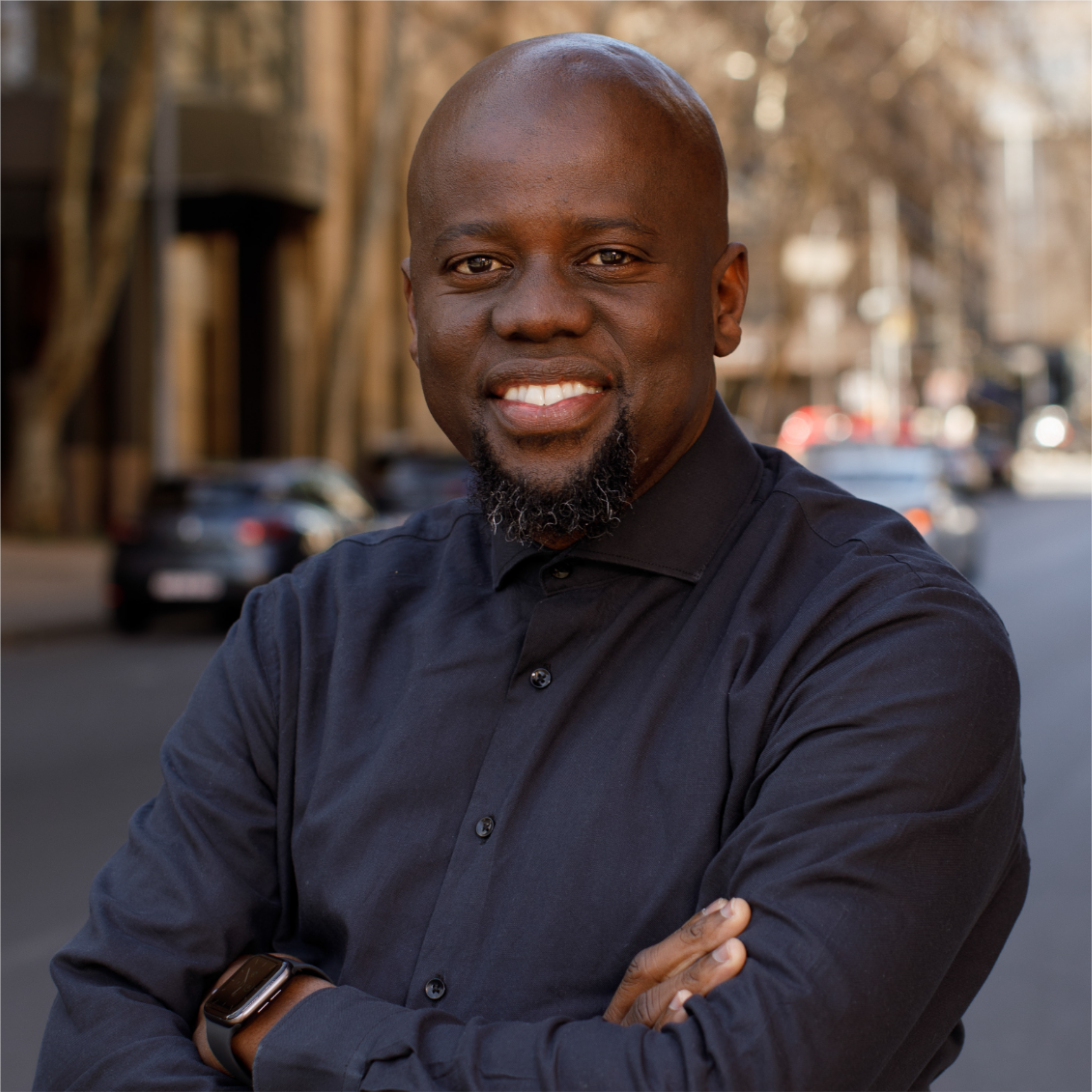


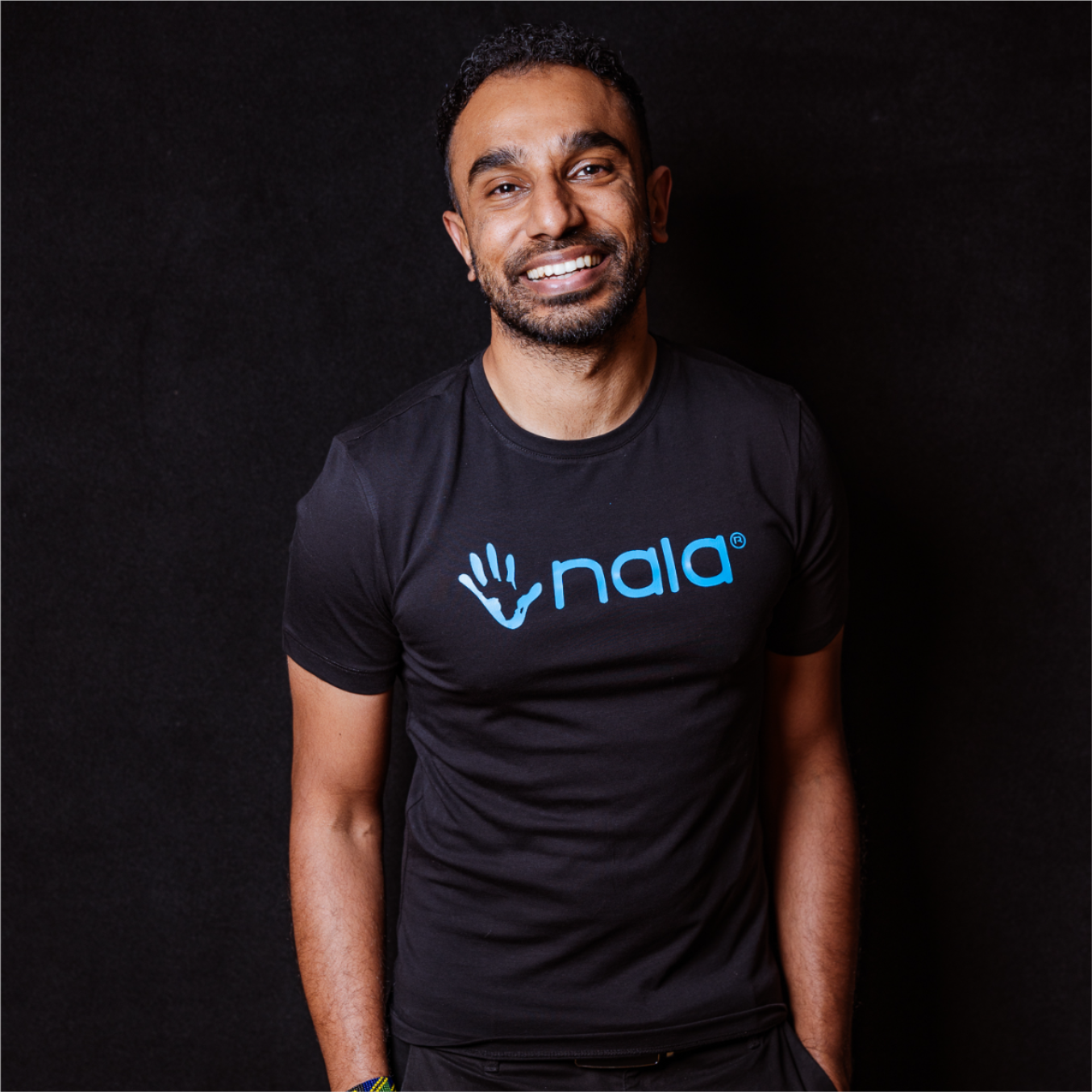
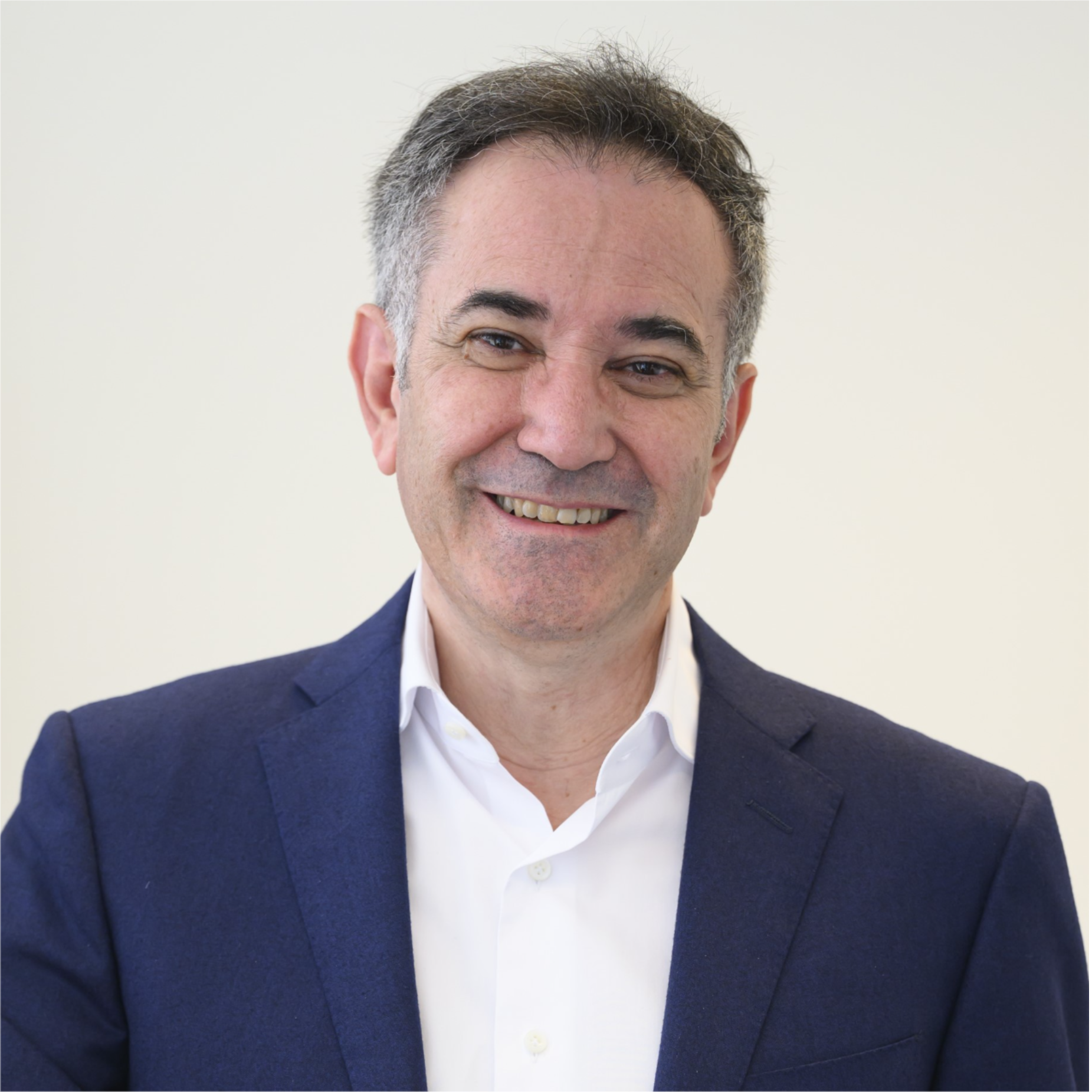
-
(GMT)PANEL
End of aid? How can local financing and philanthropy fill the voidWith the US government retracting most of its foreign aid to Africa at the beginning of this year, the domino effect of other countries following suit is well underway. An opportunity has opened for philanthropy to step in and reconfigure the entire development finance space of the continent. Bottlenecks are preventing private foundations from fulfilling their development potential. More than ever Africans must look to themselves for both financing and driving transformative local impact. How will African-grown solutions and resources react to the retreat of some global partners?
Key points:- What is the new role of international philanthropic organisations in this rapidly changing ecosystem?
- How can businesses and governments push for grassroots, community-driven initiatives to fill the economic development gap?
- What innovative models and partnerships are emerging to drive sustainable development and social impact beyond traditional international aid?
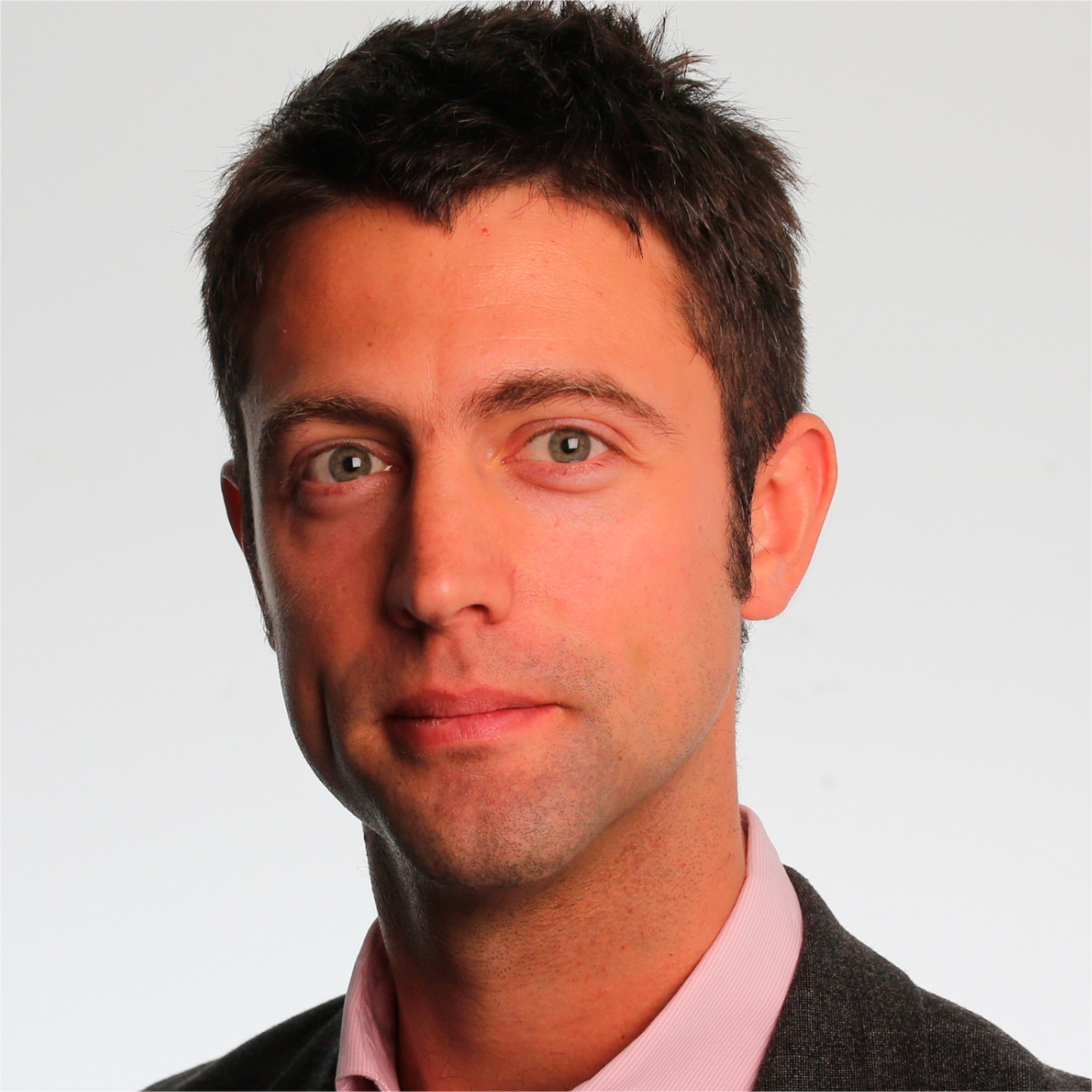
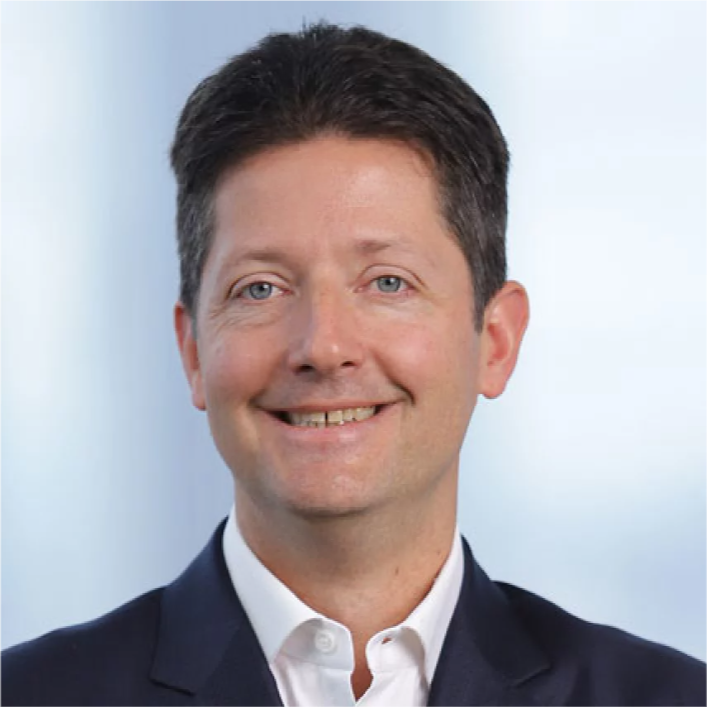
-transformed.jpeg)
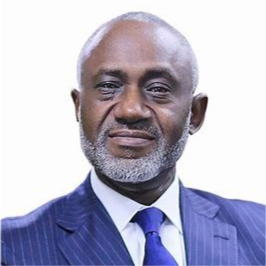

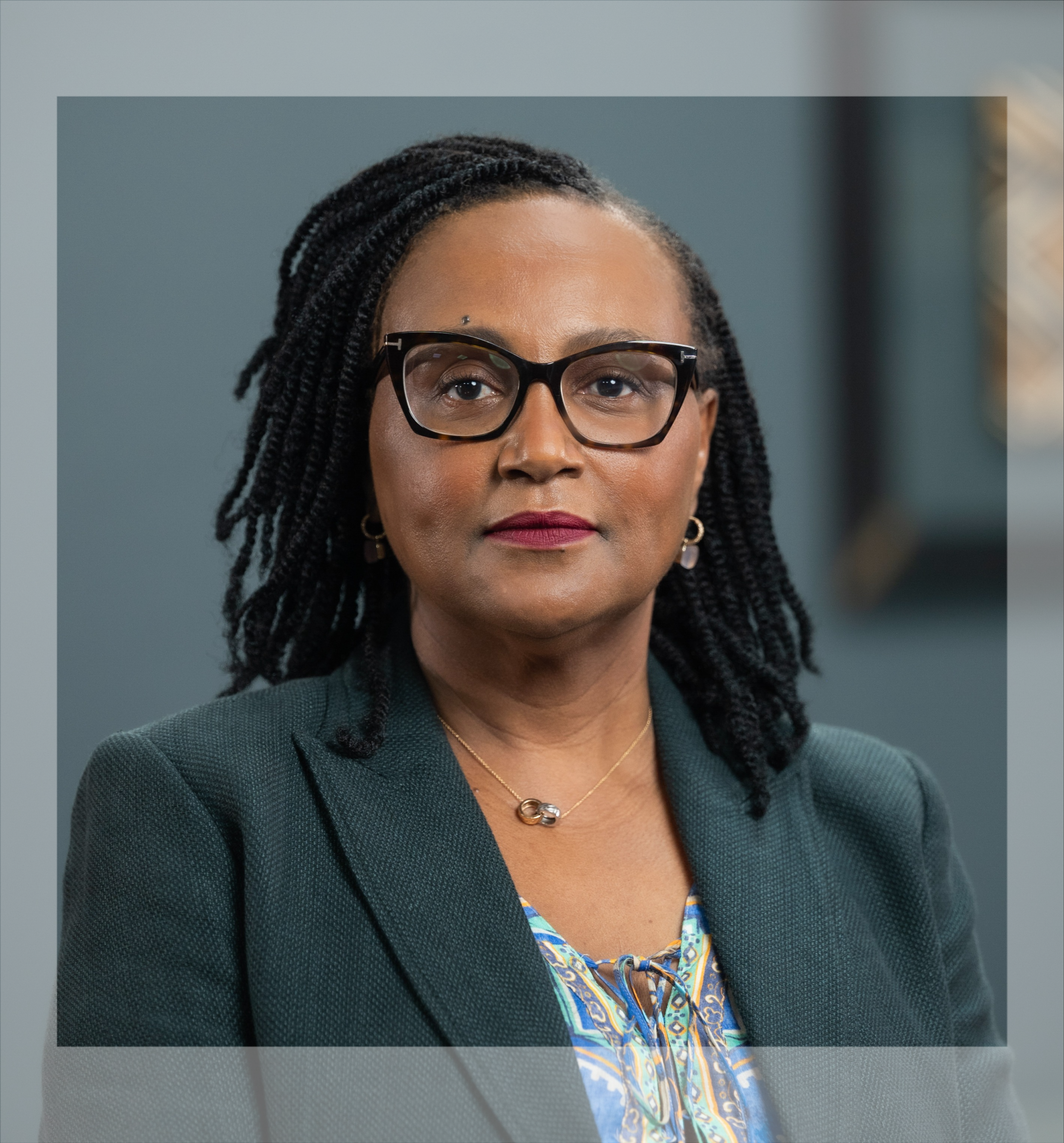
-
(GMT)CASE STUDY
How 70+ CEOs of the Africa Business Leaders Coalition (ABLC) are elevating Africa’s global voiceOpen for all attendees – but seating limited, early arrival a few mins before the start time recommended
As global dynamics continue to evolve, calls for a New Deal between the public and private sectors are growing. This session presents the Africa Business Leaders Coalition (ABLC) as a case study in how Africa’s CEOs are responding – through coordinated action on climate, gender equality, and economic transformation. Featuring leaders from the Coalition, the session will explore ABLC’s engagement in global forums like COP and UNGA, share lessons from members shaping investment and policy, and examine how Africa’s private sector can speak with one voice to shape the global directions
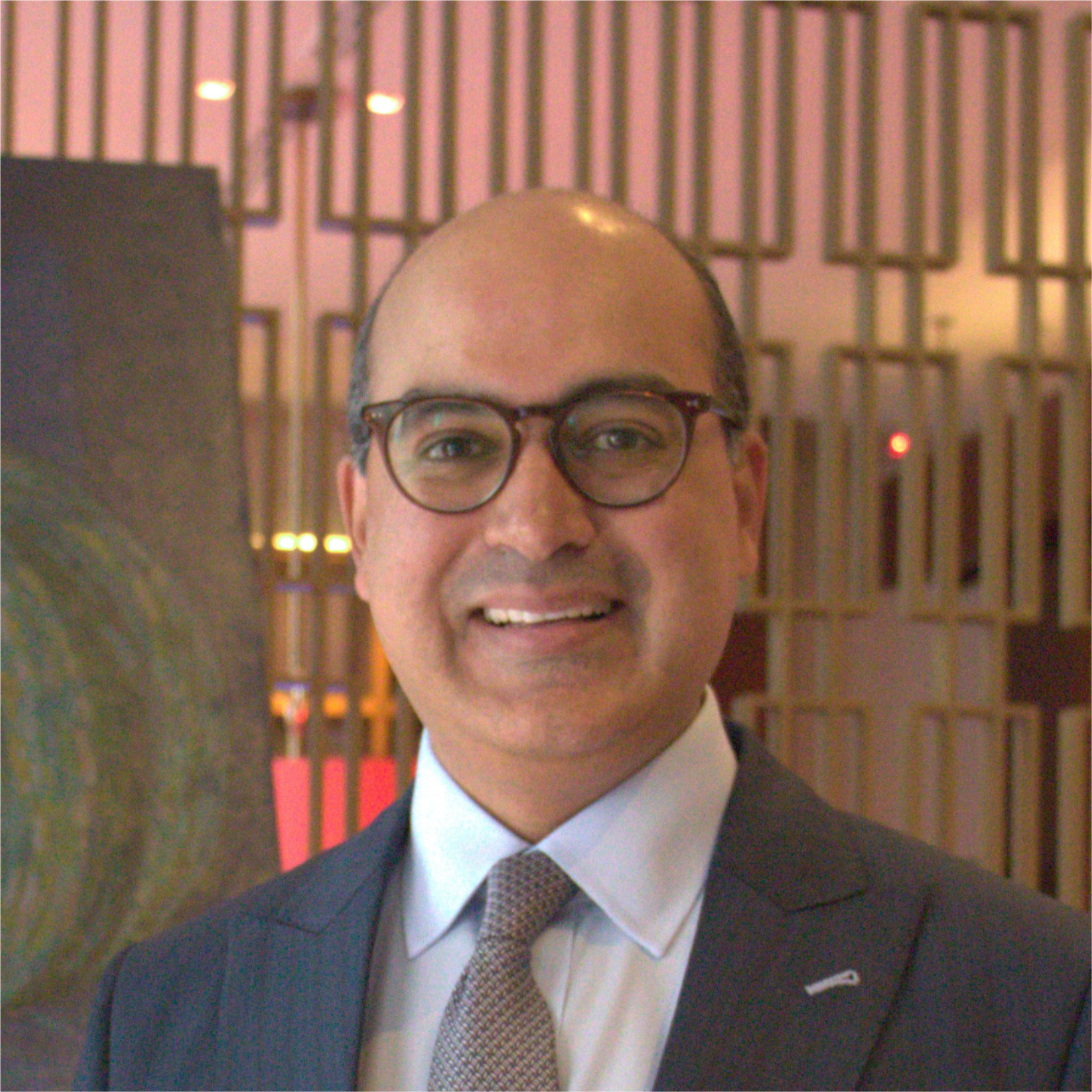




-
(GMT)PRIME MINISTERS PANEL
A New Deal: Forging win-win state-private sector partnershipsNearly two-thirds of ministers surveyed globally (60%) predict that future governments will collaborate more closely with the private sector. Yet despite legislation in almost all African states governing business-state partnerships, many private sector leaders remain dissatisfied with public policies. With rapid population growth, budgetary constraints, urgent industrialisation goals, and regional integration at stake —what collaboration models will ensure both public interest and lasting investor appeal? Prime Ministers from Cote d’Ivoire, Tanzania, Cameroon and Guinea tackle the question with The Africa Report’s Patrick Smith.
Key points:
- Smarter public policies: How can governments harness private-sector expertise in tech and strategic management?
- Could the China Development Bank model be leveraged by African development banks to fuel industrial growth?
- AfCFTA: What policy initiatives are needed to fast-track the private sector benefits?
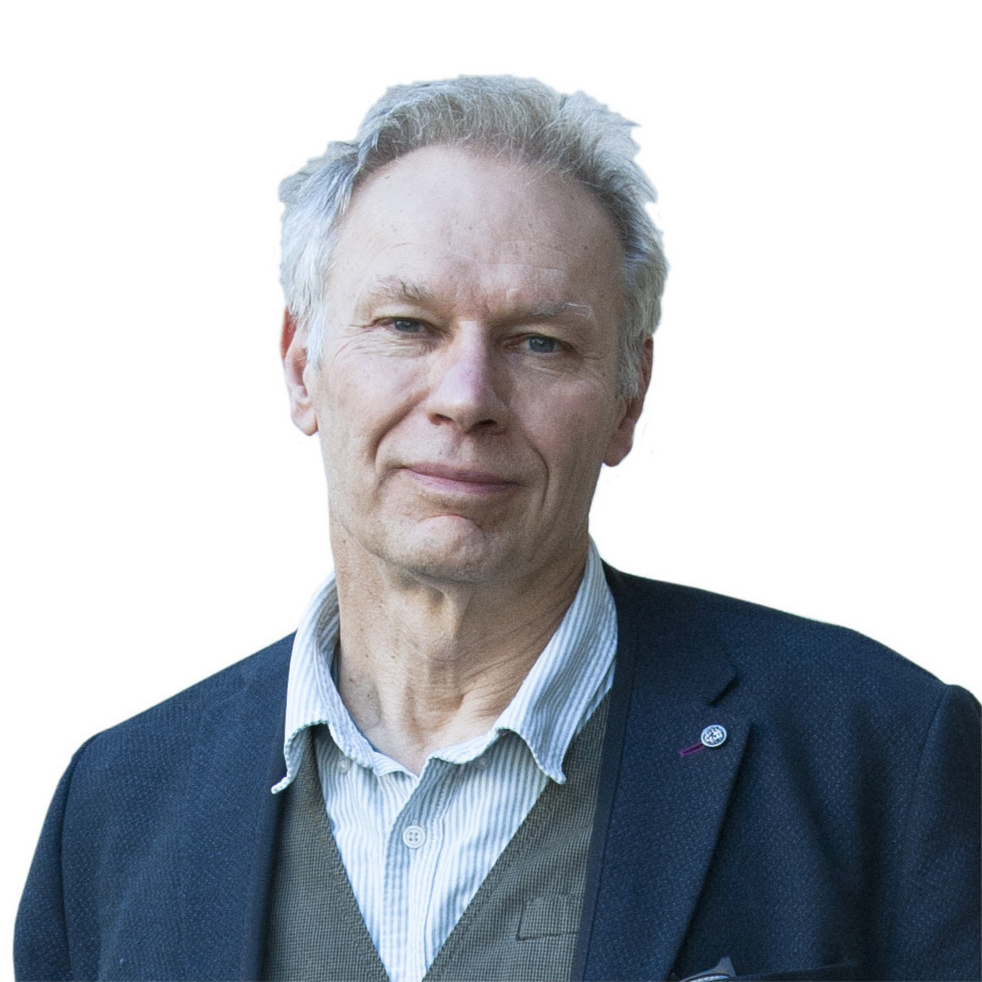


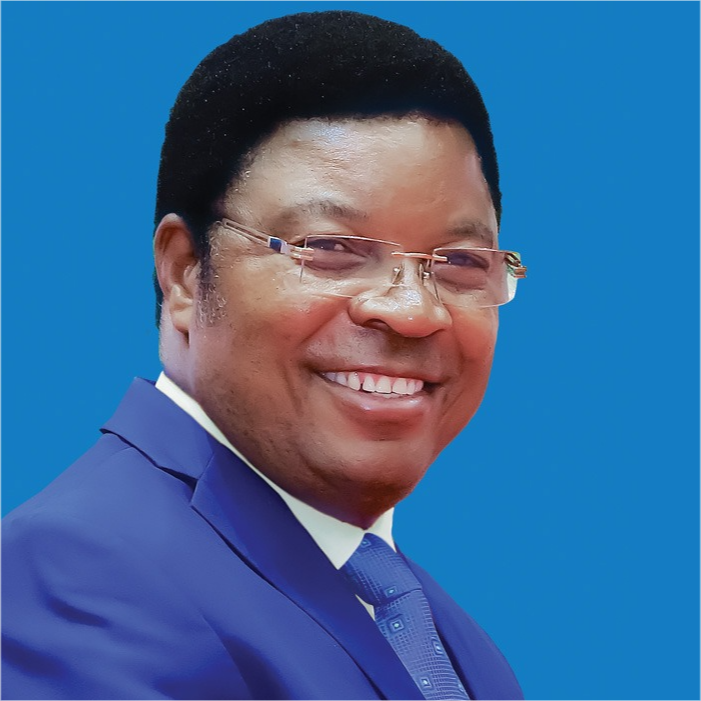
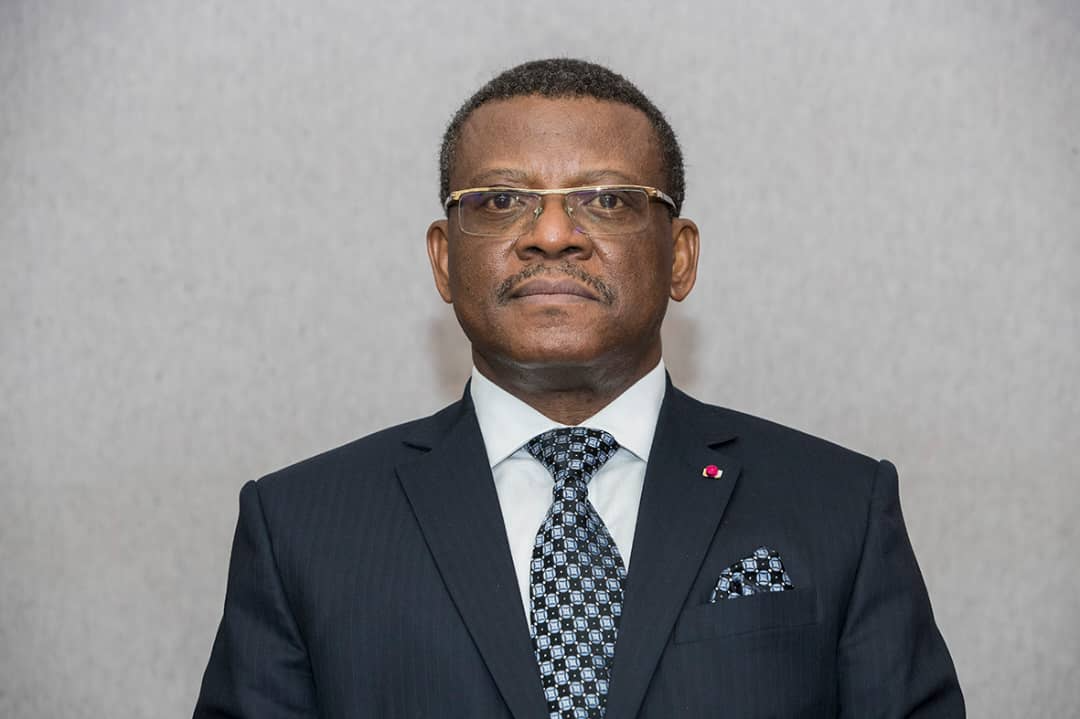
-
(GMT)HEAD-TO-HEAD
Is nuclear the right bet, or should Africa prioritise renewables?Africa’s nuclear ambitions are accelerating, with Egypt and South Africa leading the way, and emerging players like Nigeria, Ghana, Morocco, and Kenya following suit. Nuclear offers a low-carbon baseload solution, but with multi-billion-dollar price tags, enormous financing challenges, and decades-long construction timelines, its feasibility in Africa remains uncertain. On the other hand, solar and wind costs have plummeted—by 90% and 70% respectively in the past decade—offering faster deployment and attracting more private investment but facing intermittent and grid stability issues. As Africa’s energy demand is set to triple by 2050, should the continent take the nuclear leap or fast-track to renewables?

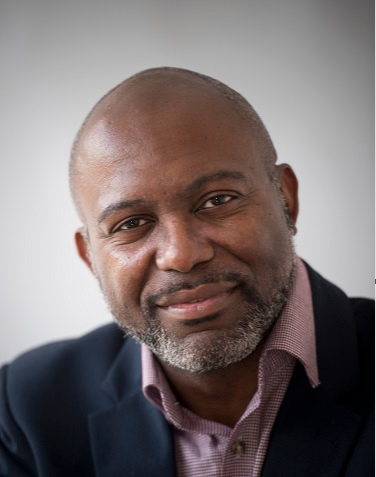
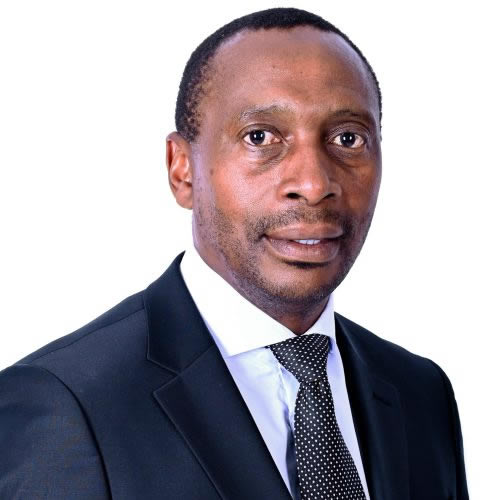
-
(GMT)Gala Dinner & Awards Ceremony

